Investigators
Find a Member
Results
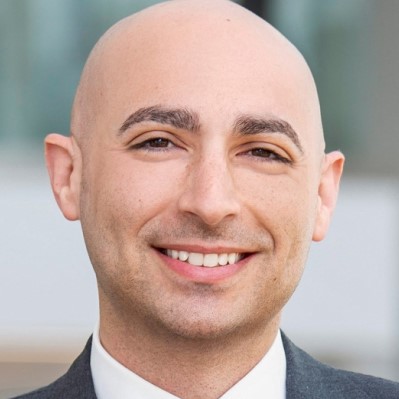
Kalil Abdullah
Program: Cancer Therapeutics
Summary
My laboratory is focused on developing novel clinical models of glioma and identifying druggable targets to facilitate early phase clinical trials. Gliomas are intensely heterogenous tumors that not only contain numerous cell types, but also demonstrate the ability to transition between different phenotypic states. This complexity has made developing model systems that recapitulate human tumor biology both difficult and essential. Traditionally, models of gliomas are 2-dimensional cell lines and only represent certain subtypes of the highest-grade glioma, glioblastoma. This is because the…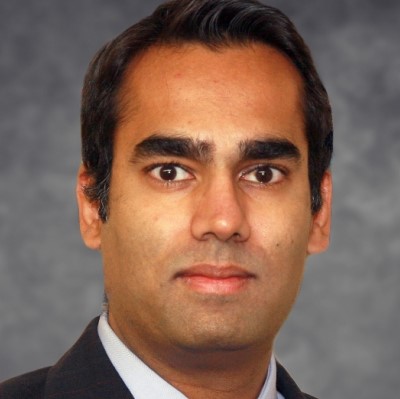
Sameer Agnihotri
Program: Cancer Biology
Summary
The lab has a focus on several topics:1) It is now appreciated that HGG glioma comprises of several molecular subgroups and that the genetics of pediatric and adult HGG are distinct. Therefore, a one size that fits all approach to therapy will not be successful. The Agnihotri Laboratory interests include using next-generation sequencing technology to identify and validate driver alterations of various HGG with a focus on DIPG and non-histone mutated RTK Glioblastoma (GBM).2) The lab also has an interest in NF1, which encodes neurofibromin, plays a critical role in negatively regulating the…
Katherine Aird
Program: Cancer Biology
Summary
The Aird lab focuses on the reciprocal regulation between cellular metabolism and the cell cycle. The interplay between cell cycle and metabolism is bidirectional, although incompletely understood. While proliferating cells require energy and biomass, metabolites can also act as signaling molecules to impact epigenetic and transcriptional programs, thereby influencing biology beyond macromolecule needs. Our lab has made fundamental discoveries into how metabolism informs proliferative cell fate decisions by studying two extremes of proliferation: cancer and cellular senescence. Both cancer…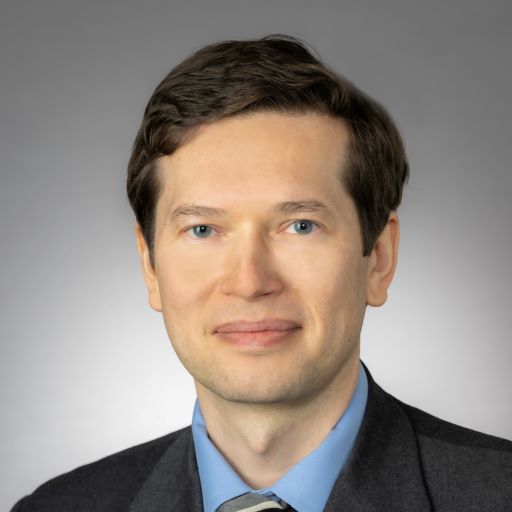
Oleg Akilov
Program: Cancer Immunology and Immunotherapy
Summary
Oleg E. Akilov, MD, PhD, is an Assistant Professor of the Department of Dermatology at the University of Pittsburgh and a Director of the Cutaneous Lymphoma Program and Extracorporeal Photopheresis Unit. Dr. Akilov directs Cutaneous Lymphoma Program providing the full spectrum of management of all stages of cutaneous lymphoma. He serves as a principal investigator on multiple clinical trials in cutaneous lymphoma. Additionally, Dr. Akilov is very enthusiastic about resident education and mentoring future…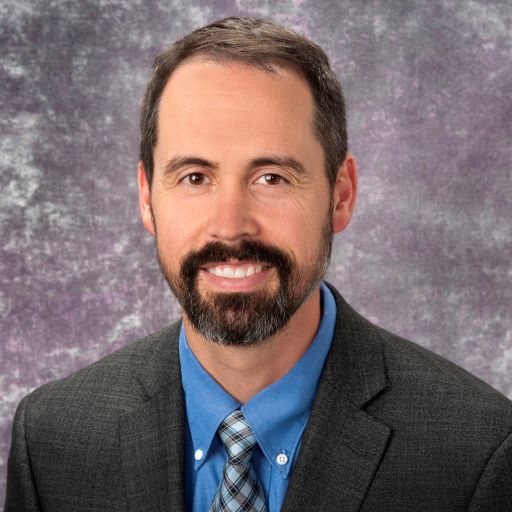
Jonathan Alder
Program: Genome Stability
Summary
My research focuses on understanding the role of telomere length in human health and disease. Telomeres are caps on the ends of each of chromosomes and shorten as we age. All cancer cells must find a way to maintain their telomeres to sustain tumor growth. Our lab investigates mechanisms that tumors use to maintain their telomeres to identify potential targets for therapeutic intervention. We hope these studies will lead to a deeper understanding of how telomere maintenance contributes to cancer pathogenesis and potentially inform rational…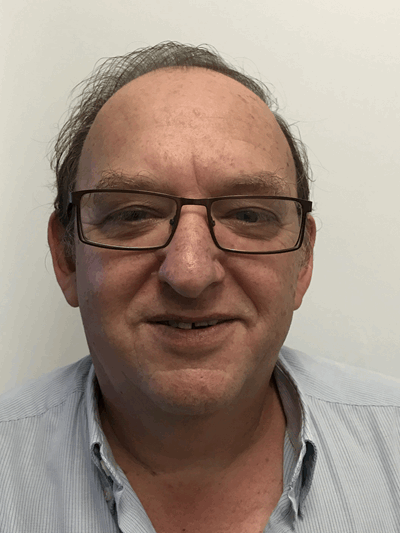
Daniel Altschuler
Program: Cancer Therapeutics
Summary
Dr. Altschuler's laboratory studies mechanisms of signal transduction by the second messenger cAMP in cell proliferation. cAMP-dependent protein kinase (PKA) and Exchange protein activated by cAMP (Epac) represent the main effectors of cAMP action. Both pathways converge at the level of the small GTPase Rap1b, via its Epac-mediated activation and PKA-mediated phosphorylation. The role of Rap1 activation (Epac) and phosphorylation (PKA) coordinating the early rate-limiting events in cAMP-dependent cell proliferation are studied using a multidisciplinary approach including molecular and…
Zandrea Ambrose
Program: Cancer Virology
Summary
Millions of people are infected with both HIV and HBV. Morbidity and mortality in HIV/HBV co-infection is higher than mono-infections and co-infection accelerates HBV-related liver disease with more frequent development of hepatocellular carcinoma (HCC), particularly when CD4 cell counts are low. Together with Dr. Haitao Guo, we are developing a murine model to study pathogenesis and HCC progression during HIV/HBV co-infection, which will be essential in evaluating mechanisms of infection as well as novel prevention methods, improved therapies, and curative…
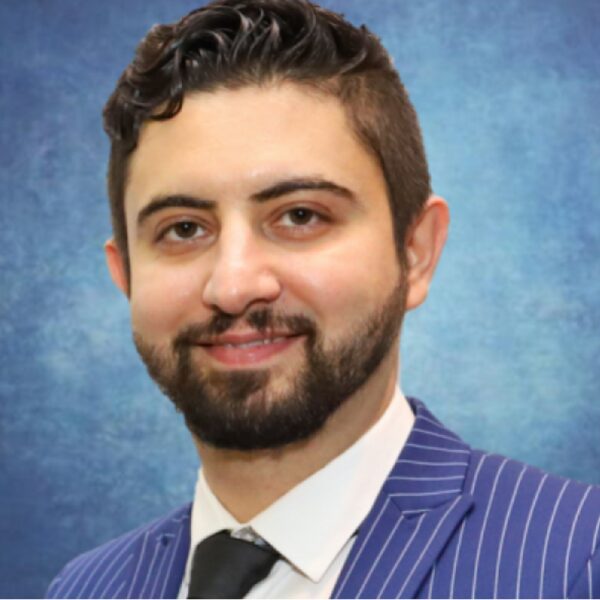
Dooman Arefan
Program: Cancer Epidemiology and Prevention
Summary
Dr. Arefan's research is dedicated to developing artificial intelligence (AI)-powered diagnostic and predictive models for a variety of diseases, including breast cancer, traumatic brain injury, and hepatocellular carcinoma (HCC). His methodology harnesses both single and multimodal medical imaging data—such as X-ray/Mammography, CT, MRI, and —combined with genetic data, demographics, and other clinical records to deepen disease understanding and advance patient…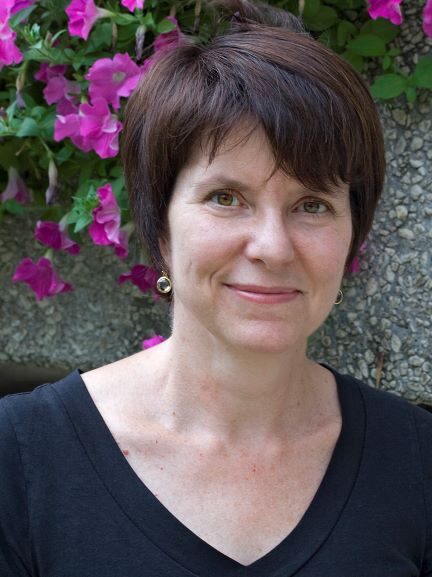
Karen Arndt
Program: Genome Stability
Summary
A fundamental question in molecular biology is how organisms interpret the vast amounts of information encoded in their genomes. The Arndt lab uses a wide range of experimental approaches to study the first step in gene expression, the synthesis of messenger RNA by RNA polymerase II, with a focus on the mechanisms that regulate transcription in the chromatin environment of a eukaryotic cell. Specific areas of interest include the mechanisms that couple histone modifications to active transcription, the coordination among different epigenetic modifications and their impact on…

Kelly Bailey
Program: Cancer Biology
Summary
Dr. Bailey studies pediatric sarcoma biology. Specifically, Dr. Bailey's lab focuses on understanding the intersection of DNA damage and immunobiology in Ewing sarcoma. She is involved nationally in the Children's Oncology Group Bone Tumor Committee and is national Vice Chair of the COG clinical trial AOST2121.
Christopher Bakkenist
Program: Genome Stability
Summary
Radiation therapy and many chemotherapies induce DNA damage. These therapies work because cancer cells divide more rapidly than normal cells and cancer cells acquire mutations that change their DNA damage responses and DNA repair mechanisms. Nevertheless, radiation and DNA damaging chemotherapies may not generate long-term responses as the dose of DNA damage required to kill all cancer cells may kill too many normal cells – dose limiting toxicity. The Bakkenist Lab studies how pharmacologic DNA damage response inhibitors can be used to increase the damage induced in cancer cells and…
Marija Balic
Program: Cancer Therapeutics
Summary
The main focus of my research is evaluation of technologies for circulating tumor DNA analyses and its implementation in clinical trials for metastatic and early stage breast cancer patients. Thereby the greatest challenge is hormone receptor positive disease. The technologies encompass next generation sequencing with focus on known alterations and genomic changes, but also evaluation of new approaches for understanding therapy resistance. Findings from ongoing analyses of peripheral blood of metastatic breast cancer patients under different treatment lines will hopefully lead to…
Riyue Bao
Program: Cancer Biology
Summary
Using a combination of multi-omics data integration, machine learning, and computer vision-assisted pathology image recognition, Dr. Bao’s work bridges methodological advances and biomedical applications with a direct impact on accelerating the knowledge discovery to new clinical trials that could benefit patients. Her lab focuses on the data-driven discovery of resistance mechanisms to cancer immunotherapy, with major contributions to the identification of WNT/ß-catenin activation as the first tumor-intrinsic mechanism that drives immune exclusion, commensal microbiome as the…
Parul Barry
Program: Cancer Therapeutics
Summary
Dr. Barry is interested in breast and gynecologic cancer research specifically related to precision radiation therapies to kill cancer. Dr. Barry is a board-certified radiation oncologist and an Associate Professor of Radiation Oncology at UPMC Hillman Cancer Center at UPMC Magee-Womens Hospital.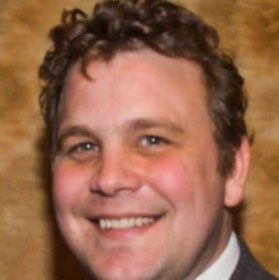
Todd Bear
Program: Biobehavioral Cancer Control
Summary
Currently I work in cancer surveillance via survey methods to investigate factors related to disparities in cancer prevention, access to treatment, quality of life, and cancer-related protective and risk factors across the lifespan. As the Director of the HCC’s Population Survey Facility, I envision collaborations with HCC members that will ultimately result in interdisciplinary work through a population health lens focusing specifically on reducing cancer related health disparities in the HCC catchment…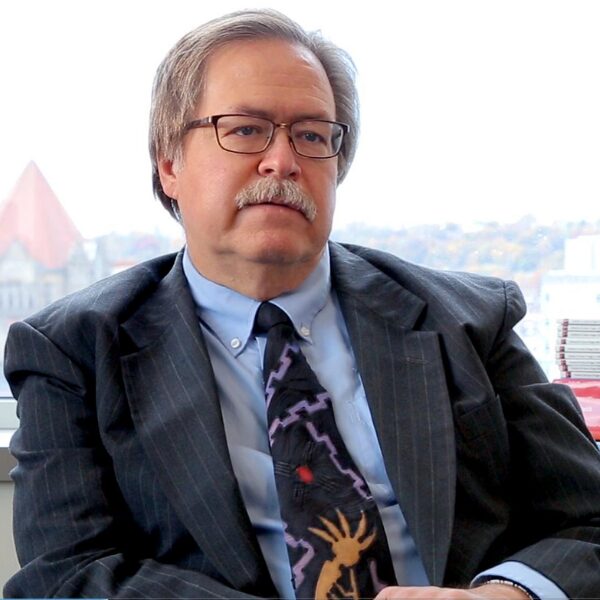
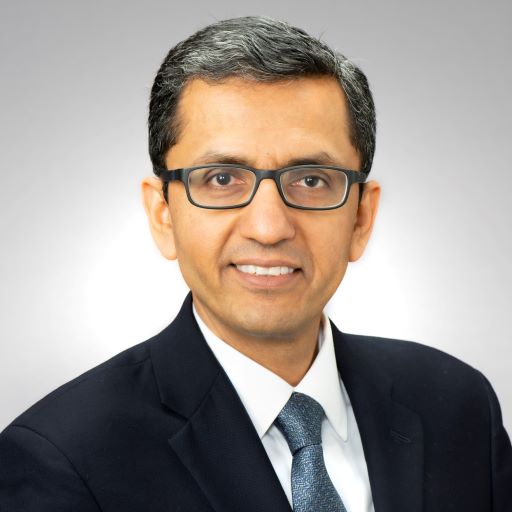
Jaideep Behari
Program: Cancer Epidemiology and Prevention
Summary
My research is focused on metabolic dysfunction-associated steatotic liver disease (MASLD), the most common chronic liver disease in the US, which is closely associated with obesity, Type 2 diabetes, and the metabolic syndrome. I am particularly interested in patient-centered studies on new drug development, risk stratification strategies for MASLD at the population and individual level, and approaches to decreasing risk of liver disease progression to cirrhosis and liver cancer in high-risk patient…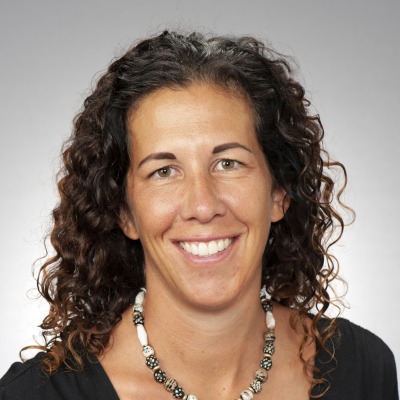
Juliane Beier
Program: Cancer Biology
Summary
One of the major long-term research goals of my group is to explore the mechanisms by which environmental exposures increase the risk of liver disease and cancer in experimental and translational studies. Specifically, we explore the role of vinyl chloride (VC) exposure (at concentrations below the safety regulations) in the development of hepatocellular carcinoma (HCC). Although high occupational exposures to VC can directly cause liver injury and cancer, these studies have not considered interactions of low concentrations of VC with risk-modifying factors. We have demonstrated enhanced…
Sarah Belcher
Program: Biobehavioral Cancer Control
Summary
Dr. Belcher is an Assistant Professor of Nursing with a secondary appointment in the School of Medicine. Her research focuses on understanding and improving health outcomes among patients with cancer. Her current research is examining multi-level predictors and outcomes of different phases of adherence to oral anticancer medications among patients with hematologic malignancies (R01CA292925). In addition to the National Cancer Institute, her research and training have been supported by the National Institute of Nursing Research (K23NR019296), the American Cancer Society, the Robert Wood…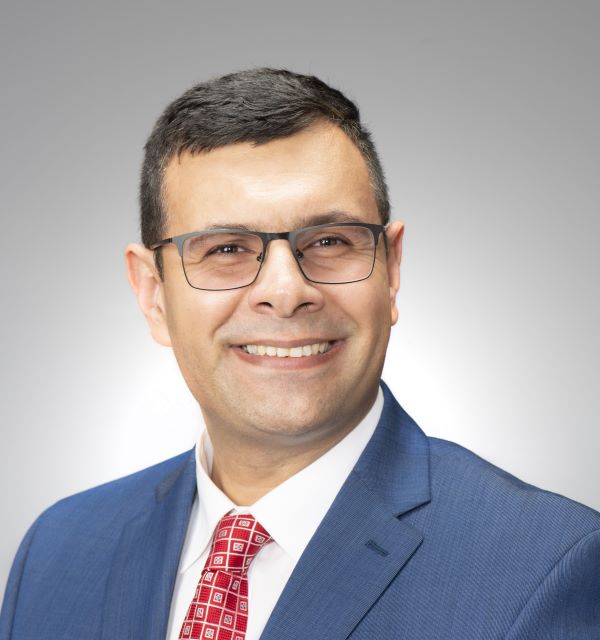
Kambez Benam
Program: Cancer Biology
Summary
My lab is focused on development of human Organs-on-Chips (microphysiological systems) and bioinspired robotics in the context of lung and immune pathophysiology. I am interested in applying our Organ-on-a-Chip models to emulate cancer pathobiology preclinically and utilize these platforms for target discovery / therapeutic testing.
Wendie Berg
Program: Cancer Epidemiology and Prevention
Summary
Dr. Berg’s research interests include contrast-enhanced mammography or MRI for improved screening, comparative effectiveness of new technologies in breast imaging, and artificial intelligence to improve breast ultrasound performance. Her clinical interests include supplemental screening for breast cancer based on risk and breast density, implementing new technologies, standardizing interpretive criteria, and educating referring providers on breast density and optimal screening. Dr. Berg is the Chief Scientific Advisor for DenseBreast-info.org and holds the Bernard F. Fisher Chair for…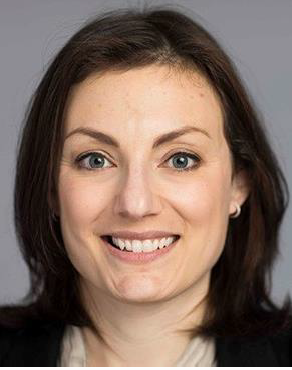
Andrea Berman
Program: Cancer Biology
Summary
My research focuses on understanding RNA-binding proteins direct the translation regulation of specific classes of mRNAs. To do this, we will utilize complementary biochemical, structural, and biophysical techniques.
Robert Binder
Program: Cancer Immunology and Immunotherapy
Summary
Our research interests are focused on the mechanisms of cross-priming of antigens during immune responses to cancer, viruses and autoimmunity. The pursuit of this research area stems from the observations that in many situations, heat shock proteins (HSPs) are both necessary and sufficient for cross-presentation. HSPs are adept at this because of several unique properties, including their ability to: chaperone peptides; bind to HSP receptors (CD91) for endocytosis; and stimulate immune cells to up-regulate costimulation. HSPs thus elicit remarkable immune responses specific for the peptides…
David Boone
Program: Cancer Biology
Summary
My research interest is focused on lncRNAs in breast cancer. I have strong collaborations with other members of the cancer center including Drs. Adrian Lee, Steffi Oesterreich, Partha Roy, and Uma Chandran. However, my primary role in the cancer center will be centered around training and diversity. I am the Director of the NCI (R25) and DDCF funded Hillman Academy that organizes ~70 internships to high school students annually with a special focus on training underrepresented minorities. I am also the vice chair of the education and training committee for the cancer…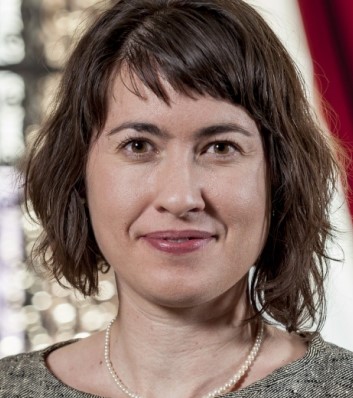

Dana Bovbjerg
Program: Biobehavioral Cancer Control
Summary
Interdisciplinary studies of: biobehavioral factors in cancer; the emotional, cognitive, behavioral, and biological consequences of breast cancer risk; the contribution of biobehavioral factors to side effects of medical treatments (surgery, chemotherapy, radiotherapy) and interventions that may ameliorate those effects; interactions between psychological and genetic factors in persistent smoking behavior; and, psychological influences on cancer screening…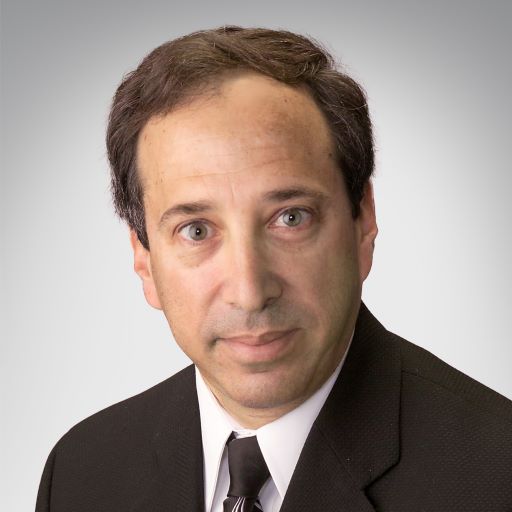
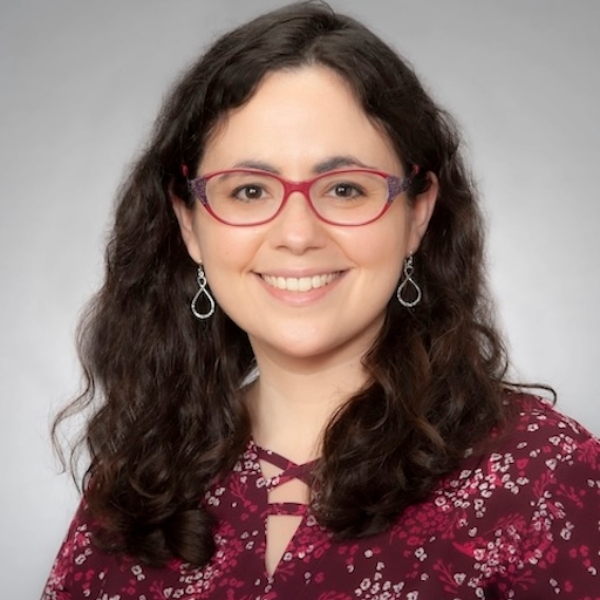
Erica Braverman
Program: Cancer Immunology and Immunotherapy
Summary
My research has focused on mechanisms to enhance cellular immunotherapies for cancer. My work thus far has centered on the role of AMP-activated protein kinase (AMPK) in metabolically optimizing Chimeric antigen receptor (CAR)T cells for the in vivo environment. I currently work with Dario Vignali to continue my efforts to optimize CART protocols by studying the impact of inhibitor receptors on CART function in both adult and pediatric models of cancer. I will also continue my work with AMPK and efforts towards metabolic optimization of CARTs using models of pediatric…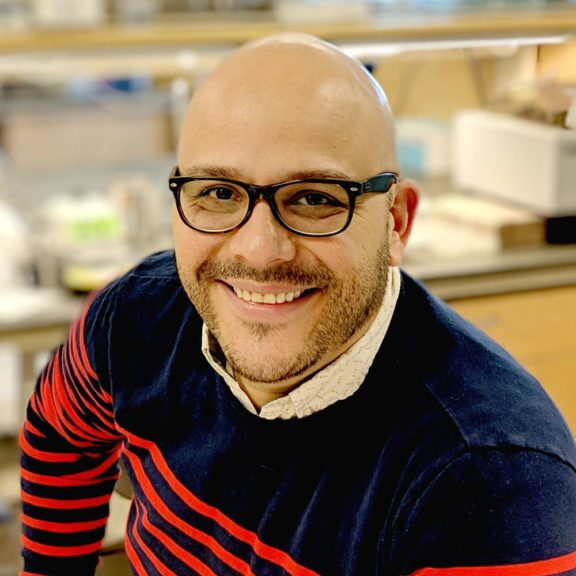
Miguel Brieno-Enriquez
Program: Genome Stability
Summary
Research in the Brieno-Enriquez lab focuses on the regulation of gametogenesis in human and mouse and, more specifically, the fundamental mechanisms that are required to produce viable germ cells. Our studies include the analysis of all the different stages of germs cells including primordial germ cells (PGCs), spermatocytes, oocytes, as well as how age affects them. Our long-term goal is to test our overarching hypothesis that gene expression, epigenetic clock, and chromatin structure in the naked mole-rat can be hijacked for use in other species, allowing us to regulate the…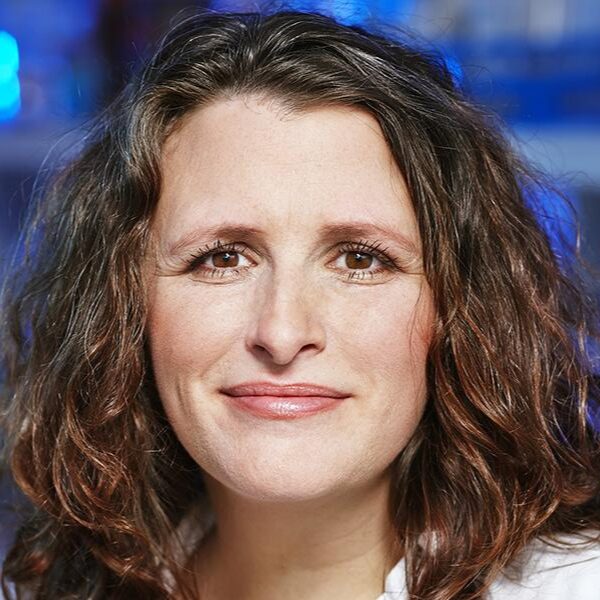
Simone Brixius-Anderko
Program: Cancer Therapeutics
Summary
Research in my laboratory is focused on cytochrome P450 enzymes (P450), their role in human health and disease, and their potential as drug targets. While most studies focus on steroidogenic P450 enzymes as drug targets for prostate and breast cancer treatment, my goal is to evaluate the potential of targeting fatty acid metabolizing P450 enzymes for cancer therapy. I am particularly interested in the CYP4F enzyme family of fatty acid -hydroxylases which, according to our findings, are upregulated in several cancer type. CYP4F enzymes are involved in the metabolism of arachidonic acid to…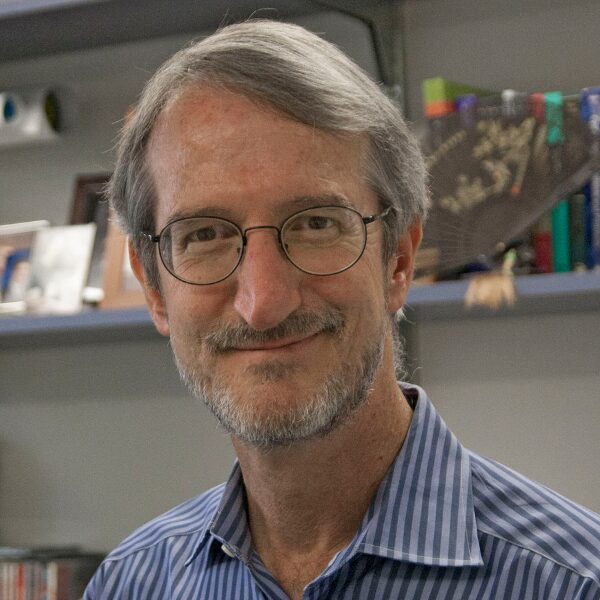
Jeffrey Brodsky
Program: Genome Stability
Summary
Our work focuses on understanding: (1) how misfolded proteins are recognized and destroyed in normal and tumor cells, (2) how molecular chaperones mediate protein quality control “decisions”, (3) how protein quality control pathways can be targeted in disease models, and (4) how cellular stress responses (such as the Unfolded Protein Response, UPR) affect protein biogenesis and homeostasis, especially in cancer. The pursuit of these goals has employed biochemical, cell biological, and genetic tools using a range of models, including yeast, cell culture, and rodents. Our early work…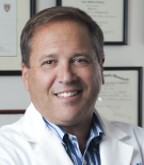
Adam Brufsky
Program: Cancer Therapeutics
Summary
Dr. Brufsky's research interests include novel clinical therapeutics for breast cancer, bone-breast cancer interactions and therapeutics, molecular biology of metastatic breast cancer, and novel management strategies for metastatic breast cancer. Dr. Brufsky manages approximately 30 clinical trials investigating various aspects of breast cancer etiology and treatment. His main clinical interests are in breast cancer medical oncology with a particular interest in metastatic breast…
Tullia Bruno
Program: Cancer Immunology and Immunotherapy
Summary
Immunotherapy, specifically anti-PD1, has improved patient survival in a range of tumor types including head and neck squamous cell carcinoma (HNSCC) and non-small cell lung cancer (NSCLC). Despite the success of anti-PD1 therapy, only 20% of patients produce a durable response to this treatment. Further, there are some solid tumor types i.e. ovarian cancer, which yield very little therapeutic benefit from current standard of care immunotherapies. Thus, a need exists to develop additional therapeutic strategies to treat these patients, which includes evaluation of other tumor infiltrating…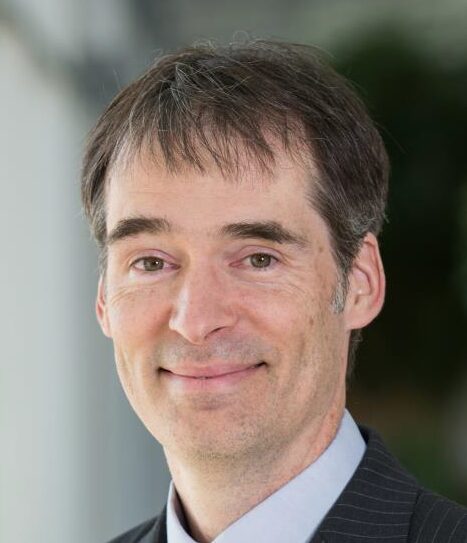
Ronald Buckanovich
Program: Cancer Biology
Summary
Ovarian cancer is a disease that has high rates of resistance to both chemotherapy and immunotherapy. This therapeutic resistance drives a poor prognosis for patients with ovarian cancer. A primary focus of my group is to understand therapeutic resistance and develop therapeutic approaches to overcome this resistance. We are working to understand both cancer cell inherent mechanisms of therapeutic resistance and how interactions with host cells in the tumor microenvironment increase therapeutic resistance. We are currently focusing on understanding the biology of a…
Andrew Bukowinski
Program: Cancer Therapeutics
Summary
Dr. Bukowinski is an assistant professor of pediatrics at the University of Pittsburgh School of Medicine. He cares for patients with a variety of oncologic diagnoses covering the spectrum of solid tumors, leukemia, and neuro-oncology. He serves as the UPMC Children's Hospital of Pittsburgh site Primary Investigator for the Pediatric Early Phase Clinical Trials Network (PEP-CTN) for clinical trials for the Children’s Oncology…
Hailey Bulls
Program: Biobehavioral Cancer Control
Summary
The mission of my research is to improve pain management and quality of life for patients with cancer. am currently funded by the Pitt CTSI KL2 to explore stigma around prescription opioids in adults with advanced cancer, who often have high rates of moderate-to-severe pain and prescription opioid exposure. The second aim of my work is to identify patients at risk for cancer-related pain and neuropathy as early as possible in order to improve access to effective pain management resources. In addition to my own research, I collaborate closely with my mentors Dr. Yael Schenker…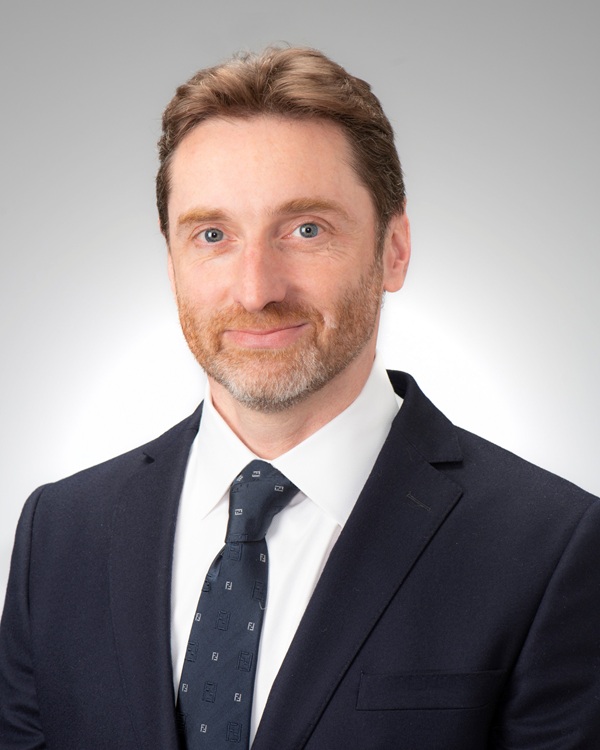
Yuri Bunimovich
Program: Cancer Immunology and Immunotherapy
Summary
Dr. Bunimovich is an Associate Professor in the Departments of Dermatology and Immunology at the University of Pittsburgh and the UPMC Hillman Cancer Institute, and a faculty member of the Oncology, Immunology, Molecular Pharmacology and Cellular & Molecular Pathology graduate programs. He obtained PhD in Chemistry and Chemical Engineering from the California Institute of Technology, and MD from UCLA where he also completed postdoctoral fellowship in tumor immunology at the Crump Insitute for Molecular Imaging. Dr. Bunimovich's research program is focused on the neuroimmune…
Melissa Burgess
Program: Cancer Therapeutics
Summary
My research is focused on clinical and translational studies of soft tissue and bone sarcomas. Currently, I am investigating an immunotherapy utilizing an anti-PD1 inhibitor for patients with advanced sarcomas. In the future, I plan to further study novel immunotherapeutic approaches for advanced sarcomas, particularly with combinatorial strategies.
Carlos Camacho
Program: Cancer Biology
Summary
Dr. Camacho’s main research interests focus on modeling the physical interactions responsible for molecular recognition, and in the development of new technologies for structural prediction, their substrates, and supramolecular assemblies. Any progress in these fundamental problems is bound to bring about a better understanding of how proteins work cooperatively in a cell, promoting breakthroughs in every aspect of the biological sciences. Dr. Camacho has multiple patents in cancer and cancer-related…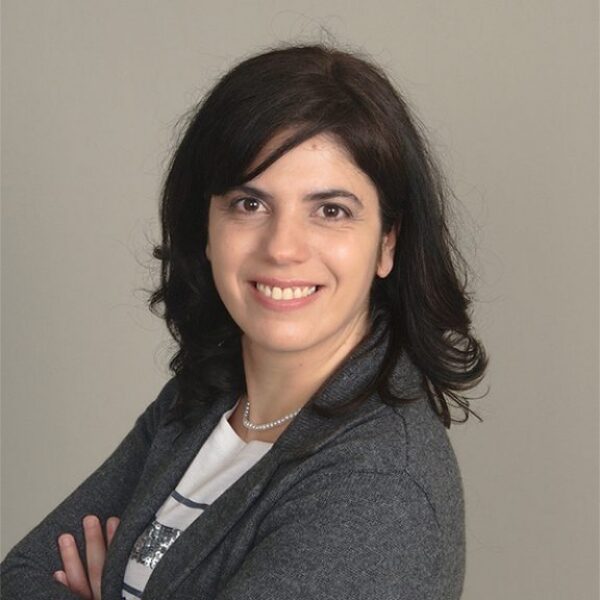
Sandra Cascio
Program: Cancer Immunology and Immunotherapy
Summary
My laboratory investigates the intercellular communications between stroma, tumor cells and immune cells within the tumor microenvironment. I am particularly focused on gaining a better understanding of how factors, secreted by stromal and tumor cells, modulate the immunosuppressive activities of tumor-associated myeloid cells, driving resistance to immunotherapies. Using mouse models of ovarian cancer and clinical samples, my long-term goal is to identify novel therapeutical approaches to enhance anti-tumor…
Jane Cauley
Program: Cancer Epidemiology and Prevention
Summary
Dr. Cauley's primary research interest is the epidemiology of osteoporosis, osteoporosis treatment and the consequences of osteoporosis in both men and women. She also has a major interest in breast cancer and served on the American Society of Clinical Oncology Writing Group about the use of bisphosphonates in women with breast cancer. Her other research has focused on women's health and aging, falls, the interaction between endogenous and exogenous hormones, risk factors, inflammation, and disease outcomes. She examines the physiological changes that occur across the menopausal…
Uma Chandran
Program: Cancer Biology
Summary
I direct the Genomics Analysis Core, a Health Science shared resource and co-direct the Cancer Bioinformatics Services (CBS) for UPMC Hillman Cancer Center. The GAC and CBS’s aims are to 1) provide genomics data analysis, 2) support team science projects such as consortia projects with computational infrastructure for analysis, storage and sharing of large genomics datasets, 3) assist with University of Pittsburgh initiatives for genomics education. GAC and CBS are an interdisciplinary collaboration between my team, the Department of Biomedical Informatics faculty with…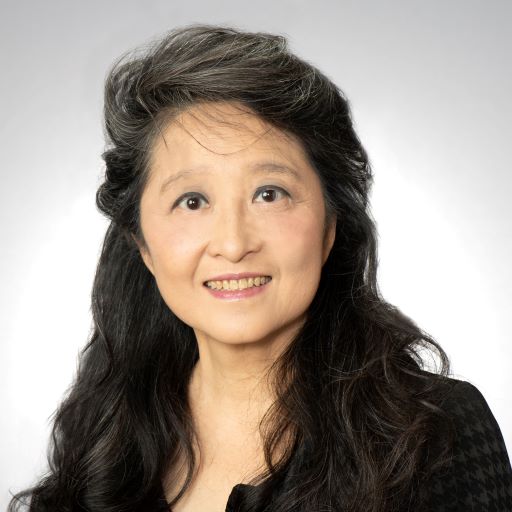
Yuan Chang
Program: Cancer Virology
Summary
The Chang-Moore Laboratory at the Hillman Cancer Center, led by Patrick Moore and Yuan Chang, has focused on human tumor viruses. We identified Kaposi sarcoma-associated herpesvirus (KSHV/HHV8) and established its link to Kaposi sarcoma, a common AIDS-related cancer in the U.S. and parts of Africa. We sequenced the KSHV genome, developed serologic assays, assessed its prevalence, and characterized key viral oncoproteins. Recently, we discovered Merkel cell polyomavirus (MCV), and established its causal role in ~80% of MCC. We characterized the early T antigen oncoproteins…
Lujia Chen
Program: Cancer Biology
Summary
Dr. Chen’s research concentrates on developing machine learning methods, especially deep learning models (DLMs) (e.g. Deep Neural Networks, Boltzmann Machine, and topic modeling), to study cancer cell signaling systems, disease mechanisms and cancer pharmacogenomics. Dr. Chen uses the concise representations learned from the DLM with the causal inference to guide the identification of molecular signatures/biomarkers and predicts the clinical outcomes including drug sensitivity and patient survival. Based on Dr. Chen’s strong research background in bioinformatics, biomedical…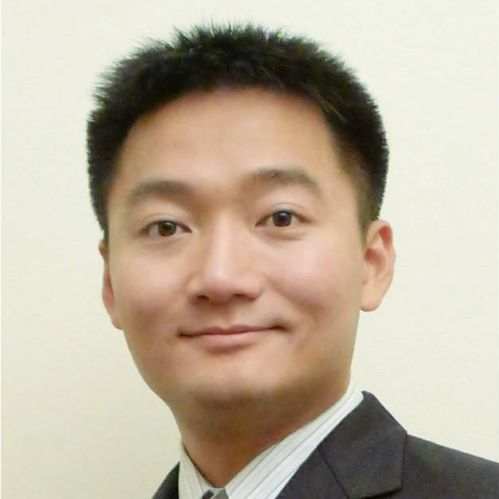
Yu-Chih Chen
Program: Cancer Biology
Summary
Due to genomic and epigenetic instability of cancer cells, inter-patient and intra-patient heterogeneity in tumors creates formidable challenges in identifying optimal treatments. To address the challenges, I aim to establish comprehensive high-throughput multi-omics single-cell analysis including genome, epigenome, transcriptome, proteome, functional, and morphological methods. With large amounts of data collected from high-throughput single-cell multi-omics analysis, machine learning techniques can predict patient prognosis and suggest treatments for precision medicine. The integrated…
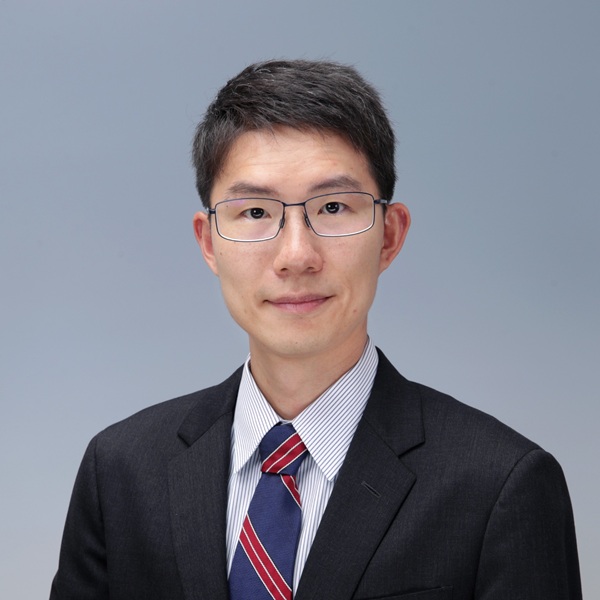
Yu-Chiao Chiu
Program: Cancer Therapeutics
Summary
Dr. Yu-Chiao (Chris) Chiu’s laboratory focuses on systematically modeling genomics and pharmacogenomics to gain a deeper understanding of cancer biology and improve cancer therapy. His team actively develops and applies deep learning methods and large language models to decode complex molecular data and accelerate translational cancer research. Dr. Chiu was honored with the 2022 Hillman Early-Career Fellowship for Innovative Cancer Research and received the Rising Star Award from the IEEE-EMBS International Conference on Biomedical and Health Informatics in 2024. His research has been…
Serah Choi
Program: Genome Stability
Summary
I am a radiation oncologist whose clinical interest is in advancing care for patients with central nervous system tumors. My laboratory research is specifically on targeting a glucose transporter as a radiosensitizer for brain tumors.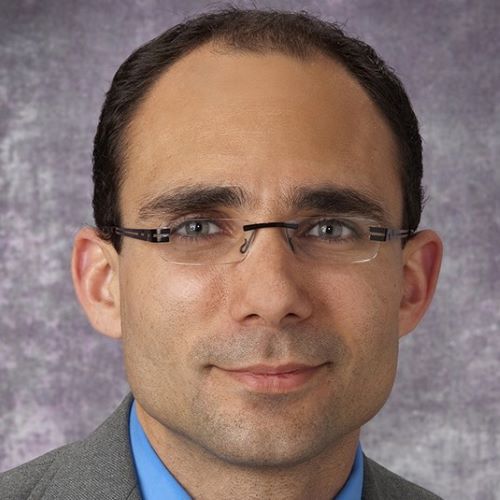
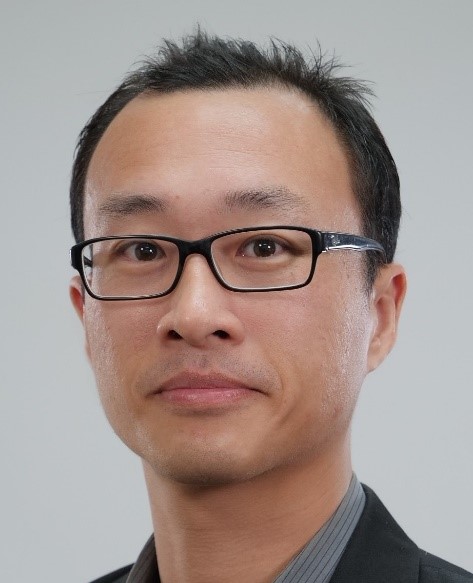
Kar-Hai Chu
Program: Biobehavioral Cancer Control
Summary
My long-term goal is to develop a program of research focused on preventing tobacco-related cancer mortalities. I have a diverse background in computer science, social network analysis, online social media, and cancer prevention. The focus of my research has been leveraging innovative technologies to study tobacco control. My recent projects include exploring the presence of tobacco companies on social media and analyzing their behavior and strategies in marketing; studying the diffusion of anti-vaccination topics online; interventions for electronic cigarette use by adolescents; modeling new…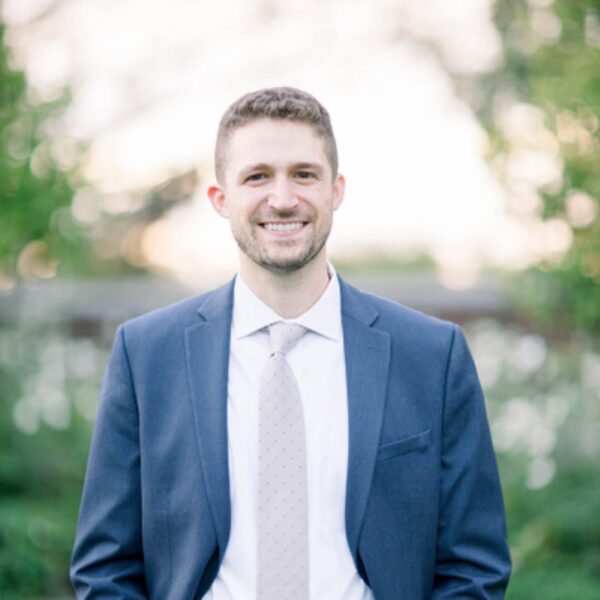
Anthony Cillo
Program: Cancer Immunology and Immunotherapy
Summary
The Cillo Lab focuses on understanding how immune cells make cell fate decisions, how intercellular communication influences these cell fate decisions, and the ways in which cell-cell interactions shape community dynamics in the tumor microenvironment. To address these questions, we are utilizing high-dimensional systems based approaches including spectral flow cytomtery, single-cell RNAseq and spatial transcriptomics in the context of patients with solid tumors such as head and neck cancer, sarcoma, and melanoma among others. Defining the contributions of individual immune populations and…
Amanda Clark
Program: Cancer Biology
Summary
Dr. Clark investigates liver metastasis, focusing on the molecular mechanisms of metastatic dormancy and recurrence. Her lab uses a 3D ex vivo hepatic microphysiological system to study metastatic progression, identify biomarkers, and uncover therapeutic targets for preventing recurrence. Ongoing research efforts are exploring extracellular vesicle-mediated crosstalk in the metastatic…
Lan Coffman
Program: Cancer Biology
Summary
I am a physician scientist focused on improving outcomes in ovarian cancer through studying and targeting the ovarian stromal tumor microenvironment. I study how a progenitor stromal cell, the mesenchymal stem/stromal cell, promotes cancer initiation, growth, metastasis and therapy resistance.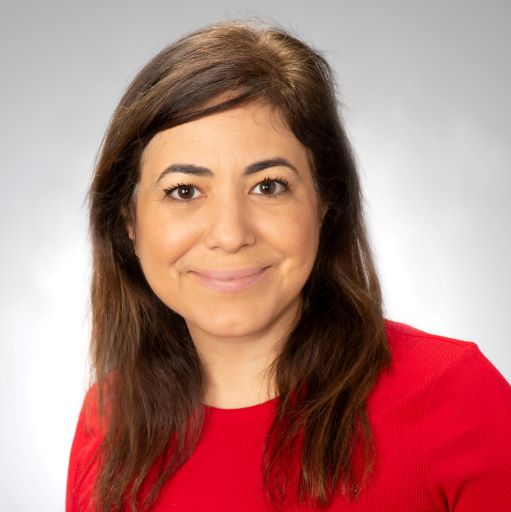
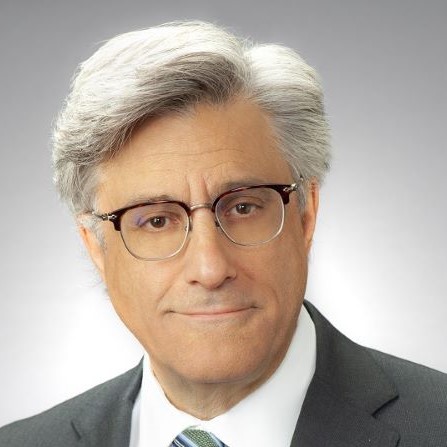
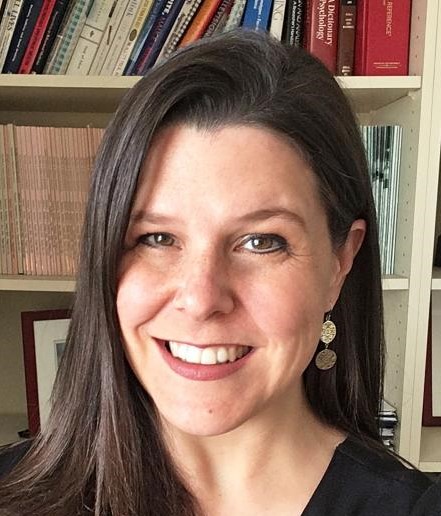
Cynthia Conklin
Program: Biobehavioral Cancer Control
Summary
In her research, Dr. Conklin is applying a translational perspective to the investigation of subjective, physiological, and behavioral reactivity to drug-related cues in adult smokers, and on identifying the types of cues and other environmental contexts that have the greatest impact on smoking maintenance and cessation. She has served as the Principal Investigator for five federally funded grants, including a current project that examines tDCS brain stimulation + an Approach / Avoidance Task to reduce the impact of personalized smoking cues on smoking behavior and relapse. The long-term goal…
Yvette Conley
Program: Biobehavioral Cancer Control
Summary
Dr. Conley’s research interests are in the field of molecular genetics. She has a fully equipped molecular genomics laboratory located within the School of Nursing, and her lab is involved with several research projects. Her current research focuses on genomic and epigenomic studies of patient outcomes after traumatic brain injury, stroke, and therapeutic interventions for cancer, as well as genomic studies of age-related macular…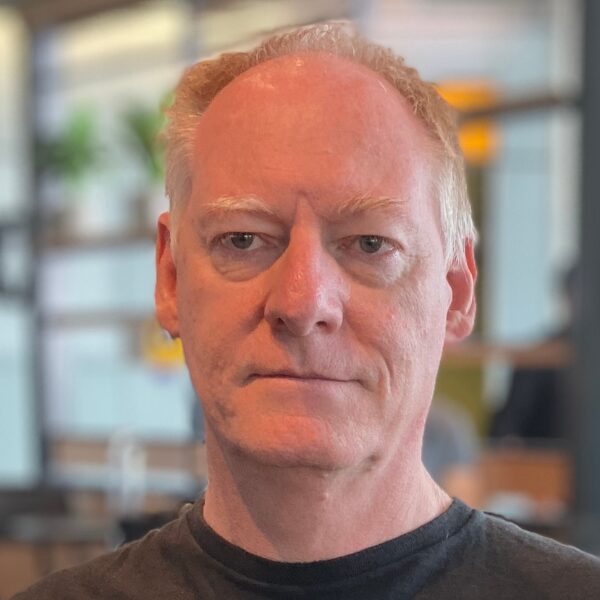
James Conway
Program: Cancer Virology
Summary
I study the structure and function of macromolecular complexes, such as virus capsids, using cryo-electron microscopy (cryoEM) to detail protein folds and interfaces. The resolution achieved by cryoEM depends on the sample, and we routinely aim for 3-5 Ångstroms but in some cases can reach below 2 Å resolution. Systems currently being studied include herpesviruses and dsDNA bacteriophages such as HK97, lambda, D3, T5 and others. These tailed phages have important structural similarities with each other and with animal viruses such as herpesvirus, indicating a long…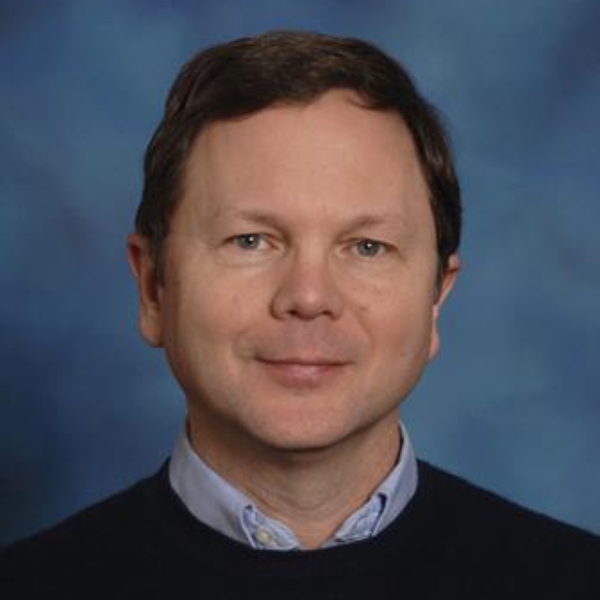
Gregory Cooper
Program: Cancer Biology
Summary
Dr. Cooper is Distinguished Professor, UPMC Endowed Chair, and Vice Chair of Research in the Department of Biomedical Informatics, with a secondary appointment in the Intelligent Systems Program. His research focuses on the development and application of methods for probabilistic modeling, machine learning, Bayesian statistics, and artificial intelligence to help advance biomedical research and clinical care. He has published over 200 peer-reviewed papers on these and related topics. His current projects include causal discovery from observational and experimental biomedical and…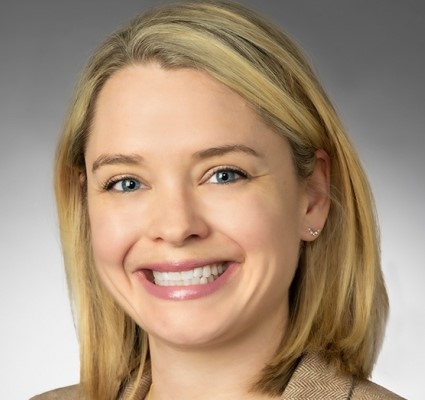
Jessica Daley
Program: Cancer Biology
Summary
Dr. Daley is a junior faculty physician scientist in the Division of Pediatric Hematology-Oncology with a research focus on the immunobiology of pediatric sarcomas. Her current research focuses on Ewing sarcoma and understanding the tumor immune microenvironment of this rare, aggressive adolescent and young adult cancer. In addition to her translational research in Ewing sarcoma, Dr. Daley also helps to lead the Adolescent and Young Adult oncology working group, a shared program between UPMC Children's and Hillman Cancer Center aiming to improve the care of adolescent and young adult patients…
Diwakar Davar
Program: Cancer Immunology and Immunotherapy
Summary
Dr. Davar is a translational medical oncologist with a clinical focus on cutaneous malignancies and a robust background in immuno-oncologic drug development. Dr. Davar's expertise spans from strategic planning to execution across a variety of therapeutic modalities, including pioneering work in microbiome therapeutics. Dr. Davar brings a deep understanding of preclinical models, biomarkers, clinical trial design, and regulatory processes, with extensive experience in leading interactions with the FDA for products at various stages of development. Driven by a passion to improve outcomes for…
Brian Davis
Program: Biobehavioral Cancer Control
Summary
Dr. Davis is a Professor in the Departments of Neurobiology and Medicine at the University of Pittsburgh. During his 35 years of running his own laboratory he as developed three main research programs. The first research program explores normal function of visceral afferents primarily in the colon, bladder and pancreas and how afferent function changes with disease. The second project uses optogenetics to study communication between colon sensory neurons, enteric neurons, interstitial cells of Cajal (ICC), colon epithelium and postganglionic sympathetic neurons with the goal of…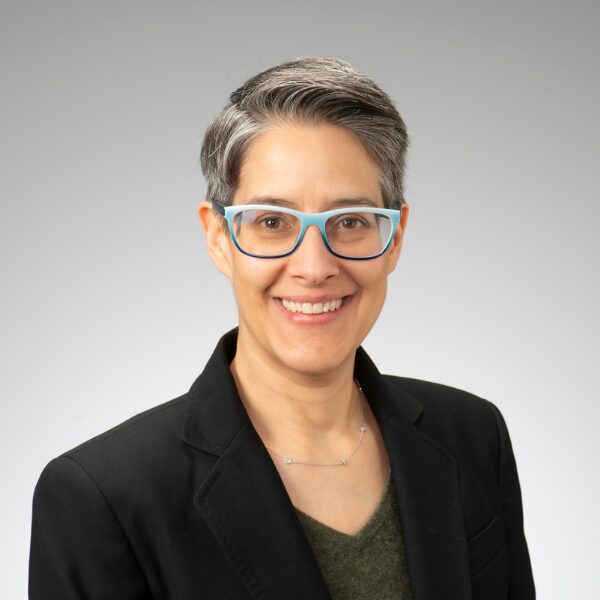
Natacha DeGenna
Program: Biobehavioral Cancer Control
Summary
I investigate longitudinal patterns of drug use and reproductive health in pregnant and parenting people. I take a developmental approach, meaning that I am interested in the timing of behavior within the context of important life events such as puberty, adolescence, young adulthood, pregnancy, and menopause. I am also interested in better understanding health-risk behaviors within the context of families, systems, and communities, including the impact of pervasive structural racism and discrimination, sexism, and…
Alexander Deiters
Program: Cancer Therapeutics
Summary
The Deiters Lab works in the areas of Chemical Biology and Synthetic Biology, with the goal of developing novel approaches toward a better understanding of human health and disease. This includes 1) the discovery of small organic molecules that inhibit or activate specific biological pathways. Our discovered microRNA inhibitors have therapeutic implications in cancer and viral infections. 2) We are developing methods for specific covalent modification of proteins and cell surfaces with applications in inhibition of protein function and immunotherapy. 3) We are genetically re-wiring the…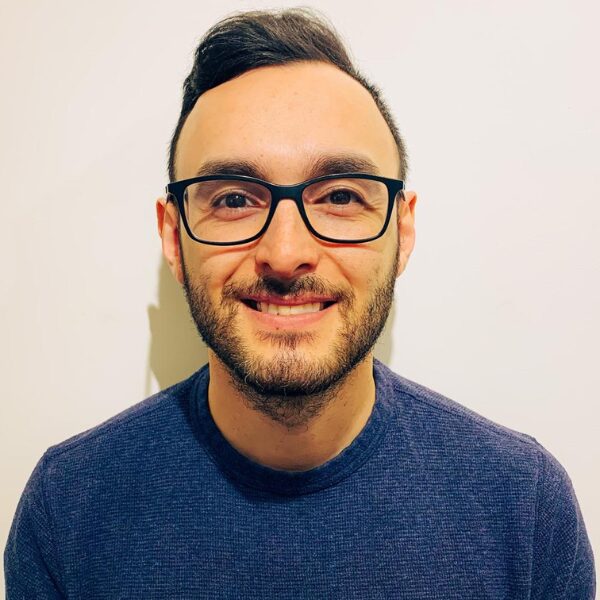
Evan Delgado
Program: Cancer Biology
Summary
My research interests include: 1. Immune-oncology and immune microenvironment in Hepatocellular Carcinoma 2. Role of scaffold proteins (e.g., IQGAP1) in liver disease and regeneration. 3. Developing a more accurate model of Hepatocellular Carcinoma that efficiently replicates the human disease. My overall goal is to challenge the unmet need of effective targeted therapies for Hepatocellular Carcinoma (HCC) by studying the immune landscape to develop personalized immunotherapies for HCC. Additionally, it is my goal to develop a model of HCC that better represents the human disease such that…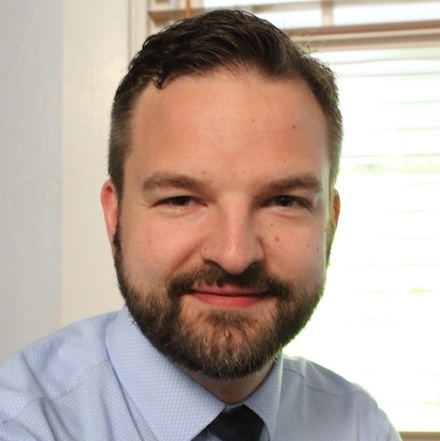
Greg Delgoffe
Program: Cancer Immunology and Immunotherapy
Summary
In recent years, the decades-long promise of tumor immunotherapy has finally begun to come to fruition. Checkpoint blockade, for example, represents a critically important intervention for potentiating the antitumor immune response. In these therapies, blockade of T cell intrinsic negative regulators (such as CTLA-4 and PD-1 signaling) releases the brake on effector T cells in the tumor, resulting in substantial, durable antitumor immunity, and clinical responses. While negative regulators on the effector T cells can be relieved through these interventions, effector T cells still face a…
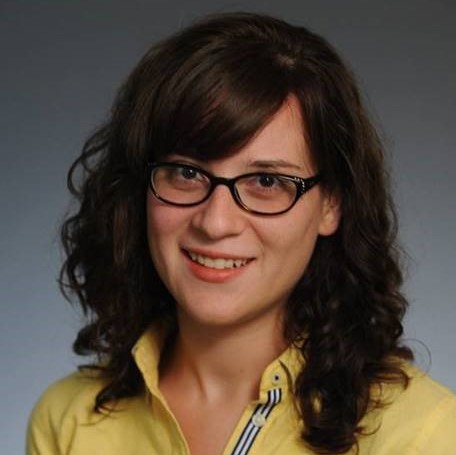
Kathryn Demanelis
Program: Cancer Epidemiology and Prevention
Summary
My training is in molecular cancer and environmental epidemiology. Through my doctoral and postdoctoral research, I developed skills in advanced statistical analysis and programming, genetics, epigenomics, and cancer registry analysis. Given my data science skills and ability to translate data results to practice (e.g. grants, research directions, clinic), I was hired to serve as collaborator and resource for HCC investigators and as bridge between the epidemiology and biostatistics groups at HCC. My research interests focus on 1) utilizing cancer registry data to explore socio-economic,…
Terence Dermody
Program: Cancer Virology
Summary
Terence S. Dermody is the Vira I. Heinz Distinguished Professor and Chair of Pediatrics at the University of Pittsburgh School of Medicine and physician-in-chief and scientific director at UPMC Children's Hospital of Pittsburgh. He also is professor of microbiology and molecular genetics at the University of Pittsburgh School of Medicine.With over 38 years of experience in basic virology and viral pathogenesis research, at his core, Dermody is a virologist. Most of his research has focused on reovirus, an important experimental model for studies of viral encephalitis in the young. His…
Rajeev Dhupar
Program: Cancer Immunology and Immunotherapy
Summary
Rajeev Dhupar, MD, is an associate professor of cardiothoracic surgery with clinical interests in lung cancer, esophageal cancer, mediastinal tumors, and metastatic cancer to the lung. He uses robotic and other cutting edge technologies to perform minimally invasive operations and participates in both surgical and non-surgical clinical trials. He collaborates with industry in the development of next generation tools for the surgical treatment of cancers in the lung. His clinical-translational research focus is on the effects of toxic respiratory exposures and the subsequent development…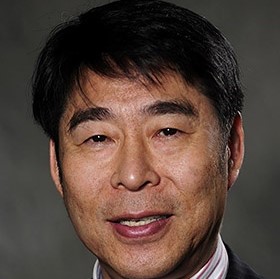
Yuanpu Di
Program: Genome Stability
Summary
The purpose of my laboratory’s research is to investigate the effects of environmental exposure on the host. We are particularly interested in infection and immunity on the lung and its associated pathophysiological response during injury, repair, and regeneration. The primary focus of my current research is the cellular and molecular actions of exposures to toxic chemicals and microorganisms that underlie the pathogenesis of chronic human diseases. Areas of research: 1. Lung epithelial cell phenotype, differentiation, and function upon exposure; 2. Inflammation-associated tissue…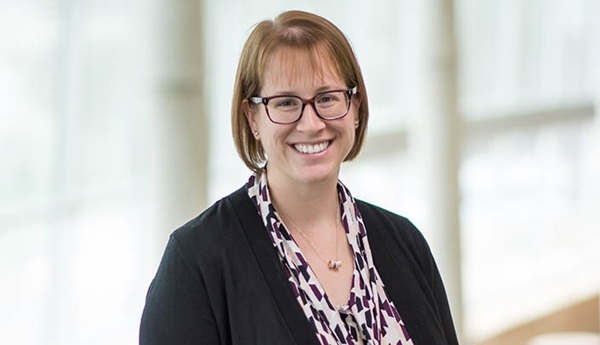
Kristin Dickinson
Program: Biobehavioral Cancer Control
Summary
Dr. Dickinson’ program of research focuses on oncology symptom science and supportive care. Her work centers on two main areas: symptom science and lifestyle-based interventions.Symptom Science: Dr. Dickinson’s research in this area primarily targets cancer-related fatigue. She aims to better define the cancer-related fatigue phenotype, understand its biological correlates, and create personalized interventions for management. Her work explores the role of mitochondrial function and oxidative stress in cancer-related fatigue, particularly in men undergoing radiation therapy for prostate…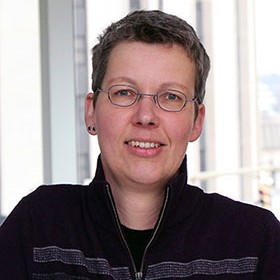
Brenda Diergaarde
Program: Cancer Epidemiology and Prevention
Summary
Dr. Diergaarde's research examines the role of diet, lifestyle and genetic variation in the development, progression and treatment of cancer, including cancers of the lung, head and neck, colon, ovaries and breast, and aims to identify markers for risk stratification, early detection and response to treatment. She is currently Co-Leader of Project 2 of the UPCI Specialized Program of Research Excellence (SPORE) in Lung Cancer. This project seeks to establish the relationship between vitamin D exposure, pulmonary inflammation and lung cancer risk and so provide strong rationale for a vitamin…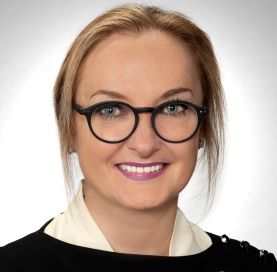
Vera Donnenberg
Program: Cancer Biology
Summary
Dr. Vera Donnenberg is a Professor of Cardiothoracic Surgery in the School of Medicine at the University of Pittsburgh with a secondary appointment in the Department of Pharmaceutical Sciences in the School of Pharmacy. Dr. Donnenberg's research focuses on tumorigenic stem cells in lung cancer, esophageal cancer, and breast cancer; pleural metastases; therapeutic resistance; interaction of tumor cells and regenerating tissue; lung immunology; and pleural immuno-oncology. Dr. Donnenberg has written over 395 publications, abstracts, book chapters, and other scientific presentations. Throughout…
Heidi Donovan
Program: Biobehavioral Cancer Control
Summary
Dr. Donovan’s research interests are in the development and testing of interventions to improve symptoms and quality of life among individuals with cancer and their family caregivers (NINR R01NR010735; NR01370; 90RTGE0002). She has specific expertise in the integration of theory and evidence to design and test e-health interventions to improve self-management for families facing chronic and life threatening illnesses and disabilities. Her work has been grounded in the Representational Approach (RA) to patient education, an intervention theory that she co-developed. The RA has been…
Kathleen Dorritie
Program: Cancer Therapeutics
Summary
Dr. Dorritie specializes in hematologic malignancies, with a focus on multiple myeloma and lymphoma. She played a key role in the development of the chimeric antigen receptor (CAR) T-cell and bispecific antibody programs at UPMC. She serves as lead or co-investigator on several clinical trials in these areas. She currently serves on the ECOG Lymphoma Committee and SWOG Myeloma…
Jan Drappatz
Program: Cancer Therapeutics
Summary
My research is directed towards the development of new therapies for primary and secondary brain tumors using targeted drugs, inhibitors of angiogenesis, and immunotherapies. I am also interested in the identification of molecular markers of prognosis in patients with malignant glioma and other primary brain tumors.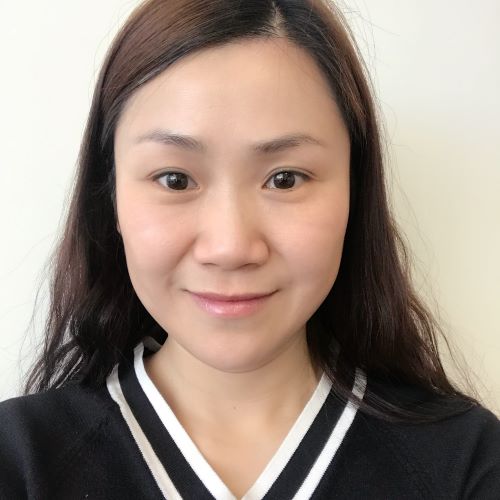
Wei Du
Program: Genome Stability
Summary
Dr. Du's research is centered on pathophysiology of hematologic diseases such as bone marrow (BM) failure and leukemia. She has a broad background in hematopoiesis, stem cell biology & aging, cellular metabolism and tumor microenvironment, with specific training and expertise in DNA damage response/repair, metabolite profiling, and in vivo disease modeling. Her early research covered understanding the mechanism of hematopoietic stem cell (HSC) mobilization and BM niche engraftment as well as the factors implicated in cell proliferation and apoptosis; identification of…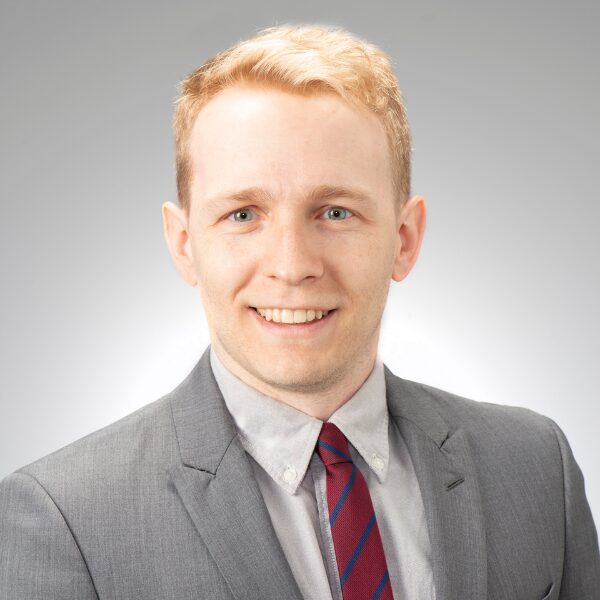
Genia Dubrovsky
Program: Cancer Therapeutics
Summary
My clinical and research interests are in the study of improved diagnostics and treatments for patients afflicted with pancreatic cancer. Specifically, in collaboration with researchers at UPMC Hillman Cancer Center and at the University of Pittsburgh, I am active in the following research projects: 1) using surgical drain fluid to perform liquid biopsy for improved staging of patients with PDAC; 2) gamma-delta TIL therapy for patients with metastatic PDAC; 3) radiomics for improved pre-operative staging and risk-stratification for patients with PDAC; 4) novel drug delivery systems for…
Andrew Duncan
Program: Genome Stability
Summary
Research in the Duncan Lab focuses on liver development, homeostasis, and regeneration. Polyploidy is a defining feature of the adult liver. Hepatocytes are either mononucleated or binucleated, and ploidy is determined by the number of nuclei per cell as well as the ploidy of each nucleus. Although hepatic polyploidy has been described for well over 100 years, the functional role of hepatic polyploidization is unclear. Dr. Duncan’s lab recently showed that regenerating polyploid hepatocytes undergo specialized cell divisions to form aneuploid daughter cells, generating a high degree of…
Robert Edwards
Program: Cancer Immunology and Immunotherapy
Summary
Dr. Edwards' research interests include the treatementHPV-related and ovarian malignancies with immunotherapeutic approaches. He serves as principal investigator for a number of pharmaceutical-sponsored studies. He also serves on the Cancer Vaccine Committee, which experiments with novel therapeutic approaches to gynecologic malignancies and produces translational research. Three specific targets of Dr. Edwards' research include: 1) vaccine therapies for cervical and ovarian cancer; 2) combining biologic and immunologic therapies with traditional therapies in…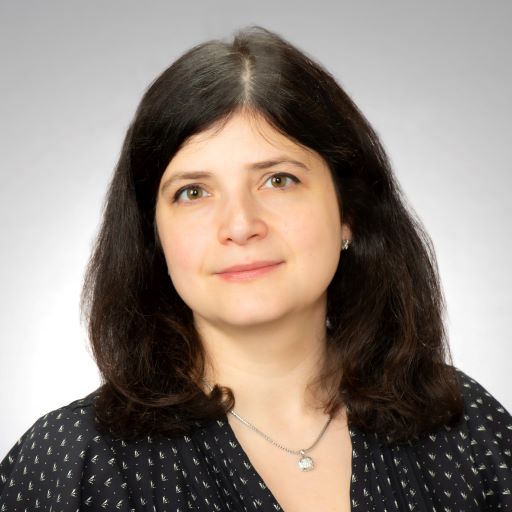
Susannah Ellsworth
Program: Cancer Therapeutics
Summary
My primary research interests are investigating the effects of external beam radiation therapy on immune status and developing novel radiation therapy techniques for gastrointestinal cancers. Currently, I am working on developing methods for calculating radiation dosimetry to the immune system during external beam radiation therapy and employing these methods to develop new strategies to reduce immune system dose and mitigate the risk of radiation-induced lymphopenia, which has been shown to be a negative prognostic factor in multiple solid tumors including pancreatic…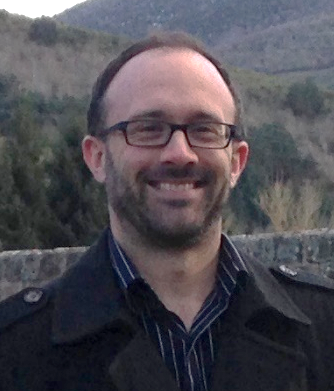

Louis Falo
Program: Cancer Immunology and Immunotherapy
Summary
Dr. Falo is actively involved in a variety of research projects focused on the prevention and treatment of melanoma and skin cancers, and has research expertise in the areas of cutaneous drug delivery, radioprotection, immunobiology, vaccine design, antigen processing and presentation, dendritic cell biology, and molecular immunobiology and immunotherapy.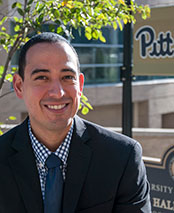
Christian Fernandez
Program: Cancer Therapeutics
Summary
The research in the laboratory of Dr. Fernandez focuses on improving cancer treatment and patient outcomes through various areas: Investigating drug-induced immunogenicity and liver injury. Developing targeted agents for acute lymphoblastic leukemia. Preventing capecitabine-induced hand-foot syndrome. Studying the role of the NFAT transcription factor on immune cells. The Fernandez lab aims to enhance treatment outcomes by understanding complex biological processes using pharmacogenomic approaches. Our work includes addressing the immunogenicity of protein-based therapeutics, studying…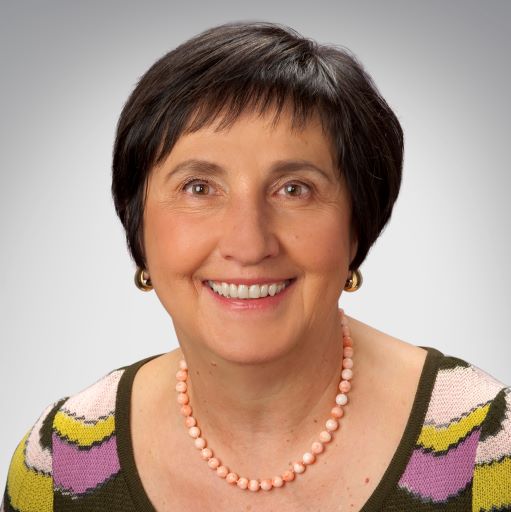
Olivera Finn
Program: Cancer Immunology and Immunotherapy
Summary
The long-standing interests of our laboratory center on identifying specific mechanisms of human anti-tumor immunity and cancer immunosurveillance. We study T cell and antibody repertoire in cancer patients and in healthy individuals at risk for cancer and factors that influence that repertoire. We were the first to identify a human tumor antigen recognized by human T cells and antibodies, the epithelial mucin MUC1. We showed that tumors express an abnormal form of MUC1 that is recognized by the immune system as a foreign rather than a self-antigen. Studies in mice and primates…
Paul Floreancig
Program: Cancer Therapeutics
Summary
Our research is directed toward developing fundamentally new transformations and highlighting their utility for complex molecule synthesis.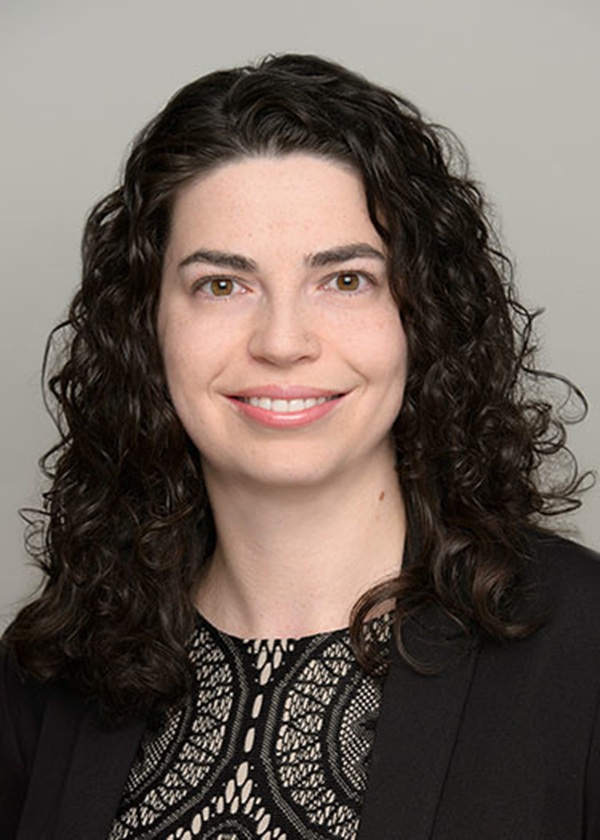
Julia Foldi
Program: Cancer Therapeutics
Summary
I am a researcher focusing on improving treatments for patients with breast cancer through complementing clinical care with robust clinical investigation and translational research. My specific focus is on estrogen positive breast cancers and in particular, invasive lobular breast cancers, and elucidating the unique clinical and biological characteristics of this often-understudied breast cancer subtype. I aim to develop novel methods to evaluate patients with lobular breast cancers and follow their treatment response, and I also aim to leverage information from patients – such as patient…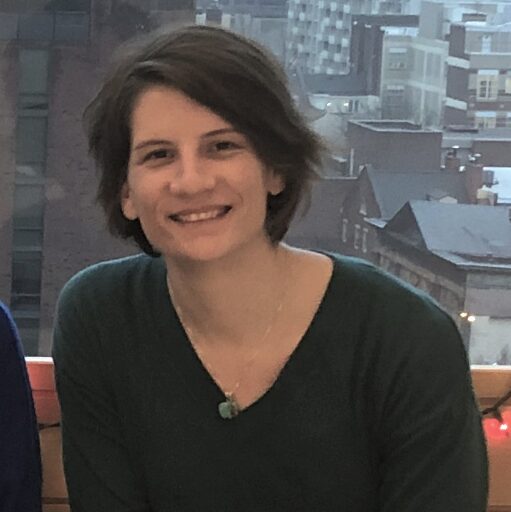
Elise Fouquerel
Program: Genome Stability
Summary
The overarching goal of my research is to understand the cellular mechanisms that lead to genome instability. We particularly study how exposure to environmental agents can trigger DNA damage and instability at telomeres and centromeres, the most vulnerable regions of the genome. In this context, we focus on defining the roles of the DNA repair proteins ADP-Ribose transferase enzymes (ARTs/PARPs) in orchestrating the maintenance of telomere and centromere integrity. These enzymes are key components of the DNA damage response and are primary targets in cancer therapies. However, resistance to…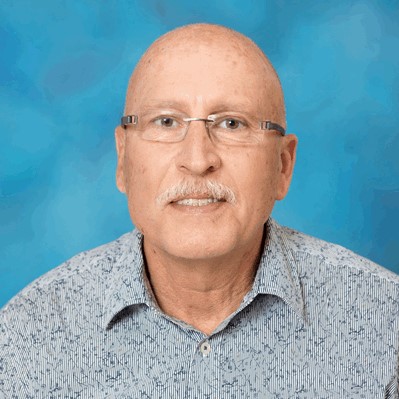
Bruce Freeman
Program: Cancer Biology
Summary
Bruce Freeman, PhD is a biochemist and pharmacologist who investigates eukaryotic cell production and actions of chemically-reactive inflammatory and signal transduction mediators (e.g., superoxide, nitric oxide, peroxynitrite, electrophilic lipids). He is presently the Irwin Fridovich Distinguished Professor and Chair of the Department of Pharmacology and Chemical Biology at the University of Pittsburgh School of Medicin. He, is a founding member of the Vascular Medicine Institute and a member of the University of Pittsburgh Cancer Institute. His laboratory team has made…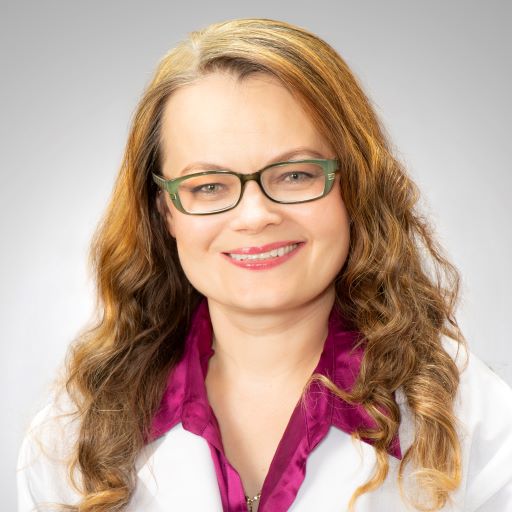
Natasha Galanina
Program: Cancer Therapeutics
Summary
As a clinician investigator, I am interested in the development of novel, biologically-informed therapies for relapsed/refractory high grade lymphoma. In particular, my clinical research is focused on understanding the molecular genomic profile of each tumor in order to match it to cognate therapeutic agents, an approach that provides a foundation for precision medicine trials that create individualized treatment regimens for each patient. As part of this effort, I would like to align my research with the investigators in the Precision Medicine Institute and the Center for Immunotherapy.…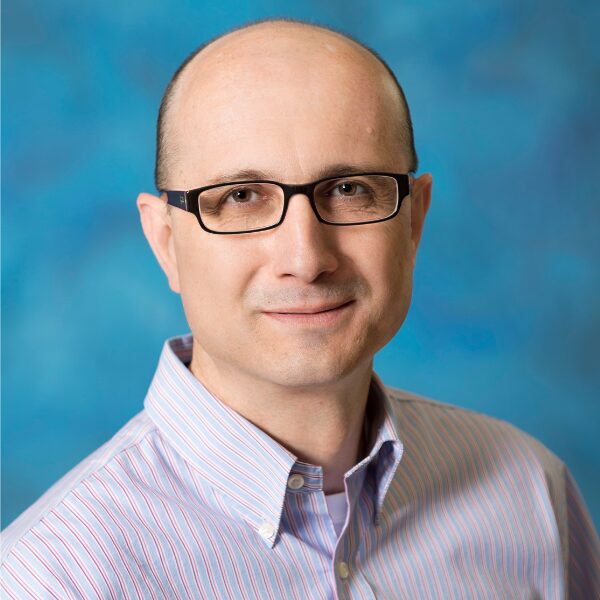
Ferruccio Galbiati
Program: Cancer Biology
Summary
Most cells can not divide indefinitely due to a process termed cellular senescence. Because cancer cells need to escape cellular senescence in order to proliferate and eventually form tumors, it is well accepted that cellular senescence is a powerful tumor suppressive mechanism. In addition, since several molecular changes that are observed in senescent cells occur in somatic cells during the aging process, investigating the molecular mechanisms underlying cellular senescence will also allow us to better understand the more complicated aging process. Thus, molecules that regulate cellular…
Deborah Galson
Program: Genome Stability
Summary
Dr. Deborah Galson's laboratory is focused on two main areas: (1) Determining the mechanism by which multiple myeloma (MM) cells reduce bone formation via suppression of the differentiation capacity of osteoblast progenitor cells in a manner that persists even after removal of the myeloma cells. These MM-altered bone marrow stromal cells also enhance osteoclastogenesis and microenvironmental support of myeloma growth. We have shown that myeloma cells induce the upregulation of expression of the transcriptional repressor Gfi1 in osteoblast precursor cells and that Gfi1 has a role in…

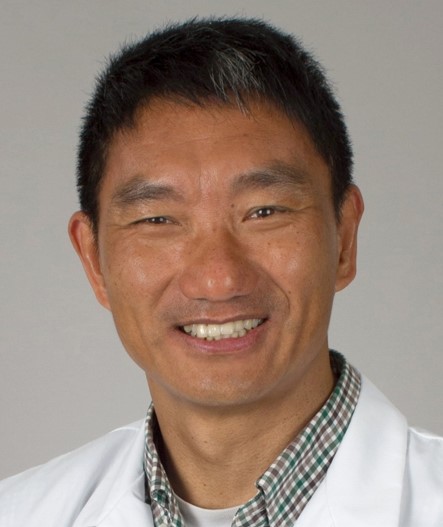
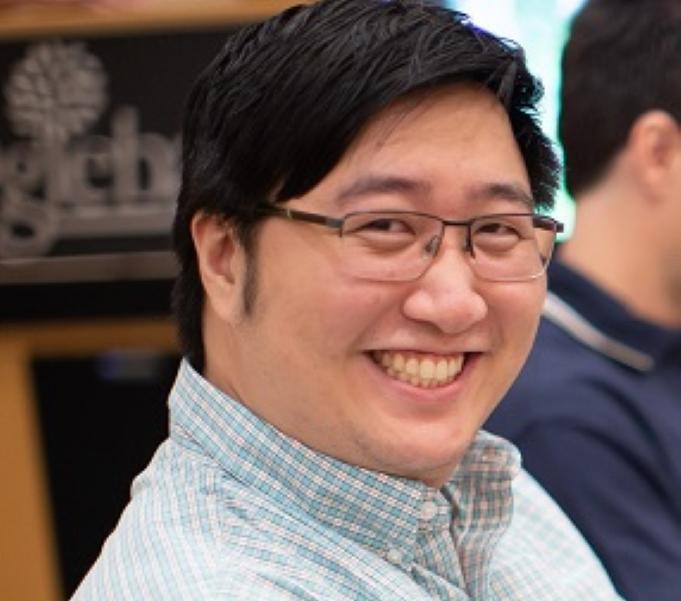
David Gau
Program: Cancer Biology
Summary
My current research focuses on the role of the tumor microenvironment in regulation of kidney cancer. In particular, I am interested in exploring the therapeutic benefit of targeting Profilin-1, an actin-binding protein, in endothelial cells in the tumor microenvironment as a potential treatment for kidney cancer. Kidney cancer is a pathology characterized by excessive vascularization of the tumor microenvironment. My previous work has demonstrated that Profilin-1 plays a key role in regulating the angiogenic potential of endothelial cells. Using small molecule inhibitors I developed during…
Charles Geyer
Program: Cancer Therapeutics
Summary
Dr. Geyer’s research interests include the design, implementation, and analyses of phase III clinical trials in early breast cancer that evaluate new therapeutics and diagnostics with potential for changing existing standards of care. More broadly, his focuses include immunology and immunotherapy, cancer therapeutics, biology and genome stability. Dr. Geyer has co-authored more than 100 peer-reviewed publications and served as co-chair of steering committees for practice-changing international phase III studies such as the KATHERINE and OlympiA…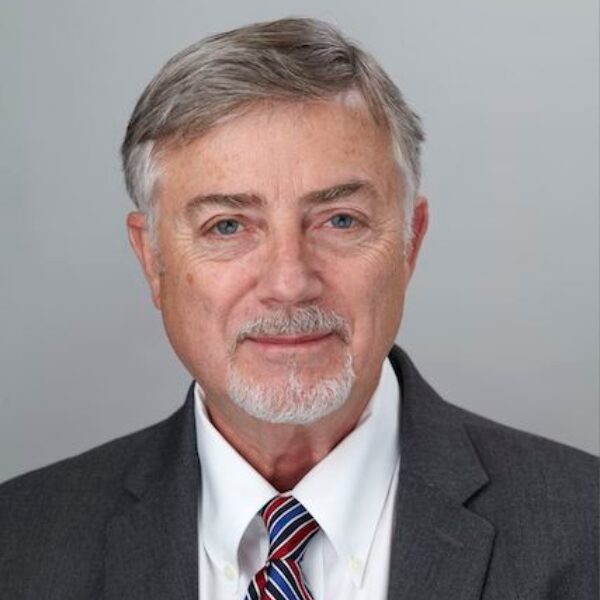
Joseph Glorioso
Program: Cancer Virology
Summary
Dr. Glorioso has spent his career studying the molecular biology and immunology of HSV and the last 20 years developing HSV gene vectors for local and systemic therapies. He is a world-wide leader in this field and has the expertise to develop the technology related to the treatment of diseases of the peripheral and central nervous system. His interest in peripheral nerve disease has included nerve degeneration due to diabetes and cancer drug therapies that have led to treatments of animal models. Studies to understand the pathophysiology of chronic pain and the identification of gene therapy…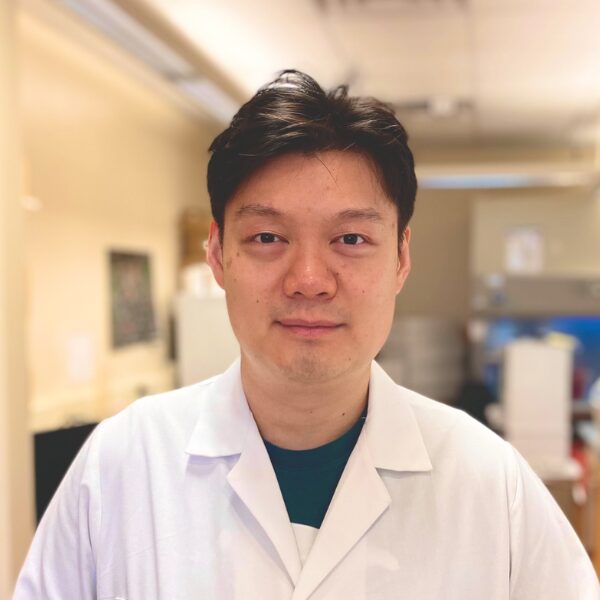
Yi-Nan Gong
Program: Cancer Immunology and Immunotherapy
Summary
I am an assistant professor of immunology at the University of Pittsburgh and member of Tumor Microenvironment Center at UPMC Hillman Cancer Center. My research focuses on the mechanisms that control cell death and how the quality of cell death can modulate the immune response, especially anti-tumor immunity. I have actively pursued research in cell death and immunology for fifteen years, at Beijing Normal University and National Institute of Biological Sciences, Beijing, China as a graduate student, St. Jude Children’s Research Hospital as a postdoc, and the University of Pittsburgh as…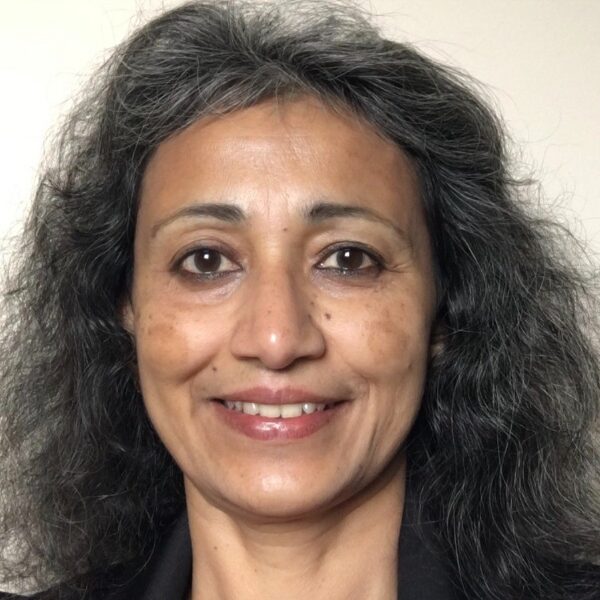
Vanathi Gopalakrishnan
Program: Cancer Biology
Summary
Dr. Gopalakrishnan is a tenured associate professor of biomedical Informatics. Her primary research focus over the past two decades has been on biomarker discovery from multiple types of biomedical data via novel integrative modeling using hybrid machine learning methods being developed and tested in her lab. She is fundamentally interested in technologies for data mining and discovery that allow incorporation of prior knowledge. Her lab has applied novel variants of rule learning techniques for biomarker discovery, prediction and monitoring of diverse diseases including…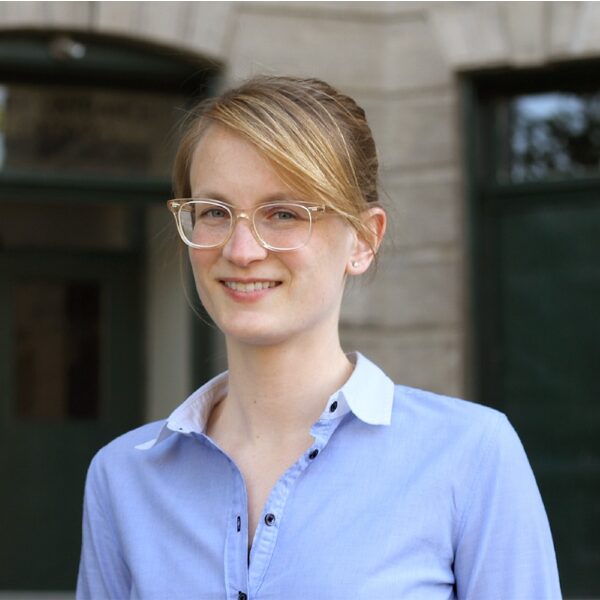
Rachel Gottschalk
Program: Cancer Immunology and Immunotherapy
Summary
Understanding how extracellular signals are linked to gene expression is a fundamental challenge in biology, and more specifically, macrophage signal integration is central to understanding healthy versus aberrant regulation of inflammation. My laboratory uses quantitative approaches to address these problems, with major projects including (1) computational modeling of signaling-to-transcription in macrophages, (2) interrogating tissue-specific macrophage signaling, and (3) dissecting molecular determinants of macrophage inflammatory function. We use both data-driven and mechanistic…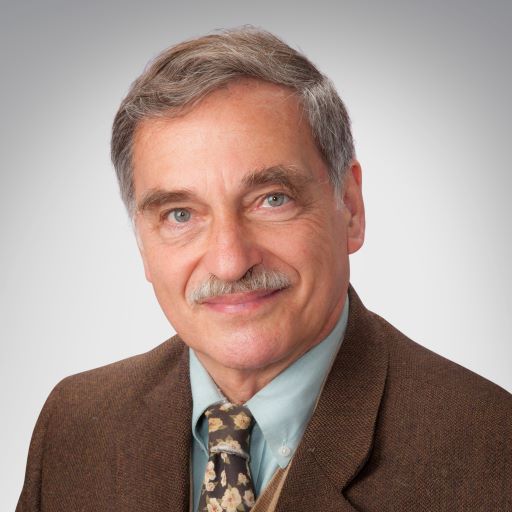
Joel Greenberger
Program: Genome Stability
Summary
Dr. Greenberger is examining the use of manganese superoxide dismutase (MnSOD) plasmid liposome gene therapy and GS-nitroxides, and other new second generation probiotics LR-IL22 and LR-IFN-B as agents to protect the normal tissues in the esophagus and lung from damage during radiation therapy. Damage to normal tissues during radiation therapy has been a major limitation to the effective treatment of lung cancer. The goal of his research is to improve the quality of life for cancer patients by potentially allowing the use of higher doses of radiation or chemotherapy to effectively treat lung…
Angela Gronenborn
Program: Cancer Virology
Summary
Research in my lab combines nuclear magnetic resonance (NMR) spectroscopy and other structural biology methodologies with biophysics, biochemistry, and chemistry to investigate cellular processes at the molecular and atomic levels in relation to human disease. We presently focus on two main areas in biology: gene regulation and HIV pathogenesis. To understand how biological macromolecules work and intervene with respect to activity and function, detailed knowledge of their architecture and dynamic features is required. Evaluation of the major determinants for stability and conformational…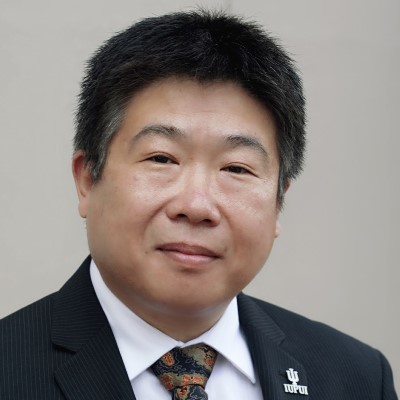
Haitao Guo
Program: Cancer Virology
Summary
Research in my lab is focused on the viral pathogenesis of hepatitis B virus (HBV) and antiviral discovery. HBV is the etiologic agent of viral hepatitis B, a disease affecting approximately 300 million people worldwide who suffer the high risk of liver failure, cirrhosis, and liver cancer. My laboratory aims at understanding the molecular mechanisms of HBV DNA replication and morphogenesis, with special focus on the biosynthesis and regulation of HBV covalently closed circular (ccc) DNA, which is the persistent form of HBV infection, and is the culprit for the failure of current antiviral…
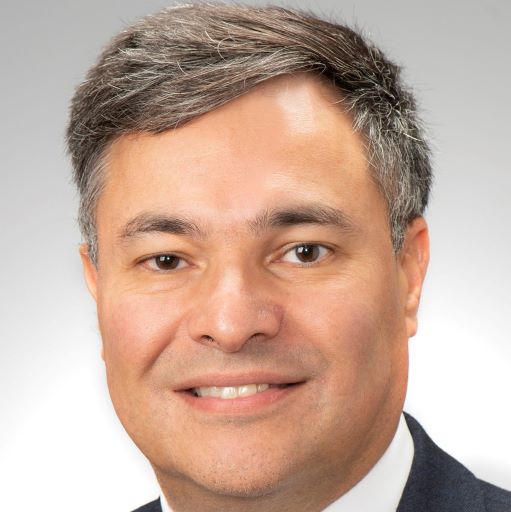
Constantinos Hadjipanayis
Program: Cancer Therapeutics
Summary
My research as a neurosurgeon-scientist has focused on the translation of new therapies and intraoperative visualization of glioblastoma (GBM). I direct the Brain Tumor Nanotechnology Laboratory in the Hillman Cancer Center studying the use of magnetic iron-oxide nanoparticles (MIONPs) for the targeted imaging and magnetic hyperthermia therapy (MHT) of GBM after convection-enhanced delivery (CED). This collaborative and translational NIH- funded research involves Johns Hopkins University and Penn State University developing a new treatment for GBM. My research is also…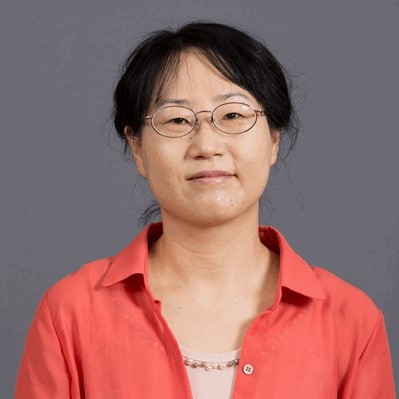
Eun-Ryeong Hahm
Program: Cancer Epidemiology and Prevention
Summary
My research interests focus on preclinical and clinical development of novel agents from natural products for prevention of prostate and breast cancer in humans and understanding their molecular mechanism of action against cancer using in vitro and in vivo test systems. Natural products include dietary sources (such as garlic, broccoli, watercress, etc.) and traditional Oriental and Indian medicinal plants. Cancer chemoprevention can be defined as the use of natural or synthetic agents to delay, reverse or suppress cancer progression. I am also interested in identifying biomarkers to assess…
Sarah Hainer
Program: Cancer Biology
Summary
My research interests focus on the similarities and differences in chromatin structure among different cell types and how chromatin remodeling factors that modulate these differences regulate cell fate. The longterm goals of my laboratory are to comprehensively understand the functions, targets, regulation, and mechanisms of action of non-coding RNAs (ncRNAs) and chromatin regulatory factors with critical functions in the embryonic stem (ES) cell gene regulatory network, through development, and in disease states. Active research areas in my laboratory include: (1)…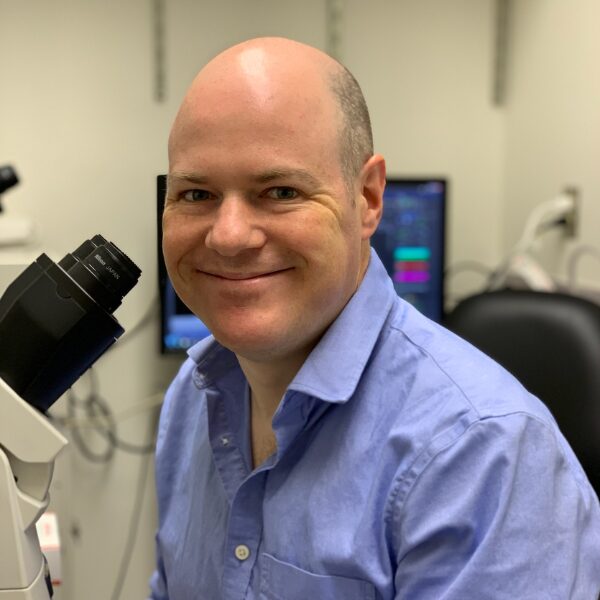
Gerry Hammond
Program: Cancer Biology
Summary
Activation of the PI3K pathway, through either oncogenic mutations or loss of tumor suppressors, is arguably the most prevalent transforming event in cancer. Much effort has focused on inhibitors of these pathways, but success to date has been tempered by on-target adverse effects driven by normal physiology that also relies on intact PI3K signaling. My research focuses on the regulatory and homeostatic mechanisms that control PI3K signaling at the level of its central lipid messengers. We aim to uncover how these lipid signals selectively couple to defined signaling…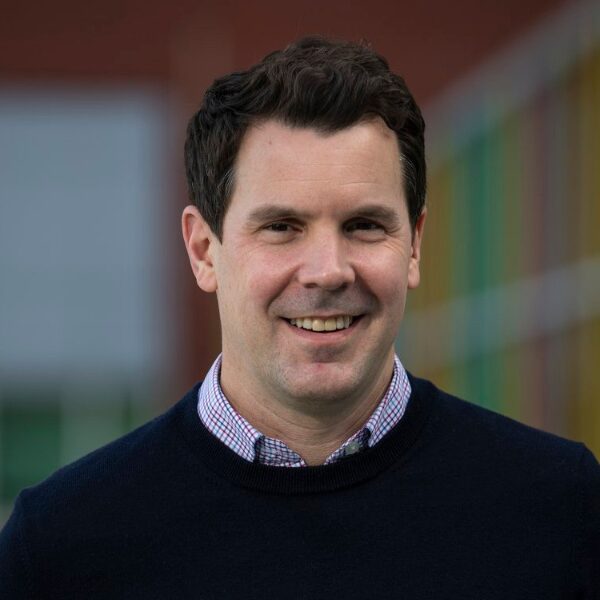
Timothy Hand
Program: Cancer Immunology and Immunotherapy
Summary
The laboratory of Timothy Hand, PhD, is interested in the immune cells of the intestine and how they respond to the first interactions with colonizing microorganisms. How the immune system deals with newly colonizing bacteria is important, since too little immune response can lead to infection but too much can contribute to damaging inflammation. The intestine is home to the largest and densest group of microorganisms in the body and the intestinal microbiome is required for many host processes, most notably the digestion of complex carbohydrates. Therefore, maintaining a healthy relationship…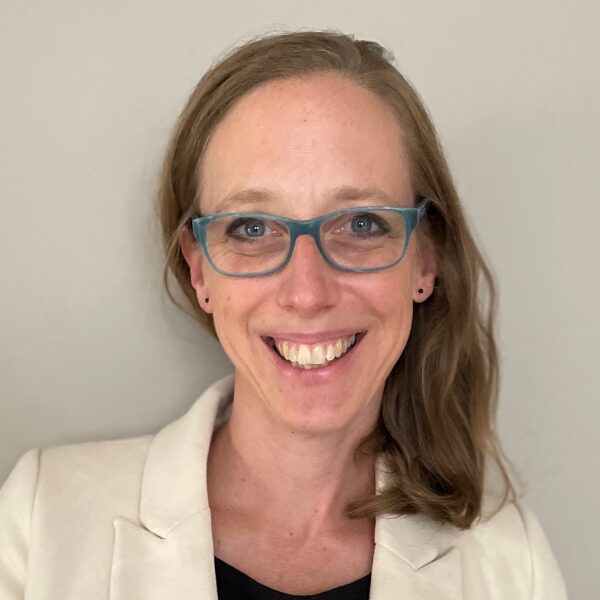
Nadine Hempel
Program: Cancer Biology
Summary
Dr. Hempel's research aims to better understand molecular mechanisms that regulate metastasis and tumor progression, with the ultimate goal of identifying novel targets for therapy of advanced-stage disease. Her research efforts have specifically focused on mechanisms by which tumor cells adapt to stress and her past research on the mitochondrial superoxide dismutase SOD2 has significantly contributed to the understanding that antioxidant enzymes have dichotomous roles during tumor progression. Dr. Hempel’s current research efforts focus on ovarian cancer, which remains the…
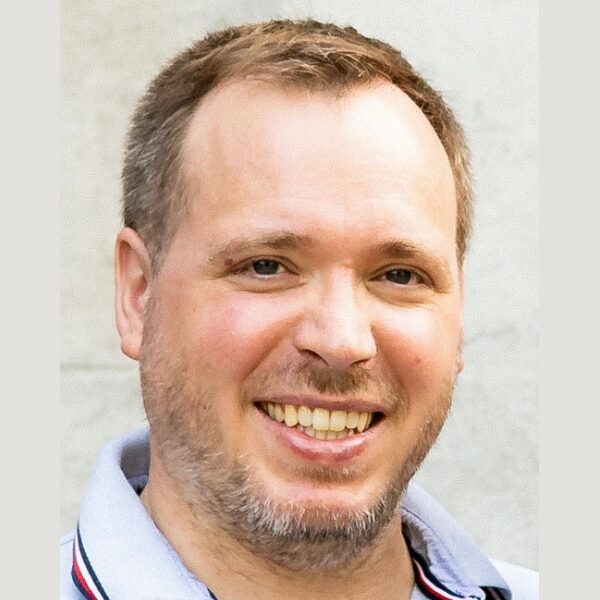
Reinhard Hinterleitner
Program: Cancer Immunology and Immunotherapy
Summary
The Hinterleitner Lab studies mucosal immune responses to gut microbes. Current projects are centered around how gut protists shape immune responses in the context of celiac disease, IBD, and colon cancer.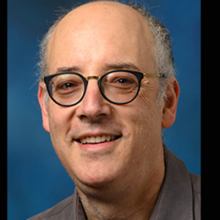
Harry Hochheiser
Program: Cancer Epidemiology and Prevention
Summary
My cancer research interests focus on the development of tools designed to make information more useful for translational researchers. Since 2014, I have been a co-investigator and then MPI (with Guergana Savova of Boston Children’s Hospital and Jeremy Warner of Vanderbilt University) on an NCIfunded project “Cancer Deep Phenotyping from Electronic Medical Records”(U24 CA248010-01A1). Known as “DeepPhe”, this project is aimed at extracting longitudinal patient histories from clinical notes via Natural Language Processing and developing visual analytics tools…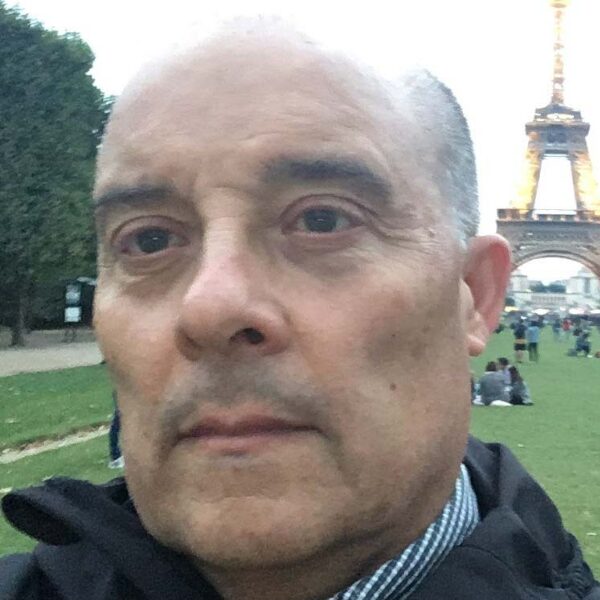
Fred Homa
Program: Cancer Virology
Summary
Dr. Homa's research is focused on understanding the molecular basis of herpes simplex virus type 1 (HSV-1) capsid assembly and viral genome packaging into the viral capsid. DNA encapsidation and cleavage involves the coordinated interaction of several HSV proteins that are essential for production of infectious virions. How these multi-protein assemblies associate and interact to accomplish this complex task touches on fundamental questions in biology. The HSV-1 genome is translocated into the icosahedral procapsid through a donut-shaped 'portal' that is present at one of the…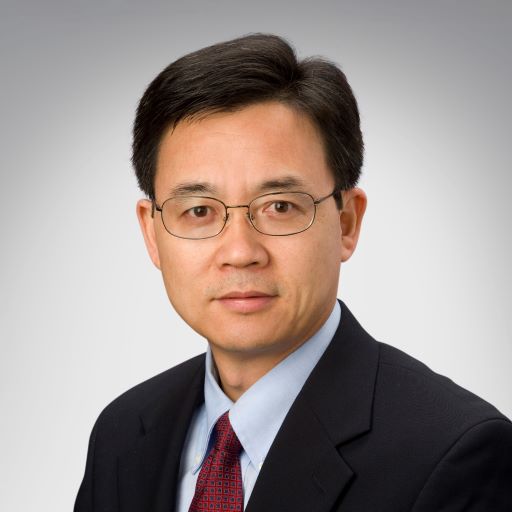
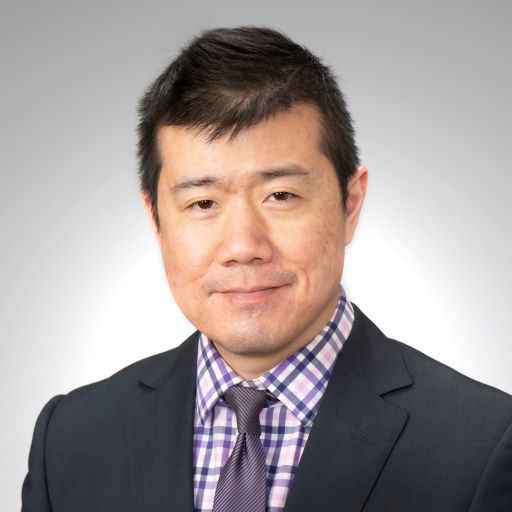
Dennis Hsu
Program: Cancer Biology
Summary
I am a physician-scientist whose research efforts have focused specifically on codon usage, tRNA biology, and amino acid metabolism in colorectal and gastric cancers. Using a combination of computational modeling and wet-lab experiments, I found that amino acid availability directly influences tRNA availability and gene expression in a codon-dependent manner, and also potentially affects the evolution of the cancer genome. I plan to better dissect the contribution of the tumor microenvironment towards nutritional stress of cancer cells as well as determine how tRNA synthetases contribute…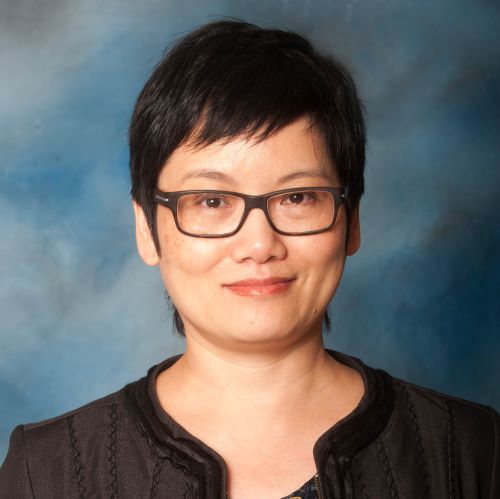
Jing Hu
Program: Cancer Epidemiology and Prevention
Summary
Dr. Hu's lab focuses on the identification and validation of crucial molecular changes that confer high-risk for tumor progression in mutant BRAF-induced serrated intestinal tumorigenesis. Her lab works to identify novel factors essential for serrated CRC development that can serve as pharmacological targets for the prevention of serrated CRC at an early and curable stage. Dr. Hu's lab also works to identify and validate novel functionally relevant and druggable targets for…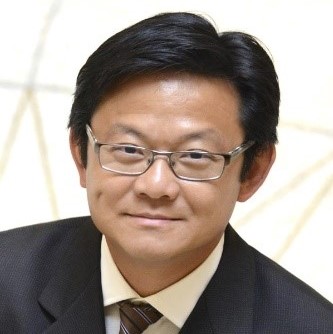
Yufei Huang
Program: Cancer Virology
Summary
In my role as leader in AI for Cancer Research, I work closely with Hillman PIs and Hillman leadership to develop the AI infrastructure and capability to advance clinical operation, clinical research, and basic cancer research. I envision building a robust AI capability at Hillman that can meet the AI needs for cutting-edge cancer research and be adapted to address new challenges. My current cancer-related research includes: 1. Mechanism of infection and oncogenesis by KSHV Goals: Using a combination of bioinformatics/machine learning, high throughput profiling (scRNA-seq, in-situ-seq,…
Youko Ikeda
Program: Cancer Therapeutics
Summary
Dr. Ikeda’s research interests focus on furthering the understanding of the various cellular mechanisms that regulate urinary bladder contractile and storage functions, as well as determining the consequences of neurogenic injury, chemical cystitis and ionizing radiation exposure to the lower urinary tract to elucidate novel therapeutic agents. Dr. Ikeda is currently investigating the senotherapeutic actions of soluble guanylate cyclase activators on radiation-induced cell senescence in the urinary bladder and orthotopic prostate tumors. This project is supported by the Hillman…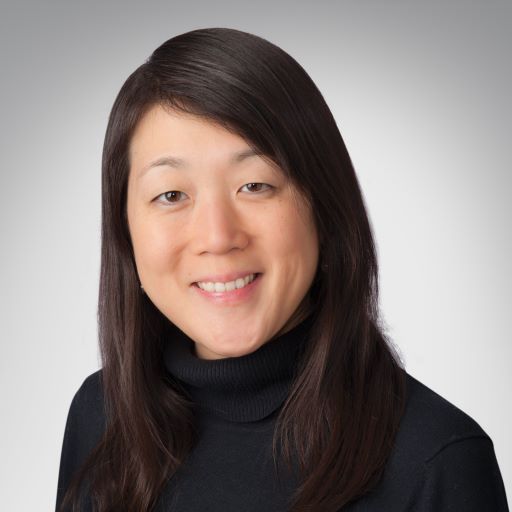
Annie Im
Program: Cancer Therapeutics
Summary
1) Acute myeloid leukemia (AML) in older patients: My research focuses on developing strategies to improve treatment outcomes for older patients with AML. I oversee clinical trials that are focused in older AML. 2) Chronic graft-versus host disease (GVHD): Another focus is in the study of chronic GVHD and long-term follow-up of allogeneic stem cell transplant patients. I run our chronic GVHD and transplant survivorship clinic, and oversee clinical trials in acute and chronic…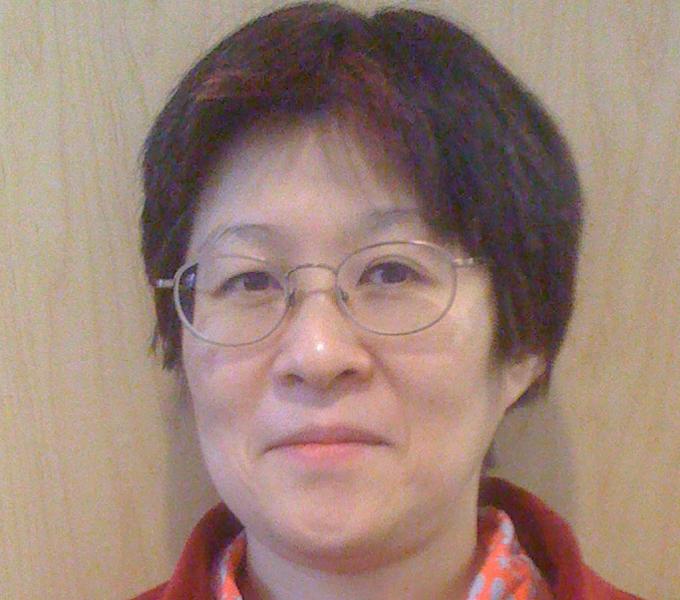
Rieko Ishima
Program: Cancer Virology
Summary
I am the principal investigator of an R21 grant titled Development of a biparatopic-domain antibody screening system, with the long-term goal of developing MSLN-targeting domain antibodies that will be utilized to design therapeutic reagents. I am also collaborating on a project involving Src-family kinase.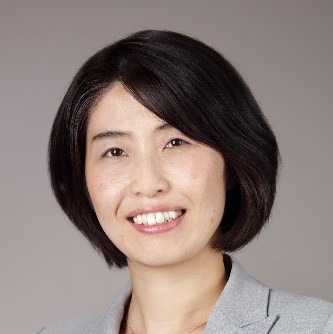
Sawa Ito
Program: Cancer Immunology and Immunotherapy
Summary
Bone marrow stem cell transplantation is, for many, the only curative treatment for leukemia and lymphoma-blood cancers. From this technique, we have learned that immune cells of the donor which are transferred in the transplant can eradicate blood cancer, in the so-called graft-versus-leukemia (GVL) effect. My research work is directed to finding ways to harness this GVL immune effect to cure leukemia and lymphoma. I am particularly interested in preventing and treating post-transplant relapse which remains the major cause of transplant failure. This involves two approaches: The first is to…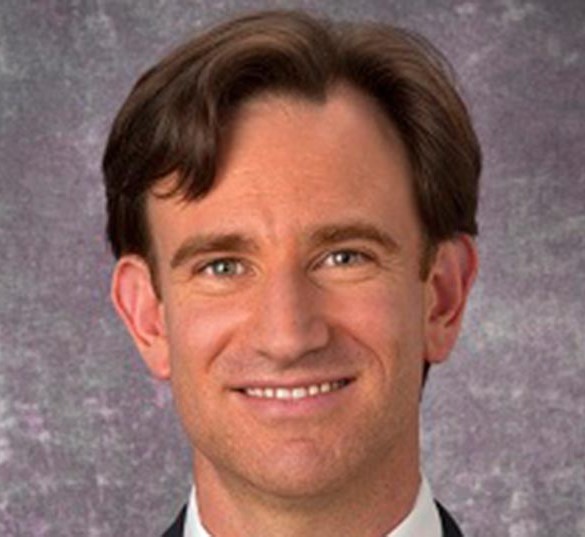
Bruce Jacobs
Program: Cancer Epidemiology and Prevention
Summary
Dr. Jacobs’ research interests focus on improving the access, delivery, and quality of care, particularly for traditionally underserved populations. He has over 100 publications, including studies in high-impact journals such as JAMA, Health Affairs, and Cancer. He is the principal investigator on an R37 MERIT award from the National Cancer Institute and has received grant support from several other agencies, including the National Institute on Aging, the American Cancer Society, and the Shadyside Hospital Foundation. He is the Research Chief of the Urology Health…
Frank Jenkins
Program: Biobehavioral Cancer Control
Summary
Kaposi's sarcoma-associated herpesvirus (KSHV), or HHV-8, is a member of the human herpesvirus family whose DNA sequences have been found in samples of Kaposi's sarcoma (KS). A number of projects in our laboratory are focused on the prevalence of KSHV infection in various cohorts and populations. We are particularly interested in the serological association of KSHV with human prostate cancer and are investigating at a molecular level, potential roles for KSHV in progression and maintenance of this cancer. We are also exploring the events during primary KSHV infection, including…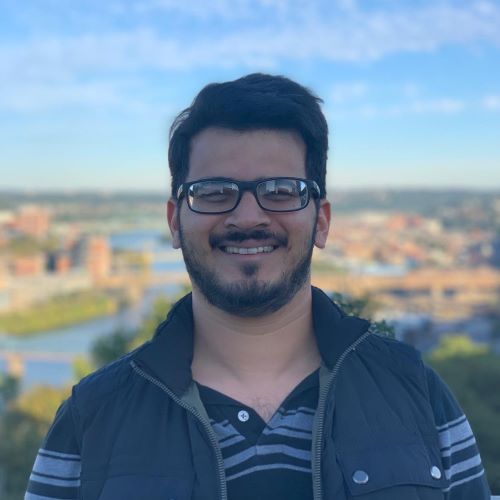
Alok Joglekar
Program: Cancer Immunology and Immunotherapy
Summary
The research in my laboratory focuses on using T cell antigen discovery techniques to understand and engineer immunity. One of the areas we are interested in is uncovering the targets of antitumor T cell responses and using this knowledge to engineer novel therapies.
Paul Johnston
Program: Cancer Therapeutics
Summary
Dr. Johnston has over two decades of drug discovery experience in the pharmaceutical, biotechnology and academic sectors. Since joining the University of Pittsburgh Department of Pharmacology & Chemical Biology in 2005 to help design and build the infrastructure for a high-throughput drug discovery screening center at the Drug Discovery Institute, Dr. Johnston has led 21 screening campaigns, and reconfigured the NCI 60 cell line assays for cancer drug combination screening. In 2011, Dr. Johnston joined the Department of Pharmaceutical Sciences in the School of Pharmacy to establish…
Anders Josefsson
Program: Cancer Therapeutics
Summary
I am PhD investigator and medical physicist with expertise in radiopharmaceutical dosimetry and modelling as well as PET- and SPECT-imaged based dosimetry. During my PhD studies, I developed small scale/micro dosimetry models for the thyroid gland to calculate the radiation absorbed doses when treated or exposed to α-particle or Auger-electron emitting radiohalogens (e.g., Astatine and Iodine isotopes). My post-doctoral work and research as a faculty at Johns Hopkins University focused on pre-clinical and clinical projects regarding image quantification and dosimetry of…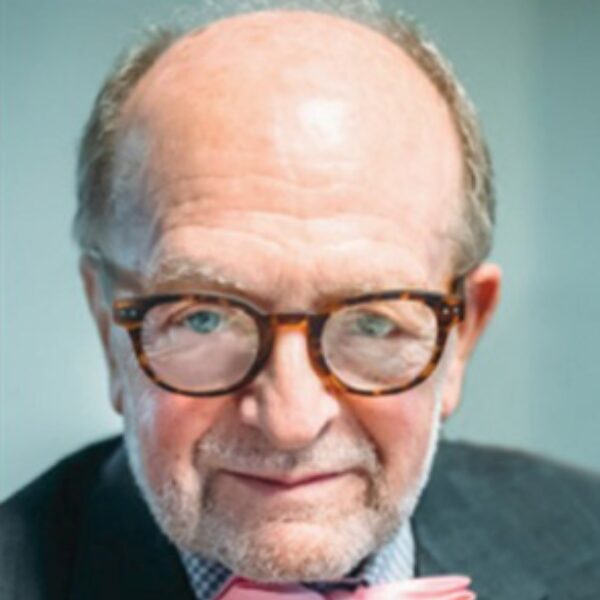
Valerian Kagan
Program: Genome Stability
Summary
Dr. Valerian E. Kagan is one of the world’s recognized leaders and one of the most prominent authorities in the field of Free Radical Biology and Medicine. Internationally known for his profound interdisciplinary studies of oxidative stress, antioxidants, tissue, and cell acute and chronic injury, he has founded a new field of research “Oxidative Lipidomics” and demonstrated its research power in investigations of cell death mechanisms. Free radicals, lipid peroxidation and oxidative stress have been long associated with tissue and cell damage through yet not well…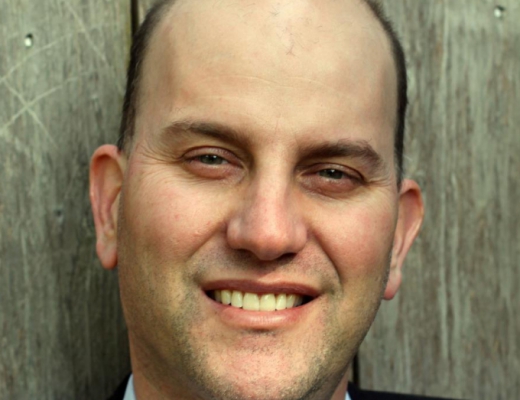
Jeremy Kamil
Program: Cancer Virology
Summary
My research is focused on human cytomegalovirus (aka "CMV" or "HCMV"), a large, enveloped dsDNA virus in the herpesvirus family. Like all herpesviruses, CMV infects the host for life, and approximately 50% of Americans are infected. CMV is an expert modifier of cellular pathways relevant to cancer-- for instance, it encodes a protein serine-threonine kinase called UL97 that phosphorylates and inactivates the retinoblastoma tumor suppressor protein (pRB). CMV has been implicated in glioblastoma as well as pediatric acute lymphoblastic leukemia (ALL). Nonetheless, I am most excited about the…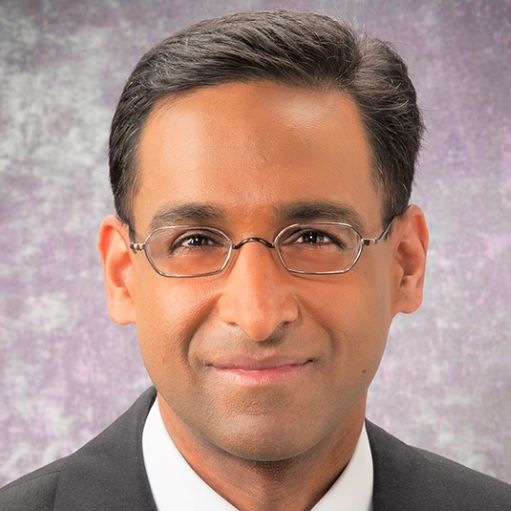
Udai Kammula
Program: Cancer Immunology and Immunotherapy
Summary
As Director of the Solid Tumor Cell Therapy Program at UPMC Hillman Cancer Center, I oversee both clinical and research studies aimed at developing effective T cell-based immunotherapies for advanced cancer. We employ an integrated translational approach based upon preclinical in vitroexperimentation, in vivo murine models, and informative human clinical trials. The analysis of clinical results feeds further basic experimentation in an iterative process aimed at elucidating important immunologic principles for the successful treatment of human…
Anthony Kanai
Program: Cancer Therapeutics
Summary
My lab’s cancer research is to determine if radioprotectants instilled in the urinary bladder prior to irradiation of pelvic or prostate tumors can protect against radiation cystitis without dampening treatment efficacy. We utilize a mouse model of prostate cancer using orthotopic injections of androgen resistant RM-1 and androgen sensitive MyC-CaP cells. Mitochondrial targeted free-radical scavengers are instilled into the bladders of these mice using novel infrared guidance method; assuring the instillate enters the bladder and not the prostate. Fractionated irradiation is used following…
Lawrence Kane
Program: Cancer Immunology and Immunotherapy
Summary
My lab is currently pursuing several projects:1. The role of TIM-3 in CD8+ T cells This project currently involves the study of - TIM-3, a novel protein of the T cell immunoglobulin and mucin domain family in regulation of CD8+ T cell function during viral infection (using LCMV as a model system) and responses to syngeneic tumors. We are also interested in elucidating signaling pathways downstream of TIM-3.2. The role of TIM-3 in regulatory T cells (Treg)Work from our lab and others has shown that expression of TIM-3 is associated with acquisition of a more potent "effector" Treg (eTreg)…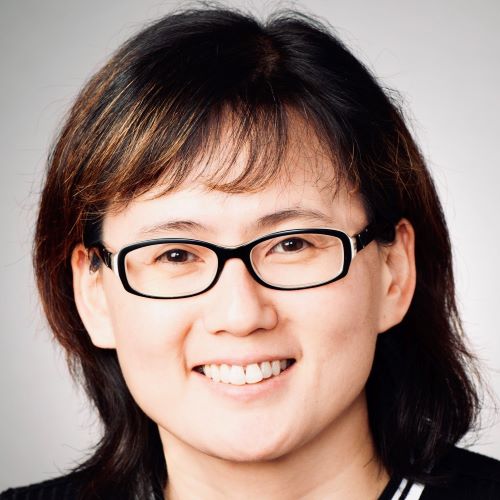
Hayeon Kim
Program: Cancer Therapeutics
Summary
As an assistant director of outcomes research, my mission is to assess the value(s) of various treatments and clinical outcomes for cancer care via these tasks below: 1. Establish the infrastructure by collaborating with multi departments for outcomes analyses for cancer treatments. 2. Perform Cost effectiveness analyses and health economics in cancer treatments. 3. Assess various treatment and planning techniques that increase quality and outcomes in cancer care. 4. Serve as NRG oncology physics subcommittee for national clinical…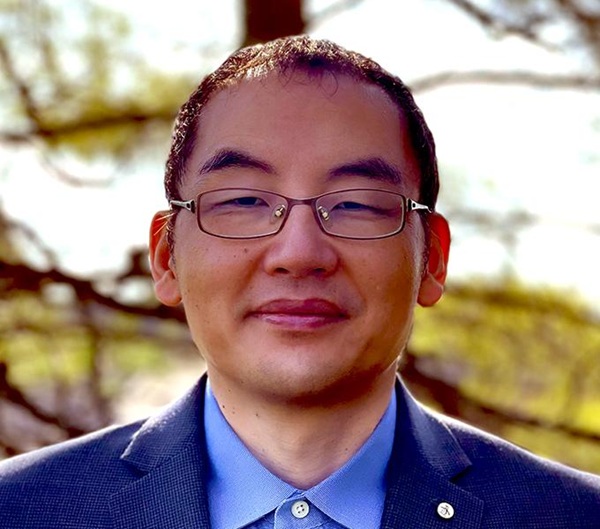
In-Kwon Kim
Program: Genome Stability
Summary
My research focuses on elucidating the mechanisms of and developing new inhibitors for key enzymes in the ADP-ribosylation cycle and DNA repair that are critical for maintaining genomic stability. As you know, inhibitors of these pathways, such as poly(ADP-ribose) polymerase inhibitors (PARPi), have shown promise in selectively killing cancers that have compromised DNA repair functions. I seek to address important biological and biomedical questions: (1) how writers/readers/erasers of ADP-ribosylation and ADP-ribosyl conjugates specifically recognize and metabolize substrates (e.g., PARG and…

Paul Kinchington
Program: Cancer Virology
Summary
Dr. Kinchington’ s research program focuses on the biology of the human alpha-herpesvirus Varicella Zoster Virus (VZV) and its interaction with human neurons and skin using novel model systems. VZV causes Chickenpox upon primary infection, but then remains with the host for life in a latent state in sensory neurons. When the Virus reactivates, it causes Herpes Zoster or Shingles, a painful and debilitating disease that causes significant human morbidity and long-term consequences. Chief among those is the development of long-term, intractable and debilitating chronic pain called…
John Kirkwood
Program: Cancer Immunology and Immunotherapy
Summary
Dr. Kirkwood’s research focuses upon melanoma immunobiology, therapy and prevention. His translational studies established the first effective adjuvant therapy of melanoma, and identified the immunological basis of this therapy, and are now probing the role of molecularly targeted agents (BRAF, MEK, and PI3Kdelta/gamma inhibitors) that may improve upon the efficacy of anti-PD1 immunotherapy, both in advanced melanoma and in the adjuvant operable high-risk melanoma settings. He has advanced the multimodal therapy of melanoma with surgery, stereotactic radiotherapy, and molecular…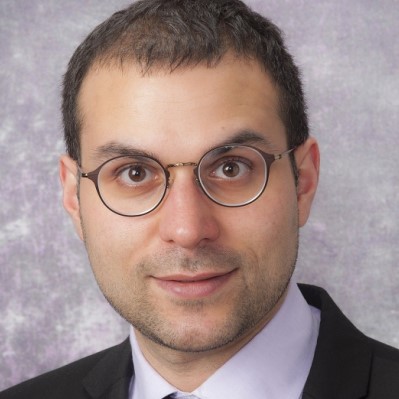

Kazunori Koide
Program: Cancer Therapeutics
Summary
We are currently studying FR901464, a natural product that regulates cancer-related genes by modulating splicing factor 3B subunit 1 (SF3B1) and PHF5A. This compound inhibits cancer proliferation at concentrations as low as 1 nM. To study FR901464, we completed a chemical total synthesis of this natural product. Our synthetic analogs of FR901464, meayamycins, inhibit tumor growth at 10 pM. Additionally, we develop fluorescent probes to gain spatiotemporal insights into hydrogen peroxide, copper ions, and platinum…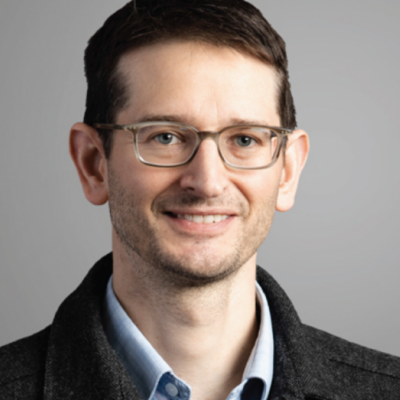
Dennis Kostka
Program: Cancer Biology
Summary
How do different organs and tissues arise? What are the genetic and epigenetic mechanisms that drive this development? To address these questions, we design statistical methods and algorithms and apply them to large-scale, genome-wide data. Ultimately, our goal is to generate, test, and confirm hypotheses that are relevant to human health. Current projects include methods for biology at single cell resolution, disease-specific variant prioritization through non-coding regulator loci, and embryonic development of the heart and…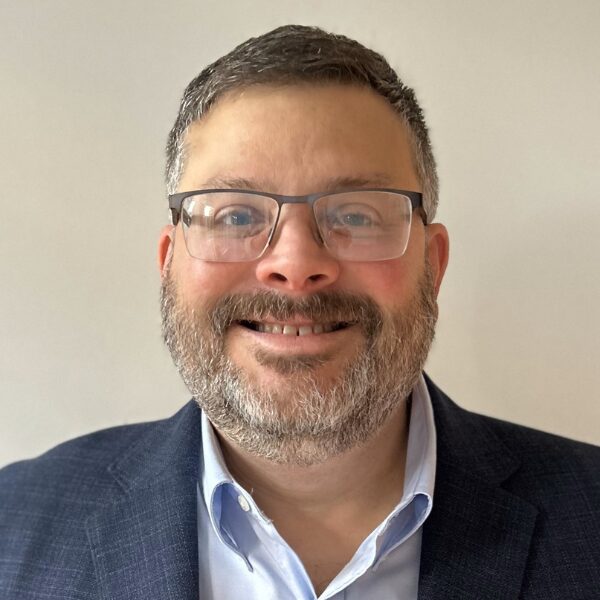
Eric Lechman
Program: Cancer Therapeutics
Summary
My broad areas of expertise include human hematopoietic and leukemia stem cell biology. My research is focused on (1) understanding miRNA control of the molecular and signaling pathways that direct the cellular fate of normal and malignant human hematopoietic stem and progenitor cells and (2) elucidating the developmental, cellular and molecular origins of adult and pediatric leukemia. My research is guided by multi-omic analysis of primary patient samples/tissues and utilizes functional genomics in combination with xenotransplantation into immune deficient…
Adrian Lee
Program: Cancer Biology
Summary
The laboratory studies the molecular basis of breast cancer development and resistance to therapy, with the goal to improve precision medicine and outcomes for breast cancer patients. The laboratory employs a systems biology approach, utilizing a combination of single cell and bulk sequencing, computational methods, and biological models to identify and validate new drivers and therapeutic targets. Hypotheses are tested in vitro and in vivo and then moved to clinical trials. The majority of studies incorporate analysis of human specimens, in collaboration with a large network of clinicians…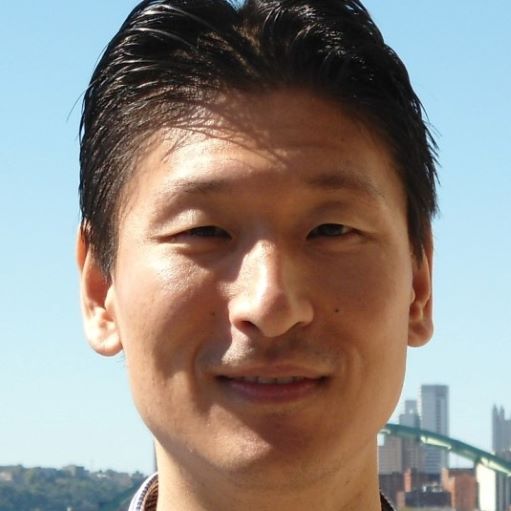
Nara Lee
Program: Cancer Virology
Summary
Many noncoding (nc)RNAs execute diverse cellular functions and are equally important as their coding counterparts. In recent years, owing to the development of cutting-edge technology, such as next-generation sequencing, the detection of ncRNAs and elucidation of their functions have been facilitated. However, compared to the large number of identified ncRNAs, only a minute fraction has been ascribed a specific function, as more and more surprising aspects regarding their mode of action are being uncovered.Our lab studies the molecular function of two enigmatic ncRNAs from the Epstein-Barr…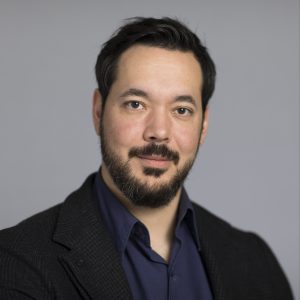
Robin Lee
Program: Cancer Biology
Summary
We use live-cell experiments and mathematical models to understand how single cells process information in inflammatory diseases and cancer. To decide between irreversible cell fates such as growth, differentiation or death, cells process information about their environment through a network of molecular circuits. Our research combines principles of systems and synthetic biology with large-scale data to understand how information flows through these circuits. By observing input-output relationships in the same cell using microfluidics, live-cell dynamics and single-molecule microscopy, we aim…
Young Ji Lee
Program: Biobehavioral Cancer Control
Summary
I specialize in health informatics, with a focus on enhancing the structure and delivery of health information through AI systems tailored to individual needs. Most recently, I served as the Principal Investigator of an NIH-funded project (R01LM013038) that developed HELPeR—Health E-Librarian with Personalized Recommendations, a hybrid recommender system designed to support ovarian cancer patients in navigating online health resources. The system combines recommender algorithms and personalized user modeling to increase the use of relevant information and support patient self-management.…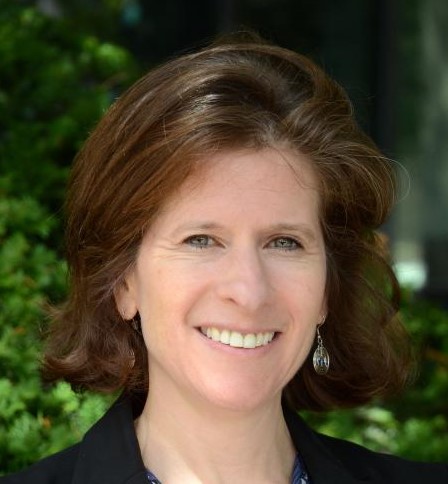
Michele Levine
Program: Biobehavioral Cancer Control
Summary
Michele D. Levine, PhD, a licensed clinical and health psychologist, is Professor of Psychiatry, Psychology and Obstetrics, Gynecology and Reproductive Sciences at the University of Pittsburgh. Dr. Levine’s program of research focuses on relationships among health behaviors and mental health during pregnancy and the postpartum period. Dr. Levine also directs a T32 postdoctoral training grant and an affiliated clinical psychology internship training program at Western Psychiatric Hospital, both of which support clinical research…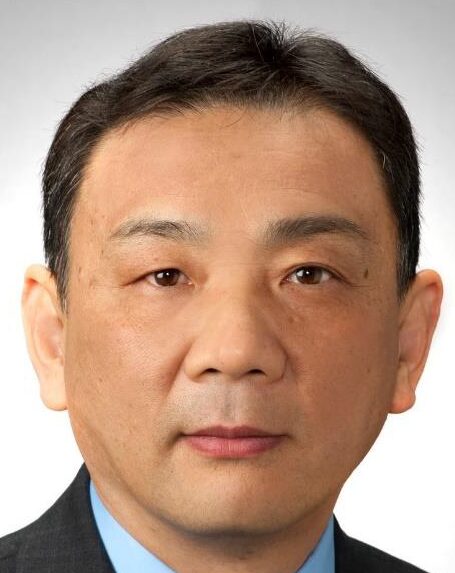
Gang Li
Program: Cancer Biology
Summary
The main research interest in Dr. Gang Li's lab is to understand the molecular mechanisms underlying the contribution of disease-associated, non-coding functional SNPs to aging-related diseases by focusing on Alzheimer's disease and atherosclerosis. Dr. Li's lab has developed multiple techniques such as Reel-seq, SNP-seq, FREP/SDCP-MS and AIDP-Wb to identify the causal SNPs as well as the SNP-bound regulatory proteins based on genome wide association studies (GWAS). The lab's goal is to use human genetics (GWAS) as a guide to identify new drug targets and, ultimately, to…
Jing Li
Program: Cancer Immunology and Immunotherapy
Summary
I am an early-career researcher with a strong passion for cancer-related research. The goal of the my lab is to unravel the molecular and cellular mechanisms driving immunosuppression in the tumor microenvironment, with a particular focus on CD8+ regulatory T cells. We will leverage cutting-edge technologies, mouse tumor models and patient-derived specimens to drive scientific advancements in the field of cancer immunology and human…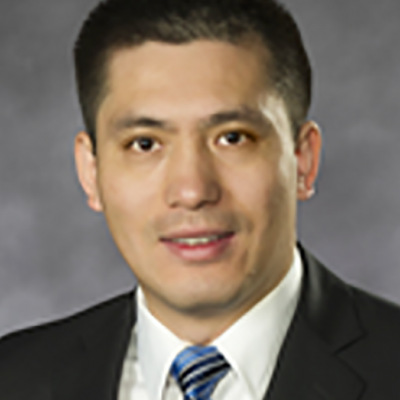
Renfeng Li
Program: Cancer Virology
Summary
Epstein-Barr virus (EBV) is the causative agent of nasopharyngeal cancer (a type of head and neck cancer), stomach cancer and several types of lymphomas. Each year 200,000 cancers worldwide are caused by EBV. The presence of EBV in cancer cells also provides a unique opportunity for targeted therapy by forcing tumor cells to reactivate latent EBV. The Li lab is focusing on understanding the molecular mechanisms by which viral and host factors control the transition of EBV from latency to reactivation with a goal of developing novel therapeutic strategies to cure EBV-associated…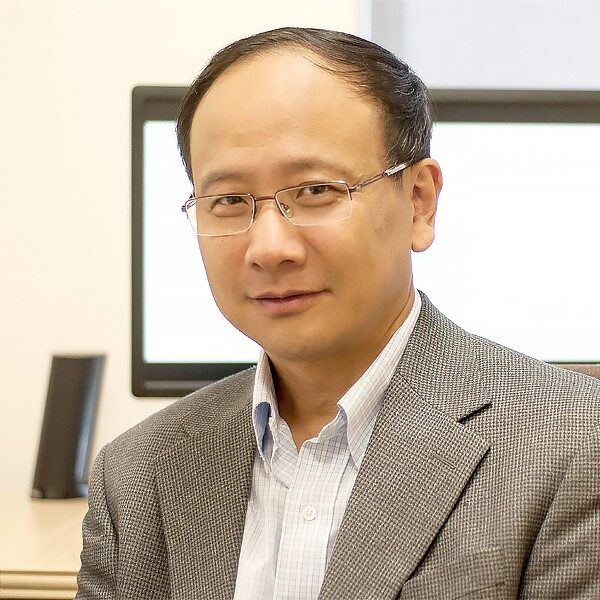
Song Li
Program: Cancer Therapeutics
Summary
Dr. Li has broad knowledge in medicine, biology, and drug and gene delivery and has established a strong research program centered at the interface of biology and biotechnology. His lab has developed several novel delivery systems that are aimed to solve major issues in his fields through improved understanding of the fundamental aspects of drug formulations and comprehensive structure-activity relationship (SAR) study. His group proposed the concept of “new amphiphilic surfactants with interfacial drug-interactive motif”, which has helped to solve the problem of formulating many…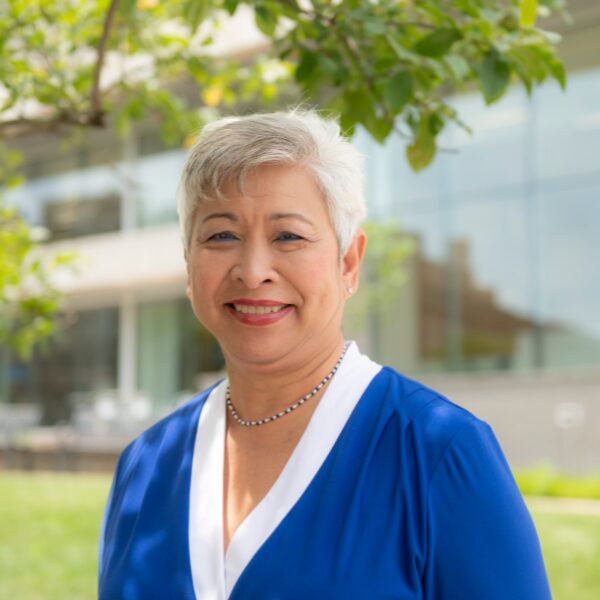
Maureen Lichtveld
Program: Cancer Epidemiology and Prevention
Summary
Prior to joining Pitt SPH, I served as the Associate Director for Population Sciences of the Tulane University Cancer Center for 15 years. I represented Tulane on the NCI GMAP region 2 consortium. My cancer-related research focuses on cancer health disparities locally and globally with a special emphasis on the Caribbean. Of special interest is the role exposures to chemicals and non-chemicals stressors play in cancer development. Additionally, I am a board member of the Intercultural Cancer Council (ICC), and appointed chair of the board effective January 2024.…
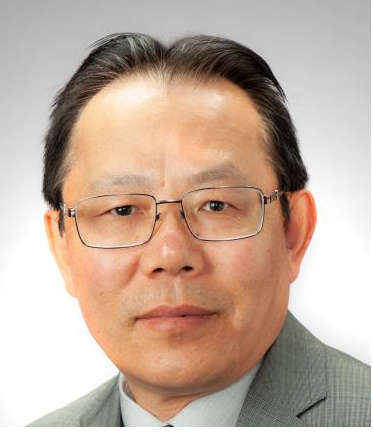
Shihui Liu
Program: Genome Stability
Summary
The Liu Lab studies several medically important bacterial virulence factors, including anthrax toxins, in bacterial pathogenesis. Through investigating the interactions of these protein toxins and their mammalian hosts, we are interested in discovering the toxins’ molecular targets and understanding the molecular mechanisms of pathophysiology. We study how these toxins alter key signal transduction pathways, in particular the RAS and ERK pathways, in cancer cells and tumor stromal cells, and we use the knowledge obtained to design and develop novel bacterial toxin-based anti-tumor drugs…
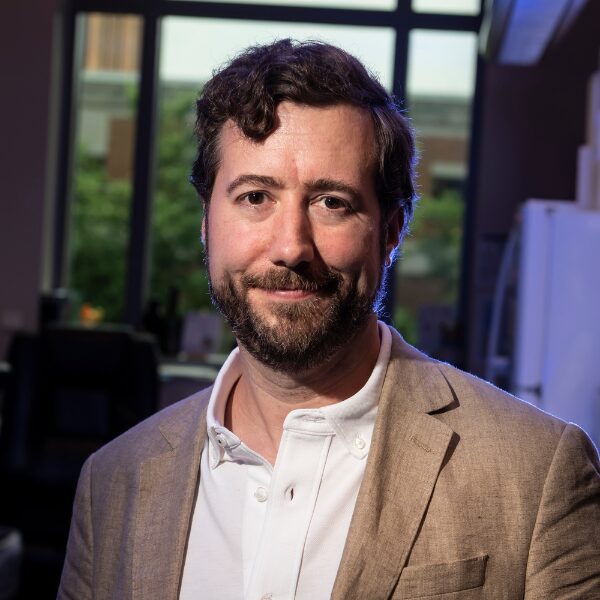
Jason Lohmueller
Program: Cancer Immunology and Immunotherapy
Summary
Dr. Lohmueller’s laboratory focuses on engineering synthetic receptors and gene circuits to improve adoptive cell therapies to treat cancer. Two major goals of the lab include enhancing receptor targeting specificity as well as remediating suppression of the anti-tumor immune response. One area of technology development is engineering universal chimeric antigen receptors (CARs) capable of multi-antigen targeting and tunable receptor activity. These receptors potentially allow for treating a variety of cancers, while avoiding cancer relapse, and alleviating therapy-related…
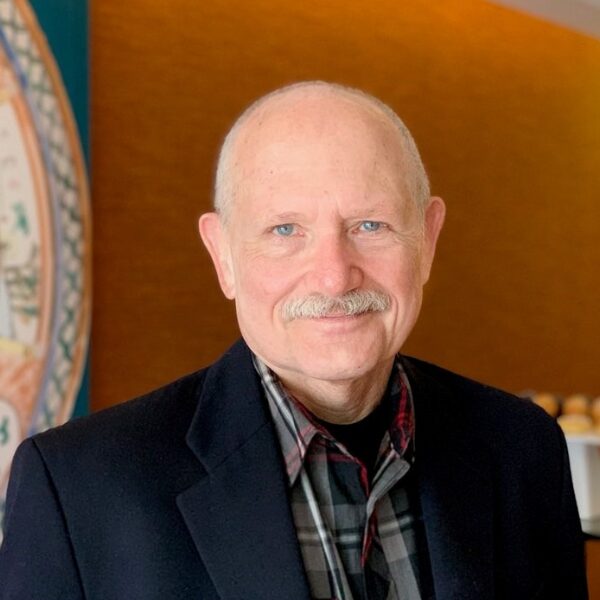
Michael Lotze
Program: Cancer Immunology and Immunotherapy
Summary
Dr. Lotze's primary area of research is broadly in tumor immunology, particularly the role of cellular therapy using dendritic cells, T cells, and NK cells. His current research interests include the further identification of clinical biomarkers and surrogates in the setting of cancer, the role of cell death pathways and autophagy, the nuclear protein high molecular group B1 [HMGB1] and other Damage Associated Molecular Pattern Molecules [DAMPs] in tissue injury, repair, and cancer. He is currently preparing major reviews on the role of costimulation as part of the therapeutic approach…
Carissa Low
Program: Biobehavioral Cancer Control
Summary
Dr. Low is a clinical health psychologist focused on using consumer mobile technology including wearable devices and smartphones for remote monitoring of symptoms and functioning during cancer treatment. Her team is interested in using these real-world data to predict clinical outcomes, to support patient self-management and patient-provider communication, and to personalize behavioral interventions aimed at optimizing quality of…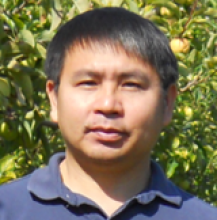
Songjian Lu
Program: Genome Stability
Summary
Using computational method to search for driver somatic genome alterations, such as somatic mutations, copy number alterations, that are related to cancer development.Formulating the biological problems into graph or statistical problems.Designing efficient exact algorithms for the hard computational problems.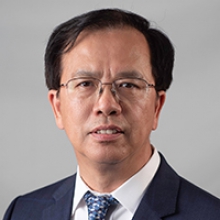

Jason Luke
Program: Cancer Immunology and Immunotherapy
Summary
Jason J. Luke, MD, FACP, is an Associate Professor of Medicine at the University of Pittsburgh and UPMC Hillman Cancer Center where he is Associate Director for Clinical Research and the Director of the Immunotherapy and Drug Development Center (Phase I). Dr. Luke specializes in early phase drug development for solid tumors (particularly novel immunotherapeutics and biomarkers of immunotherapy activity) as well as the management of melanoma. Dr. Luke is one of the foremost international investigators in the realm of immuno-oncology, having led clinical trials of…
Jianhua Luo
Program: Genome Stability
Summary
Dr. Luo's research is in the area of genome and gene expression studies of malignancies, especially in understanding how liver and prostate cancers obtain invasive and metastatic capabilities. Dr. Luo's laboratory in the past has primarily focused on the isolation and characterization of genes which are inactivated in liver and prostate cancers. His laboratory is currently focusing on characterizing oncogenic fusion genes in human malignancies and developing fusion gene targeting tools to diagnose and treat human cancers. Dr. Luo is also interested in developing long-read sequencing…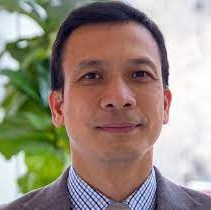
Hung Luu
Program: Cancer Epidemiology and Prevention
Summary
Dr. Luu has a broad background in medicine and epidemiology, with specific training and expertise in the molecular and genetic epidemiology of cancer as well as large population-based studies. His main research focuses on etiological role of genetic factors, lifestyle factors, and environment exposures, particularly chronic inflammation, in the development of cancer as well as their impact on prognosis of cancer patients, particularly patients with gastrointestinal cancers such as colorectal cancer, pancreatic cancer and liver…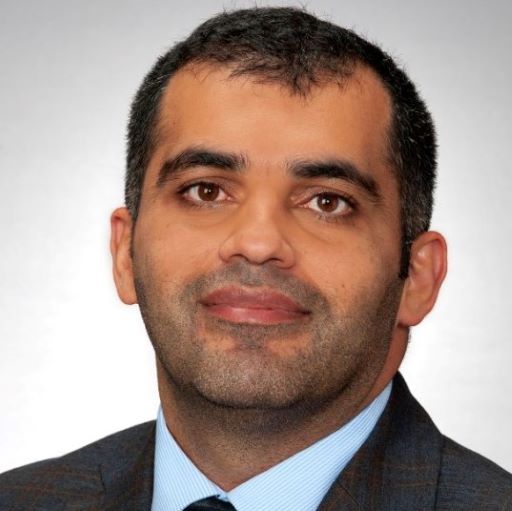
Haider Mahdi
Program: Cancer Immunology and Immunotherapy
Summary
Cancer related research: 1. Tumor immune microenvironment in ovarian cancer focusing on tumor associated macrophages and TGF-B as well as strategies to enhance benefit of immunotherapy in ovarian cancer; 2. Her2 directed targeted therapy in combination approach targeting resistance mechanisms; 3. DNA-damage response targeted therapy based on ATR targeted therapy in combination approach to reverse PARPi resistance in ovarian…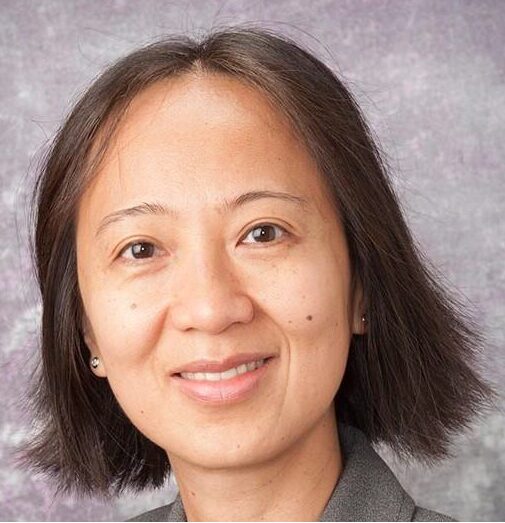
Phuong Mai
Program: Cancer Epidemiology and Prevention
Summary
Dr. Phuong Mai’s work focuses on the role of genetic testing to identify individuals with a hereditary predisposition to cancers, including breast and ovarian cancer. She is also working on risk reducing interventions and early-detection in individuals at increased cancer risk.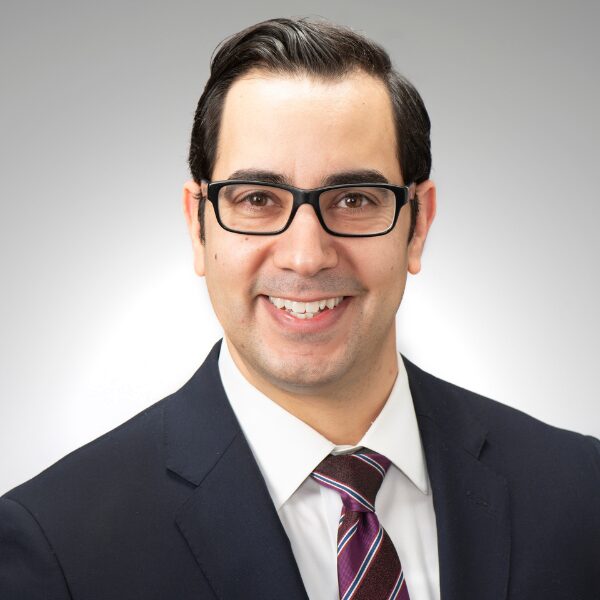
Marcus Malek
Program: Cancer Immunology and Immunotherapy
Summary
Marcus Malek, MD, director of Pediatric Surgical Oncology at UPMC Children’s Hospital of Pittsburgh, directs a unique research program focused on improving surgical outcomes in pediatric tumors through use of novel molecular imaging technology. Towards this end, he and his lab team are developing new surgical tracers to guide surgeons to the tumor, facilitate safe resection, and confirm that the entire tumor was removed. Complete surgical resection of tumors is critical to providing the best possible patient outcomes, but unfortunately, incomplete resection is a common occurrence. A…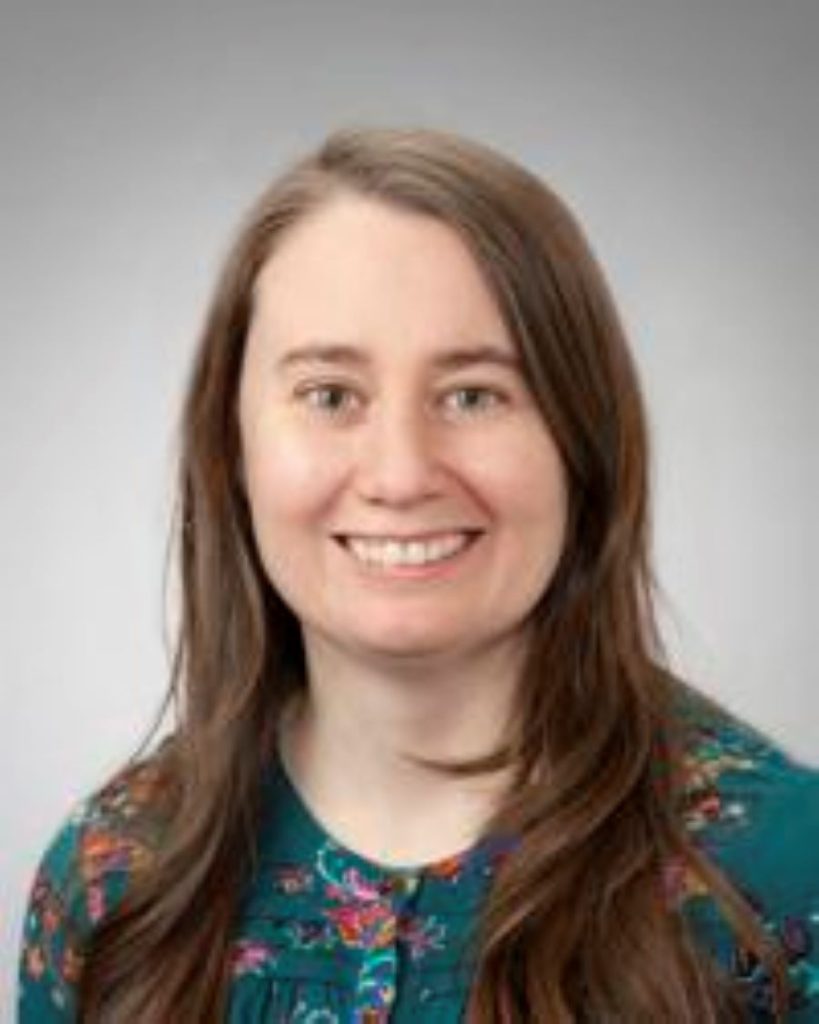
Lisa Maurer
Program: Cancer Biology
Summary
My research focuses on studying the protein-protein interactions within the “CBM” signaling complex, composed of CARMA1 (a scaffolding protein), BCL10 (an adaptor protein), and MALT1 (a scaffolding protein with proteolytic activity). In normal lymphocytes, the CBM complex mediates activation of the pro-survival NF-kappaB transcription factor in response to antigen receptor stimulation. Inappropriate activation of this complex drives neoplastic diseases including lymphoid cancers such as non-Hodgkin Lymphoma and likely a subset of pediatric T-cell lymphoma. My goal is to understand how…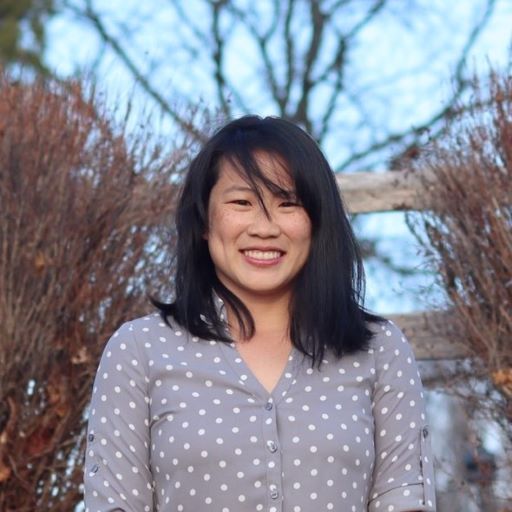
Angela Mazul
Program: Cancer Epidemiology and Prevention
Summary
I am interested in reducing health disparities through understanding the complex pathways socioeconomic status and stress affects cancer genomics and, subsequently population health. My current work focuses on neighborhood socioeconomic metrics that may influence head and neck cancer through the cancer care continuum. I aim to develop a case-control study with prospective follow-up of patients in Western Pennsylvania to elucidate this pathway in head and neck…
Priscilla McAuliffe
Program: Cancer Therapeutics
Summary
Dr. McAuliffe focuses on the surgical treatment of all breast diseases, with special interest and research emphasis on invasive lobular breast cancer, de-implementing low-value breast surgical care, pre-invasive neoplasms such as DCIS and LCIS, premenopausal and elderly breast cancer, breast conservation therapy, locally advanced breast cancer and axillary management. She collaborates with the Breast Disease Research Repository for breast biospecimens and leads several breast surgery clinical…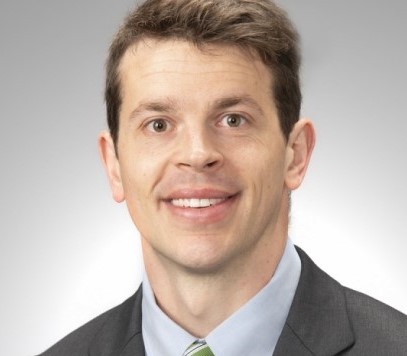
Brendan McNeish
Program: Biobehavioral Cancer Control
Summary
My research interests are in the underlying causes of mobility disability in cancer survivors. Specifically, I am interested in investigating how neuromuscular and cognitive capacities change with cancer and treatment and how they are associated with changes in balance, gait, falls, and quality of life.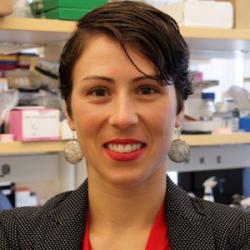
Marlies Meisel
Program: Cancer Immunology and Immunotherapy
Summary
Our lab is exploring the role of the gut and tissue microbiome on systemic immunity in the context of complex diseases such as autoimmunity and cancer. Further we ask how we can use other environmental factors such as physical exercise and diet to tune microbiota metabolic output to modulate systemic immunity thereby changing cancer outcome.
John Mellors
Program: Cancer Virology
Summary
Dr. Mellors' laboratory focuses on resistance to antiretroviral drugs used for treatment and HIV prevention and on mechanisms of HIV persistence and strategies to deplete the reservoirs that are the barrier to curing HIV infection. His work on HIV reservoirs showed that low-level viremia persists in most individuals on long-term suppressive ART, and that the level of residual viremia is predicted by the level of viremia before ART. Current work focuses on identifying agents to reverse HIV latency and to eliminate HIV infected cells. The impact of innovative therapies on HIV reservoirs is…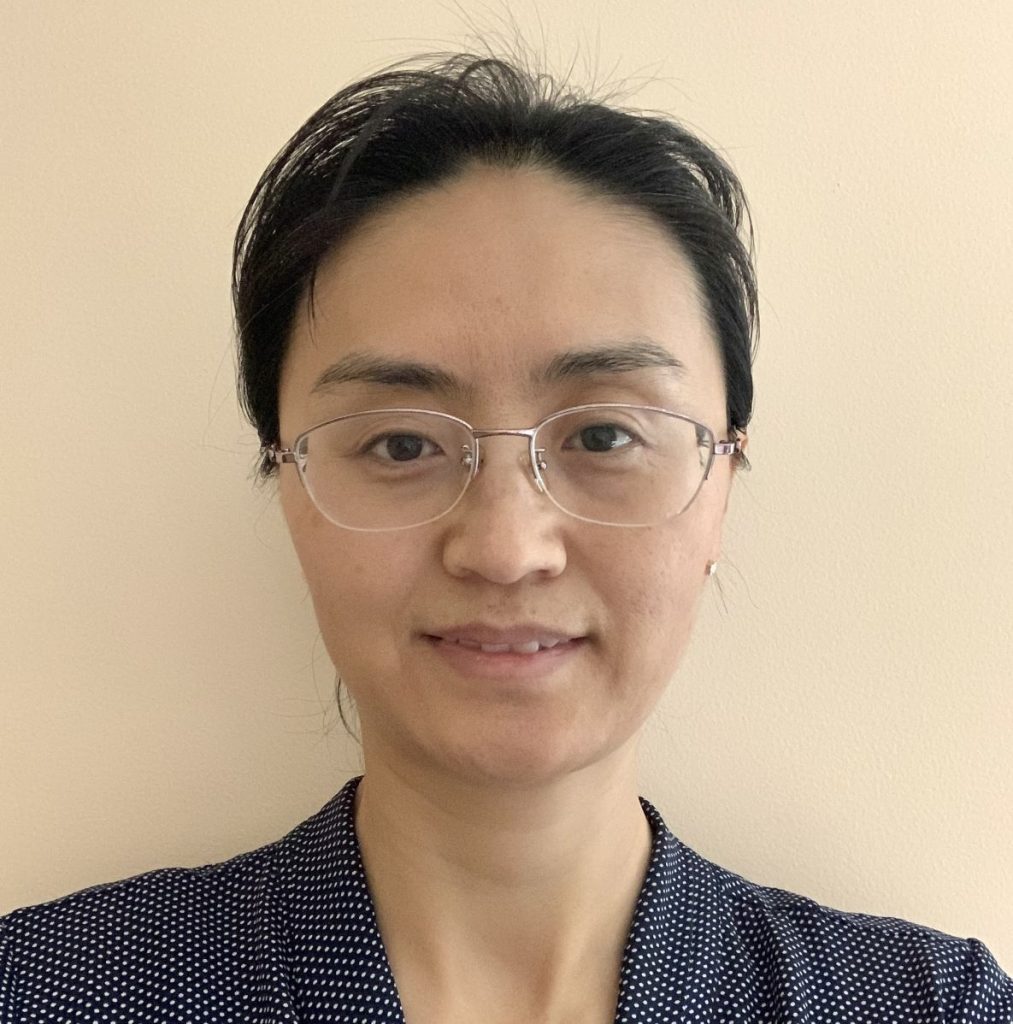
Xin Meng
Program: Cancer Epidemiology and Prevention
Summary
My research focuses on two areas: (1) Imaging Biomarkers in Cancer: Investigating imaging biomarkers for the early detection, diagnosis, therapy response, and prognosis of cancers, including lung, ovarian, and melanoma; (2) AI in Robotic Surgery: Exploring how AI can improve robotic surgery, such as simulating lung motion during lung biopsy procedures to accurately localize lesions and guide biopsy needle insertion, enhancing precision and reducing complications.The multidisciplinary environment at Hillman Cancer Center is ideal for integrating my AI methodologies with clinical practices.…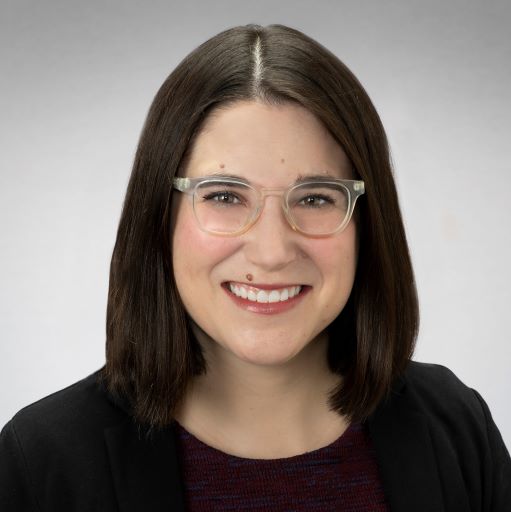
Jessica Merlin
Program: Biobehavioral Cancer Control
Summary
I am a Tenured Professor of Medicine at the University of Pittsburgh, the director of Pitt's CHAllenges in Management and Prevention of Pain (CHAMPP) center, and the PI of a NIDA-funded research center, Tailored Retention and Engagement for Equitable Treatment of OUD and Pain (TREETOP), the goal of which is to improve treatment for comorbid opioid use disorder (OUD) and chronic pain. I am a PhD-trained behavioral scientist and an addiction medicine and palliative care physician who treats individuals with opioid misuse/OUD and chronic pain, including chronic cancer-related chronic pain.…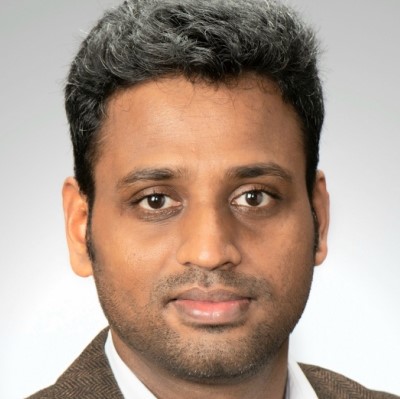
Antony MichealRaj
Program: Cancer Biology
Summary
Brain Tumor Metabolism and Functional Cancer Genomics Laboratory Laboratory of brain tumor metabolism and functional cancer genomics laboratory are established and directed by Dr. Antony MichealRaj in September 2021 at the Department of Neurological Surgery, University of Pittsburgh School of Medicine. We are focused on exploring the underlying disease mechanism of pediatric brain tumors, with a specific interest in pediatric cancer stem cells- brain tumor metabolism and epigenetics and post transcriptional and translational regulation. Our team is investigating following major themes in…
Francesmary Modugno
Program: Cancer Epidemiology and Prevention
Summary
Dr. Modugno is a molecular epidemiologist focused on women’s cancers, especially ovarian, breast, and endometrial cancers. Dr. Modugno’s research has examined the underlying epidemiology of ovarian and breast cancer etiology and outcomes with a focus on genetic, hormonal, and immunologic factors. As the Principal Investigator of the HOPE study, one of the largest studies of ovarian cancer risk and prognosis ever conducted in the US (2003-2008), Dr. Modugno was a founding member of the Ovarian Cancer Association Consortium (OCAC), a multinational consortium of ovarian…
Tatiana Moiseeva
Program: Genome Stability
Summary
DNA replication remains one of the main targets of cancer therapies as cancer cell generally proliferate faster and are prone to replication stress. My research interests involve studying the control of the initiation of DNA replication under normal conditions, in cancer, and in response to DNA damage. During my postdoctoral work, I have identified the signaling mechanism that mediates rapid and massive dormant origin firing in response to ATR or WEE1 inhibition. As a PI, I use ATR inhibition-induced origin firing, auxin-inducible degron systems, split Turbo-ID proteomics and other innovative…
Satdarshan Monga
Program: Cancer Biology
Summary
Dr. Paul Monga is an Academic Physician with an interest in furthering our understanding of many aspects of liver health and disease. His lab has been focused on elucidating the cellular and molecular underpinnings of hepatic pathophysiology, especially of liver development, repair, and tumorigenesis. His research has been consistently funded by NIH and industry since 2003, and he is currently PI/MPI on three R01s. He has published 230 manuscripts and reviews in peer-reviewed journals like Hepatology, Gastroenterology, Journal of Hepatology, American Journal of Pathology, Cell Metabolism,…
Patrick Moore
Program: Cancer Virology
Summary
Dr. Moore focuses his research on the link between viruses and cancer. Through his research, he hopes to answer why some viruses evolve to cause cancer while others cause nothing worse than the common cold. Dr. Moore and his wife, Yuan Chang, MD, discovered Kaposi’s sarcoma-associated herpesvirus (KSHV), also called human herpesvirus 8. KSHV causes Kaposi’s sarcoma, the most common malignancy occurring in AIDS patients. Kaposi’s sarcoma, a disease in which cancer cells are found in the tissues under the skin or mucous membranes, can be very aggressive in people whose immune systems…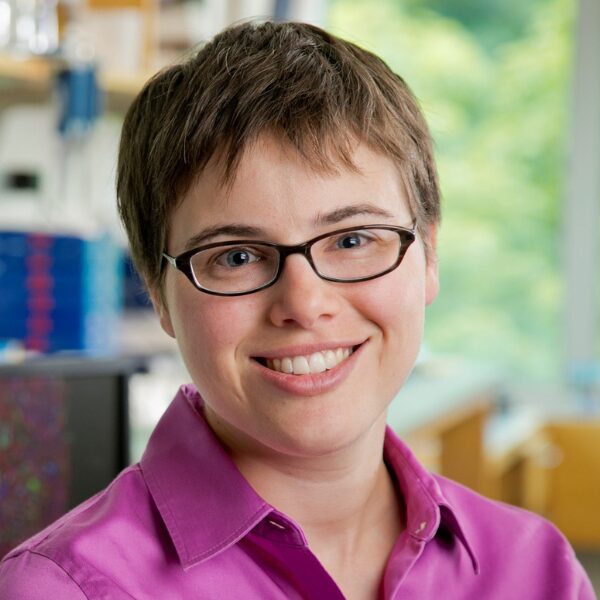
Yvonne Mowery
Program: Genome Stability
Summary
I am a physician scientist specializing in radiation therapy for the treatment of head and neck cancer and cutaneous malignancies. My laboratory utilizes genetically engineered mouse models, orthotopic syngeneic transplant mouse models, and patient samples to study the development and progression of head and neck squamous cell carcinoma (HNSCC), as well as to evaluate biomarkers and new therapeutic combinations for head and neck cancer. We are particularly interested in molecular characteristics of radiation resistance and immune dysregulation within the tumor microenvironment of…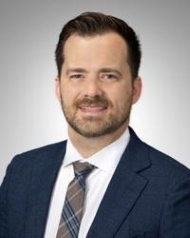
Adam Mueller
Program: Cancer Therapeutics
Summary
I am a physician scientist in radiation oncology with a focus on identifying targetable mechanisms of pancreatic cancer resistance in the laboratory, and dose escalated hypofractionated radiation therapy in the clinic. Over the course of my education and training, I have developed the expertise and skills to pursue my primary goal of identifying and solving research problems whose solutions can bring increased quantity and quality of life to my patients. I have a broad range of medical and scientific experience, and have been the most fulfilled when answering questions that could have a clear…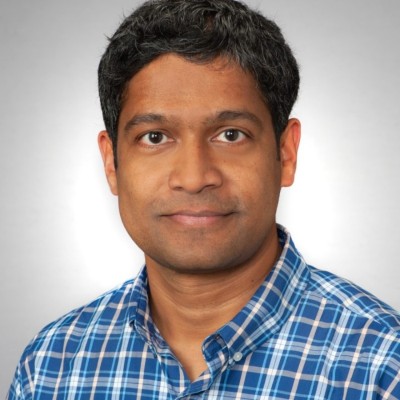
Amitava Mukherjee
Program: Genome Stability
Summary
As a faculty in the Department of Radiation Oncology, current focus of my research is to 1) Mitigation of radiation damage in the bone marrow or in the gastrointestinal system using small molecules, or second-generation probiotics that releases helpful cytokines. 2) Role of senescence in radiation induced lung fibrosis in surviving lung cancer patients, and how inhibition of a tyrosine kinase can be used as a therapy 3) Evaluating senescence in as an important factor in lung cancer and ovarian…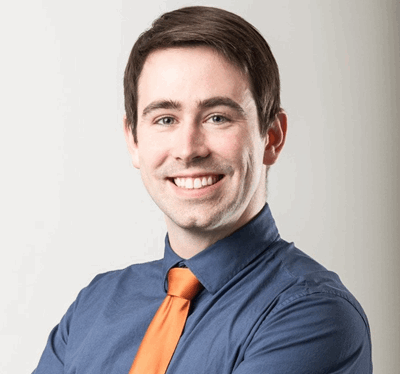
Logan Myler
Program: Genome Stability
Summary
DNA double-strand breaks (DSBs) are the most deleterious of DNA lesions and must be timely and accurately repaired to prevent genome instability. Telomeres, the ends of our linear chromosomes, resemble DSBs and must be protected from improper DNA damage signaling and repair. Telomeres also shorten with every cell division, which provides a tumor suppressor function, but critically short telomeres activate senescence and aging phenotypes. How DSBs are recognized and repaired but telomeres are protected from an improper DNA damage response is a major question in both cancer and aging biology.…
Benjamin Nacev
Program: Genome Stability
Summary
My long-term goal is to understand how perturbation of chromatin regulators disrupts the epigenome to affect fundamental epigenetically controlled processes. To address this question, I study genetic alterations in chromatin regulators that occur in sarcomas and other solid tumors. By combining my experience in pharmacology, genetics, chromatin biology, and sarcoma medical oncology, I am focused on addressing three major questions: 1) What are the effects of newly recognized cancer-associated histone mutations? 2) How do sarcoma-associated genetic alterations in chromatin regulators affect…
Yana Najjar
Program: Cancer Immunology and Immunotherapy
Summary
Yana G. Najjar, MD is a translational investigator and cutaneous oncologist at the UPMC Hillman Cancer Center, where she is an Associate Professor of Medicine and Director of the Clinical and Translational Research Center. Dr. Najjar specializes in the treatment of advanced melanoma, focusing on anti-PD1 resistant melanoma and rare melanoma subtypes. Using a bench-to-bedside approach, she has developed multiple investigator-initiated trials that aim to remodel melanoma tumor cell metabolism and hypoxia in the tumor microenvironment to overcome mechanisms of resistance to immunotherapy. Her…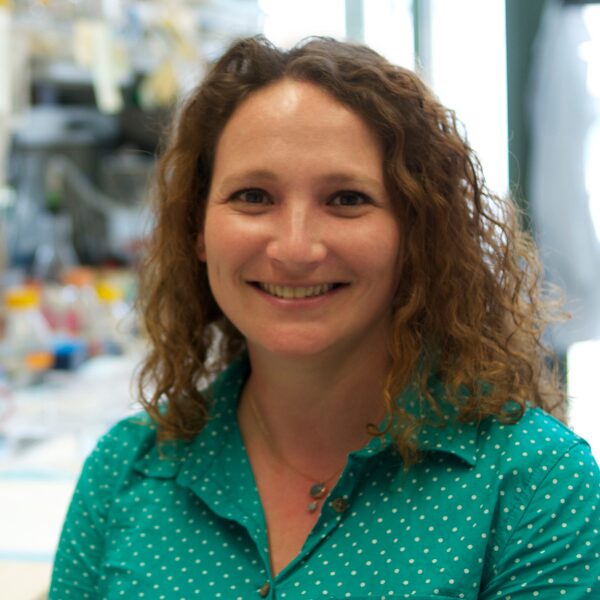
Yael Nechemia-Arbely
Program: Genome Stability
Summary
CENP-A is a heritable epigenetic mark that determines centromere identity and is essential for centromere function. Centromeres are the central genetic element responsible for accurate chromosome segregation during cell division, and as such, they are anticipated to be evolutionarily stable. How centromeres evolved to allow faithful chromosome inheritance on an evolutionary timescale despite their epigenetic maintenance is unclear. One of our interests is understanding whether CENP-A is capable of precisely and stably specifying human centromere position throughout cellular proliferation. To…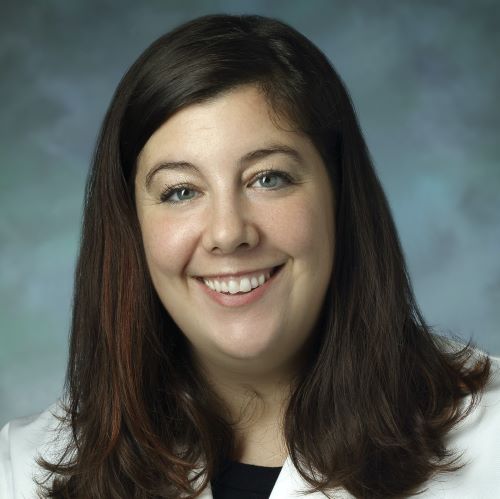
Jessie Nedrow
Program: Cancer Therapeutics
Summary
I am an assistant professor of radiology and the co-director of the preclinical in vivo imaging facility (IVIF) at UPMC Hillman Cancer Center. I have expertise in molecular imaging (PET, SPECT, optical), organic synthesis, peptide synthesis, conjugation and radiochemistry, targeted radiotherapy (α and β), and animal model of cancer. My research focus is on the development of novel radiopharmaceuticals for molecular imaging and targeted radiotherapy therapy. As the co-director of the IVIF I help investigators incorporate pre-clinical imaging to enhance their research through the…
Carola Neumann
Program: Genome Stability
Summary
The main interest of the Neumann laboratory is to expand our knowledge of cell signaling that is in part mediated by oxidation and reducing (redox) reactions as reactive oxygen species (ROS) deregulate the redox homeostasis and promote tumor formation by initiating an aberrant induction of signaling networks that cause tumorigenesis, including breast cancer. To investigate the specific mechanisms underlying redox-induced tumorigenesis, the Neumann laboratory focuses on the redox-induced posttranslational modifications (PTM) of protein cysteines, which are essential in cell signaling.…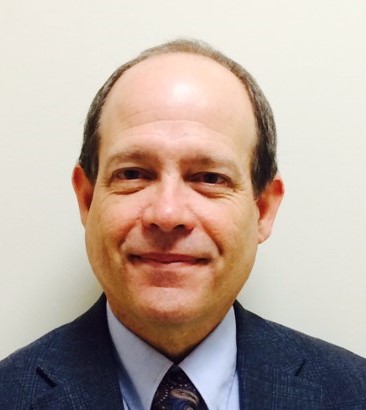
Joseph Newsome
Program: Cancer Virology
Summary
Joseph T. Newsome is an Associate Professor in the Department of Pathology and Associate Director – Division of Laboratory Animal Resources at the University of Pittsburgh. He is also the Director of the UPMC Hillman Cancer Center Animal Facility Shared Resource. He is a team member of the Cancer Virology Program. His current focus and expertise are in management, biosecurity, biocontainment, facility design and operations, and cancer modeling, immunology, and virology. He is involved in national and industry level organizations such as the American College of Laboratory Animal Medicine,…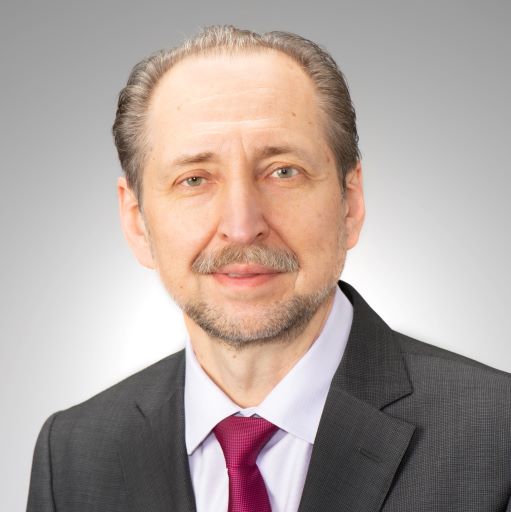
Yuri Nikiforov
Program: Genome Stability
Summary
Dr. Nikiforov's research is focused on thyroid cancer genomics and mechanisms of chromosomal rearrangements and other mutations induced by ionizing radiation in thyroid cells and other cell types. Since 2000, Dr. Nikiforov's research activities have led to four scientific discoveries. These discoveries described below have resulted in more than 200 published papers and form the basis of Dr. Nikiforov's current work.1.The discovery that genes involved in recurrent chromosomal rearrangements in cancer cells are localized in proximity to each other in the nuclei of normal human cells at the…
Marci Nilsen
Program: Biobehavioral Cancer Control
Summary
Dr. Marci Lee Nilsen is a nurse scientist dedicated to advancing research in the realm of head and neck cancer survivorship. Her research program is centered on enhancing the quality of life and overall survival of individuals within this population by characterizing predictors and trajectories of symptoms and treatment-related effects, with a specific emphasis on pain, musculoskeletal disorders, and cognition. Dr. Nilsen’s current National Cancer Institute MERIT grant focuses on characterizing trajectories of radiation-induced fibrosis, co-occurring treatment effects, and the…
Steffi Oesterreich
Program: Cancer Biology
Summary
The main interest of Dr. Oesterreich's laboratory is to further our understanding of hormone action in women's cancers (including both breast and ovarian cancers), with the ultimate goal to use this knowledge for improved diagnosis and endocrine treatment. These studies include many aspects of translational breast cancer research utilizing basic biochemistry, molecular and cell biology, and cell lines, mouse models and clinical samples. Over the last few years, Dr. Oesterreich has developed a strong research interest in in situ and invasive lobular disease, the second most common…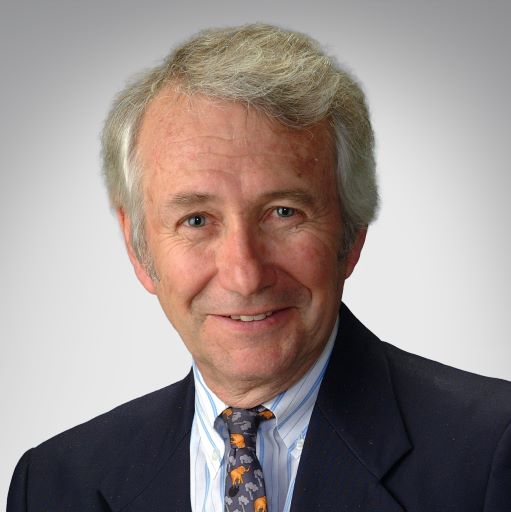


Adam Olson
Program: Cancer Therapeutics
Summary
I am a clinical scientist in the department of Radiation Oncology focused on designing and overseeing early- and late-phase clinical trials for prostate cancer and soft tissue sarcomas.
Patricia Opresko
Program: Genome Stability
Summary
My lab studies DNA damage and repair at telomeres. Telomeres are the caps at chromosome ends that are essential for preserving the genome. When chromosomes lose their telomere caps the cells age and this contributes to the onset of degenerative diseases with aging. If chromosomes lose their telomere caps in pre-cancerous cells, then this causes genetic alterations that hasten the progression to cancer. Understanding mechanisms of telomere damage and repair should lead to new intervention strategies aimed at preserving these regions of the genome that are so critical for protecting our…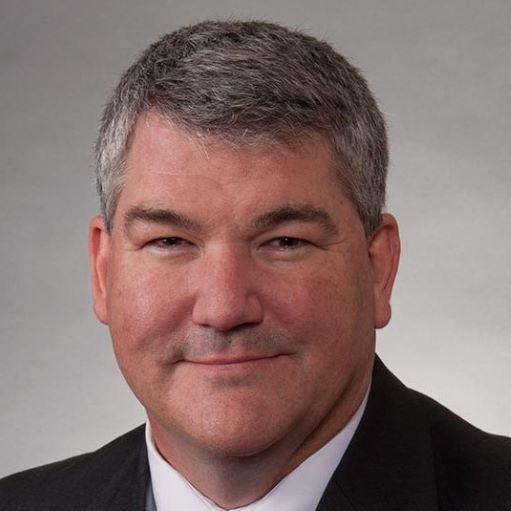
Kyle Orwig
Program: Biobehavioral Cancer Control
Summary
Research in the Orwig laboratory focuses on stem cells, germ lineage development, fertility, and infertility. Our progress investigating reproductive function in fertile individuals provides a basis for understanding the mechanisms of infertility caused by disease, medical treatments, genetic defects, or aging. Infertility impacts one in seven couples in the United States and can have a devastating impact on relationships and emotional well-being. The Orwig lab is ideally located in Magee-Womens Research Institute and Magee-Womens Hospital and is committed to translating lab…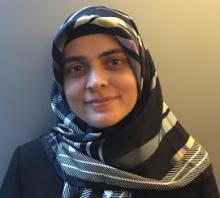
Hatice Osmanbeyoglu
Program: Cancer Biology
Summary
Our group's primary focus is on developing integrative machine learning approaches for extracting therapeutic and biological insights from highly heterogeneous omic datasets, clinical and drug response data, with the purpose of advancing precision medicine. Our projects span across the following areas: Cancer Genomics: Leveraging machine learning techniques to analyze genomic data from cancer patients, identifying genetic mutations, biomarkers, and potential therapeutic targets for personalized cancer treatment.Single Cell and Spatial Omics: Developing statistical methods for single-cell…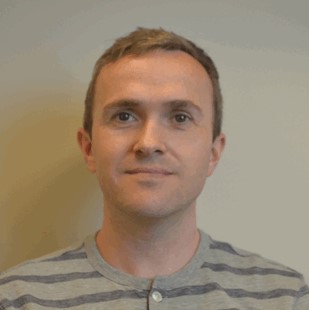
Roderick O’Sullivan
Program: Genome Stability
Summary
The O’Sullivan lab at UPMC Hillman Cancer Center conducts research into proteins that alter the structural and epigenetic functions of human telomeres. Telomeres are structures at the ends of chromosomes – the integrity of telomeres is an important factor in maintaining genome stability to prevent cancer and accelerated aging. Current efforts in the lab relate to: (i) deciphering the relationship between the regulation between chromatin structure and telomere function and (ii) new aspects of ADP-ribosylation in genome…
Abigail Overacre-Delgoffe
Program: Cancer Immunology and Immunotherapy
Summary
My broad research program will address the following question: How can the microbiome-specific immune response be modified or targeted to improve cancer patient response to immunotherapy? I will utilize the expertise and tools I have developed throughout my training to track and modify tumor- and microbiota-specific T cells in hopes of identifying current immunotherapeutic hurdles and developing targeting strategies for these unique cell populations. In addition, I will assess how previous therapies or other external changes to the gut microbiome impact response to immunotherapy in both mouse…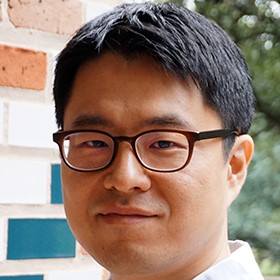
Hyun Park
Program: Cancer Immunology and Immunotherapy
Summary
To identify molecular differences between responders and non-responders in cancer immunotherapies, we develop data-science techniques, AI-driven tools, and statistical inference methods. Based on the models, we attempt to stratify patients that will likely benefit from immunotherapies and identify potential therapeutic agents in collaboration with Drs. Hassane Zarour, Kathy Shair, and Masa Shuda.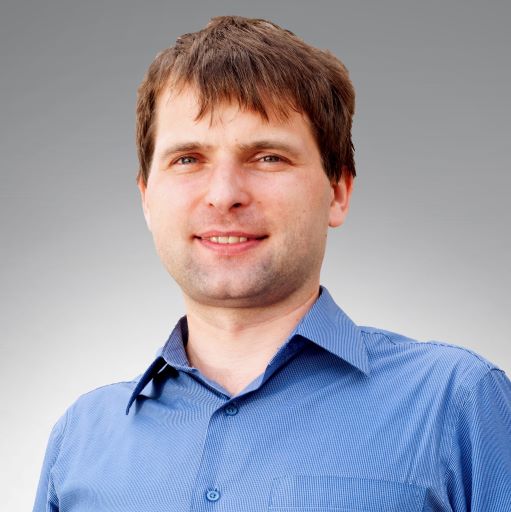
Andrey Parkhitko
Program: Cancer Biology
Summary
My current cancer-related research is focused on i) RB1 tumor suppressor and ii) nutrient interventions that may suppress tumor growth. RB1 is a tumor suppressor gene that is inactivated in a significant proportion of all cancer cases. A therapeutic approach that specifically targets defects in this tumor suppressor is currently not available. A synthetic lethal (SL) interaction occurs between two genes when the inactivation of either gene alone is viable but the inactivation of both genes simultaneously results in the loss of viability. My lab uses a cross-species approach to identify…
Laura Pascal
Program: Cancer Biology
Summary
Prostate cancer and benign prostatic hyperplasia are two diseases which present a significant burden for older men in the US. Although BPH is not usually life-threatening, the mechanisms contributing to BPH are largely unknown which makes it difficult to develop successful BPH prevention and treatment strategies. My research focus is developing and characterizing animal models of BPH and prostate cancer as powerful tools for measuring efficacy of small molecules designed to inhibit androgen receptor function in prostate cancer and of 5ARI and COX-2 inhibitors to reduce prostatic inflammation…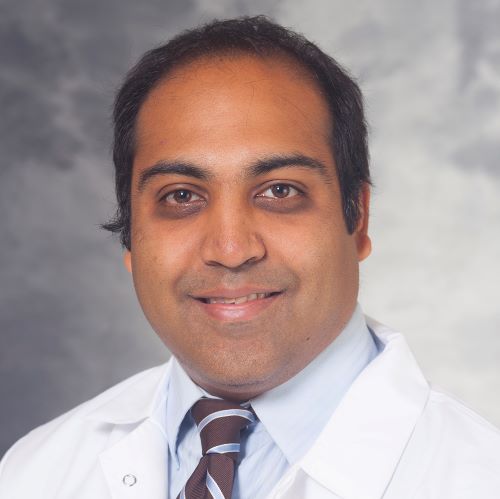
Ravi Patel
Program: Cancer Immunology and Immunotherapy
Summary
I am a physician-scientist in the Department of Radiation Oncology here at Hillman. The focus of my translational research lab is on the development of new combination radiation immunotherapy treatments. In particular, my current research focus is on the development of targeted radiopharmaceutical therapies to enhance efficacy of immune checkpoint blockade in a variety of cancer models. I currently serve as an Authorized User for the In Vivo Imaging Core Facility and have developed several collaborations with investigators in Hillman. Moreover as a clinician, I treat GU, breast, and cutaneous…

Kenneth Perkins
Program: Biobehavioral Cancer Control
Summary
Dr. Perkins has been continually funded by NIH since 1986 to conduct research focused largely on two broad “themes”. One emphasizes translational studies, drawing on preclinical findings to examine acute effects of nicotine (and cigarette smoking) that may explain persistence of tobacco dependence in humans. That work was recognized in 2020 by American Psychological Assoc’s (APA) Med-Associates Brady-Schuster Award for outstanding behavioral research in psychopharmacology or substance abuse. The second theme aims to improve clinical treatments for smoking…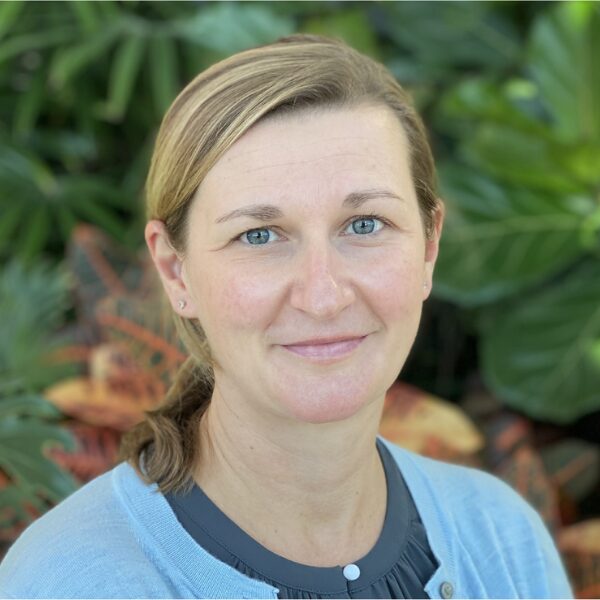
Amanda Poholek
Program: Cancer Immunology and Immunotherapy
Summary
My research focuses on understanding how immune cells integrate signals encountered in the environment to drive functional outcomes at the molecular and epigenetic level in both health and disease. The tumor microenvironment plays important roles in limiting T cell function and anti-tumor immunity. Our lab is exploring how the tumor microenvironment drives T cell dysfunction by altering the T cell epigenome and transcriptome. We use cutting-edge Next-generation sequencing technologies to interrogate the epigenome of T cells in murine models and patient samples. We aim to engineer the T cell…
Ian Pollack
Program: Cancer Immunology and Immunotherapy
Summary
Prior to joining the faculty of the Department of Neurological Surgery at the University of Pittsburgh in 1992, Dr. Ian Pollack was awarded the 1991 Van Wagenen Traveling Fellowship, which afforded him a year of subspecialty training in the Department of Neurosurgery at the Hospital for Sick Children in Toronto, the Neuro-Oncology Laboratory of the University of Lausanne in Switzerland, and the Laboratory of Tumor Biology of the University of Uppsala in Sweden. Dr. Pollack graduated magna cum laude from Emory University in 1980, where he earned a BS degree in chemistry. He received his…
Donna Posluszny
Program: Biobehavioral Cancer Control
Summary
I have conducted behavioral research in a variety of cancer populations including breast, gynecologic, head and neck, and hematological malignancies. I currently hold an NCI K23 Career Development Award examining adherence to the medical regimen for hematological cancer patients who are post allogeneic hematopoietic cell transplantation (HCT) and their family caregivers. Allogeneic HCT is a potentially curative therapy for hematologic disease, but is associated with multiple complications and significant stress to patients and family caregivers (CGs). To enhance outcomes and minimize risks,…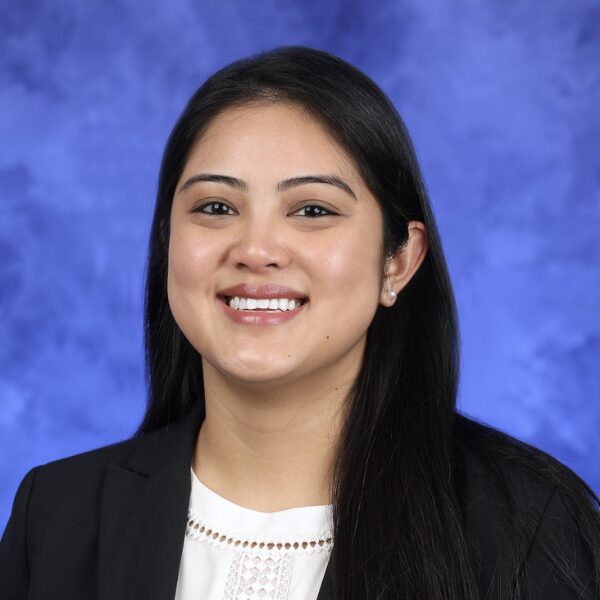
Melanie Potiaumpai
Program: Biobehavioral Cancer Control
Summary
My current research is in the field of exercise oncology. My focus is the development, use, and implementation of exercise for cancer prevention, control, and survivorship. I am also interested in using dissemination and implementation science to expand exercise services in clinical care. I have largely focused on developing and evaluating exercise interventions for their impact on functional and patient-centered outcomes in adults with cancer. I have worked on several clinical trials that have explored the effect of exercise during different time points along the cancer care continuum.…
Daniel Premkumar
Program: Cancer Therapeutics
Summary
Glioblastomas are highly invasive primary tumors with poor prognosis despite current therapies. Individual targeted therapies have failed to offer long-term survival benefits, although combinations of rationally selected inhibitors may have significant therapeutic applicability for these tumors. Studies by our group and others have also shown aberrant, constitutive activation of NF-kB and Akt as common features of malignant gliomas, supporting their functional role in contributing to apoptosis resistance and refractory growth despite cytotoxic chemotherapy, irradiation, and molecularly…
Edward Prochownik
Program: Cancer Biology
Summary
Dr. Prochownik is interested in cancers resulting from the de-regulated expression of the c-Myc oncoprotein. He is using animal models of pediatric and adult liver cancer (hepatoblastoma and hepatocellular carcinoma) to ascertain the molecular, biochemical and metabolic changes that accompany tumor progression, regression and recurrence. He is utilizing over-expression and knockout models to determine how genes that cooperate with or are affected by Myc such as ChREBP and pyruvate dehydrogenase specifically contribute to the metabolic and molecular landscapes of these…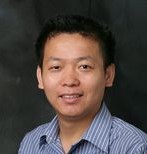
Jiantao Pu
Program: Cancer Epidemiology and Prevention
Summary
My research focuses on developing innovative artificial intelligence (AI) tools to enable non-invasive, quantitative, and precise assessment of pathological conditions. By enhancing disease characterization, my work aims to identify novel biomarkers, deepen our understanding of underlying disease mechanisms, and support the development of more effective therapeutic strategies.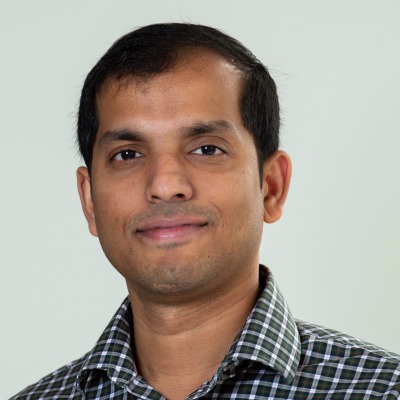
Sadeesh Ramakrishnan
Program: Cancer Biology
Summary
Non-alcoholic fatty liver (NAFLD)-related HCC develops without liver cirrhosis and alcohol consumption. Perturbations in liver lipid disposal pathways, in particular dysregulation of hepatic ketogenesis, contributes to the pathogenesis of NAFLD and fibrosis. Conversely, ketogenic diet (KD) supplementation decreases liver lipid accumulation, inflammation, and fibrosis in NAFLD models. Our lab is interested in understanding how ketone bodies or ketogenesis regulate NAFLD-related HCC. We have liver specific ketogenesis insufficient and ketolysis insufficient mice to test our…



Charles Rinaldo
Program: Cancer Virology|Cancer Virology
Summary
Dr. Rinaldo's research is focused on the relation of disease progression to dendritic cell function and reactivity of CD8 killer T cells to HIV and human herpesvirus 8 (HHV-8, or KSHV, the cause of Kaposi's sarcoma).
Margaret Rosenzweig
Program: Biobehavioral Cancer Control
Summary
Our team’s research is focused on the factors that ensure that all women with breast cancer receive timely diagnoses, treatment, and support. Our research, education, and outreach initiatives are directed toward Black women with breast cancer, women with metastatic breast cancer, and community engagement to address racial and economic breast cancer survival disparity. Our team is well-published, with over 130 publications and multiple national and international presentations disseminating the results of our research. The Symptom Experience, Management, and Outcomes…
Partha Roy
Program: Cancer Biology
Summary
The major focus of the research in the Roy laboratory is studying the role of actin-binding proteins and actin-regulated transcription factors in physiological and pathological events. Specific focus areas are actin-binding proteins (profilin, Ena/VASP) and their regulation, MRTF-SRF transcriptional axis, fundamental mechanisms of cell migration, cancer biology (breast and renal cancer), cell signaling, vascular-immune cell crosstalk, and angiogenesis (in both developmental and pathological settings). We seek to a.) Understand the molecular mechanisms of various aspects of cancer metastasis,…
J. Peter Rubin
Program: Cancer Biology
Summary
Dr. Rubin is a noted expert on adult stem cells derived from fat tissue and advanced reconstructive surgery. Dr. Rubin leads a program that is devising innovative strategies for the use of adipose (fat)-derived stem cells to not only address problems of tissue regeneration but also other diseases that benefit from stem cell-based therapies. He is co-director of the Adipose Stem Cell Center and co-director of the UPMC Aesthetic Plastic Surgery Center. His laboratory research focuses on applications of adult adipose-derived stem cells for restoring damaged tissues after trauma and cancer…
Jenny Ruiz
Program: Biobehavioral Cancer Control
Summary
I am a pediatric hematologist-oncologist and a health services researcher. My research focuses on investigating social and structural drivers of health (SDOH) as it relates to pediatric cancer access, care, and outcomes. Previous projects include investigating infectious complications in children with leukemia by an area-based measure of SDOH and clinical trial enrollment disparities. I am establishing my research program focused on caregiver-clinician communication in pediatric oncology.…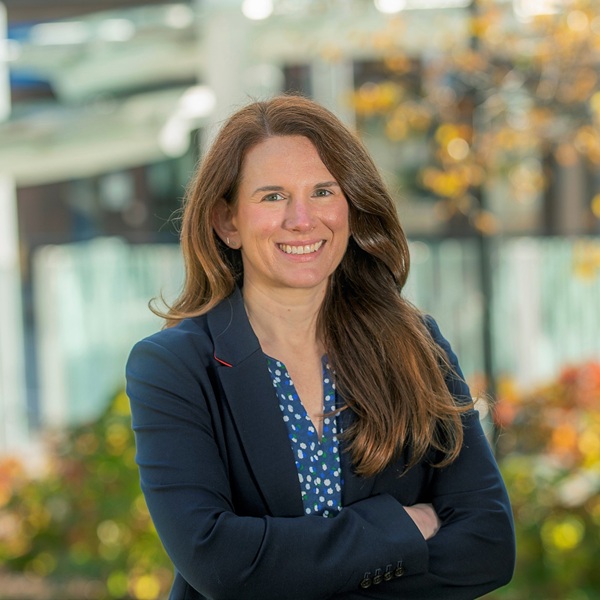
Lindsay Sabik
Program: Biobehavioral Cancer Control
Summary
Dr. Sabik is a health economist and health services researcher focused on investigating how state and federal policies affect healthcare access, utilization, and health outcomes among low-income and underserved populations, with a particular focus on cancer care. Recent and ongoing projects she leads examining the role of state health policy in access to cancer screening, timely diagnosis, and treatment for underserved groups have been funded by the National Cancer Institute, the Agency for Healthcare Research and Quality, and the American Cancer Society. She has also served as an…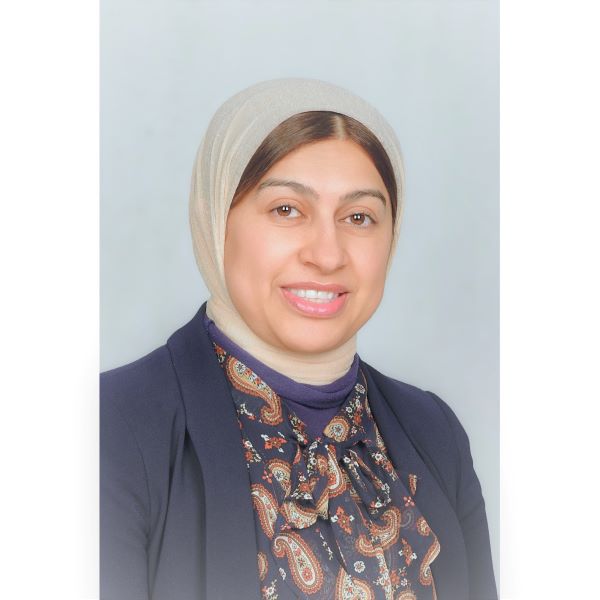
Anwaar Saeed
Program: Cancer Therapeutics
Summary
Dr. Saeed’s research efforts are focused on immune modulatory approaches in patients with gastric & esophageal cancer, colon cancer and hepatocellular carcinoma as well as chemoprevention/ immunoprevention in the high-risk GI population. She has published more than 150 peer reviewed papers, posters and book chapters, and have led more than 40 clinical trials, focused on various immune modulatory regimens including but not limited to immune checkpoint inhibitor combinations with chemotherapy, other checkpoint inhibitors, antibody drug conjugates, bi-specific T cell engagers (BiTE),…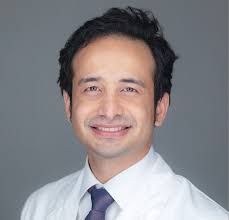
Ibrahim Sahin
Program: Cancer Therapeutics
Summary
I am a clinical investigator who designs clinical trials in the space of colorectal cancer for drug development. My clinical research interests are targeted therapeutics and immunotherapy. I also collaborate with translational scientists to conduct correlative sciences. My translational research interests include understanding resistance mechanisms to immunotherapy, biomarkers analysis for immune response and investigating mechanisms of resistance to targeted…
Jami Saloman
Program: Biobehavioral Cancer Control
Summary
The Saloman lab focuses on how peripheral nerves shape the incipient tumor microenvironment. Current studies are designed to understand how sensory and sympathetic nerves regulate anti-tumor immunity and cancer pain. Several immune checkpoint proteins are expressed by the neurons that innervate the pancreas and ongoing experiments are investigating the role of these signaling molecules in regulation of the tumor microenvironment. Our overall goal is to understand the role of neural circuits to cancer biology and to harness this knowledge to improve early detection as well as…
Michael Sayette
Program: Biobehavioral Cancer Control
Summary
Dr. Sayette's research focuses on psychological theories of alcohol use and abuse, cigarette smoking, and drug craving, and on cognitive, affective, and social processes in addiction.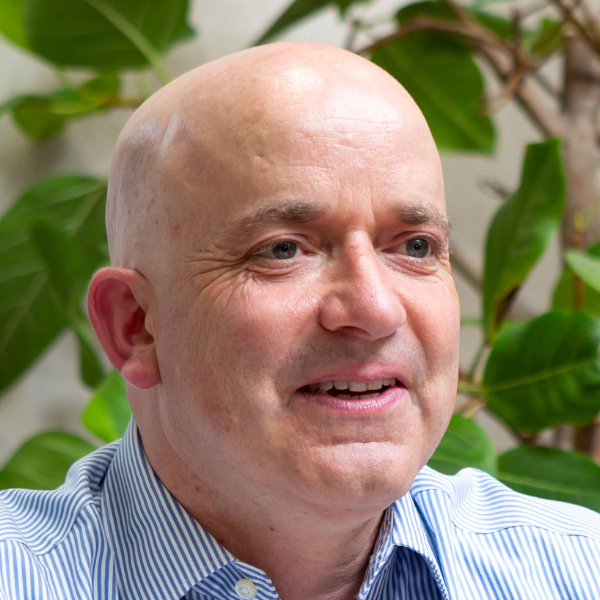
Orlando Scharer
Program: Genome Stability
Summary
I am interested in further advancing our research and leveraging our findings for precision oncology. The HCC provides an ideal interdisciplinary environment for these efforts. I am focused on the below research areas:1. Molecular mechanisms of human nucleotide excision repair (NER)• Biochemical, cellular, structural and single molecule studies of damage recognition, complex assembly and dual incision in NER• Determining the activity of NER proteins on DNA adducts formed by antitumor agents• Development of new assays for monitoring NER activity in biochemical and cellular…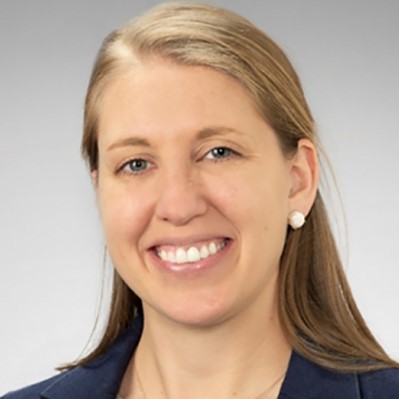
Nicole Scheff
Program: Biobehavioral Cancer Control
Summary
Head and neck squamous cell carcinoma (HNSCC) causes severe pain and stress, which exceeds the levels seen in other cancers. Beyond sensory/pain signaling, the peripheral nervous system has been identified as a component of the cancer microenvironment and may be involved in modulating tumor progression and tumor-associated immunity. The cancer microenvironment is comprised of stromal cells, glial cells, immune cells, neurons (e.g., motor, sensory, sympathetic) and proliferating tumor cells. The Scheff lab seeks to integrate the neurobiology, cancer biology, and immunology fields to fully…
Yael Schenker
Program: Biobehavioral Cancer Control
Summary
My primary research interest is in the integration of palliative care services in oncology, with a particular focus on developing new models to improve provision of 'primary' palliative care within oncology practices. Secondary research interests include goals of care discussions, quality of life, healthcare policy in serious illness, surrogate decision making, informed consent, and the impact of language and cultural barriers on patient-clinician…
Kathryn Schmitz
Program: Biobehavioral Cancer Control
Summary
Dr. Schmitz serves UPMC Hillman Cancer Center as the interim director, associate director of population sciences, and founding director of the UPMC Moving Through Cancer Program. I am an exercise oncology researcher. My work focuses on large clinical trials related to physical activity and cancer, across the cancer control continuum, from primary prevention to addressing the needs of advanced cancer patients. The central mission of my work is to make exercise standard of care in oncology. Therefore, in addition to the efficacy trials my lab conducts, I am also actively involved in…

Mark Schurdak
Program: Cancer Therapeutics
Summary
My research interests center on applying a Quantitative Systems Pharmacology (QSP) approach that integrates experimental and computational analyses to understand disease and drug mechanisms, which will lead to developing more effective therapeutic strategies.

Susan Sereika
Program: Biobehavioral Cancer Control
Summary
I am a PhD-prepared biostatistician and have collaborated with cancer researchers, primarily in the University of Pittsburgh School of Nursing, for more than 25 years in the area of behavioral and biomedical science, particularly symptom science and the possible toxic effects of cancer treatments and their impact on adherence to cancer treatments.
William Shadel
Program: Biobehavioral Cancer Control
Summary
Dr. Shadel's research ranges from basic human laboratory work designed to understand the biopsychosocial mechanisms that contribute to smoking initiation and cessation, to the evaluation of cognitive-behavioral and pharmacological smoking cessation interventions in the clinic and public health settings. He has been continuously funded as a principal investigator by the National Cancer Institute and National Institute on Drug Abuse since 1999. Dr. Shadel's current grants examine how tobacco advertising contributes to adolescent smoking behavior, and the psychosocial mechanisms that underlie…
Kathy Shair
Program: Cancer Virology
Summary
The Shair Lab studies the human tumor virus “Epstein-Barr virus,” a ubiquitous herpesvirus with 90-95% seropositivity among adults worldwide. The resulting chronic infection can lead to EBV-associated cancer, which can occur in the immune-competent, and the immune-compromised such as post-transplant patients and HIV+ patients. A major focus is to translate these molecular studies to benefit cancer risk assessment and to elucidate EBV molecular pathogenesis in EBV-associated B-cell lymphomas and epithelial cell cancers. One EBV-associated cancer we study is nasopharyngeal carcinoma…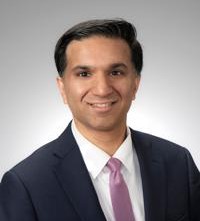
Saad Sheikh
Program: Genome Stability
Summary
The Sheikh lab is interested in developing targeted radiation treatments for pediatric CNS malignancies. Our goal is to use molecularly guided radiotherapy to reduce the normal tissue effects for children undergoing radiation treatment for primary CNS malignancies. Furthermore, our lab is working to elucidate the impact of molecularly guided radiotherapy on the tumor microenvironment of pediatric brain tumors. The long-term goal of this work will be to determine whether the addition of our molecularly directed radiotherapeutic agent will promote synergy with existing systemic…
Paula Sherwood
Program: Biobehavioral Cancer Control
Summary
My primary research focus is on biobehavioral interactions in persons with cancer and neurologic conditions. I am particularly interested in the area of neuro-oncology, working with both patients and family caregivers to improve outcomes and health care delivery.
Saul Shiffman
Program: Biobehavioral Cancer Control
Summary
Dr. Shiffman's research focuses on tobacco use and nicotine dependence and their development, the nicotine withdrawal syndrome, smoking relapse, behavioral and pharmacological treatment for smoking, and tobacco control. Dr. Shiffman is currently conducting two trials, both focused on non-daily smokers, who are a substantial and growing fraction of adult smokers. The first study focuses on assessing the effects of switching to very low nicotine content cigarettes (VLNCCs) among intermittent smokers (ITS). This is a two-arm randomized study with an own-cigarette baseline control. After a…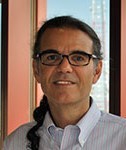
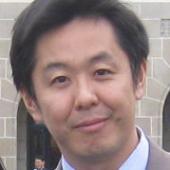
Masahiro Shuda
Program: Cancer Virology
Summary
Studies on animal polyomaviruses have provided a wealth of information for cancer biology. Research on the simian and murine polyomaviruses (SV40 and PyV) led to the discovery of tumor suppressor proteins p53 and retinoblastoma (pRb) and unveiled the importance of tyrosine kinase activities in tumorigenic signaling. Our research exploits the human Merkel cell polyomavirus (MCV) that causes most Merkel cell carcinoma (MCC), a rare but deadly skin cancer that exhibits similarity to the tactile sensor “Merkel cells”. Despite the rarity of MCC, MCV infection is common, and nearly all healthy…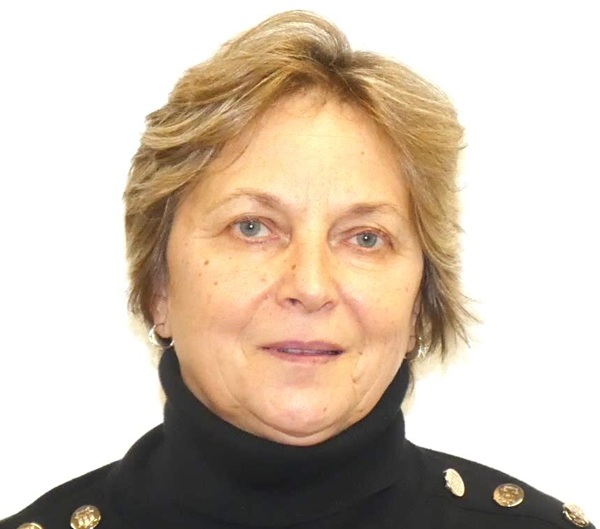

Michael Shurin
Program: Cancer Immunology and Immunotherapy
Summary
Our research program focuses on the mechanisms of cellular and molecular interactions in the tumor microenvironment. The elements of the tumor microenvironment can collectively exert both stimulatory and inhibitory pressures on the proliferative, angiogenic, neurogenic and immunomodulating potential of cancerous cells, as well as their ability to spread and metastasize. Thus, insights into the mechanisms regulating host responses to growing tumors are essential for assessing relative risks and improving the therapeutic index for novel therapies associated with the modulation of the…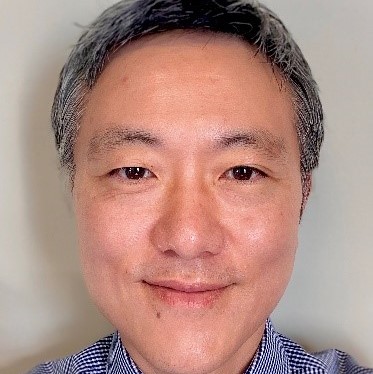
Gabriel Sica
Program: Cancer Therapeutics
Summary
My research has focused predominantly in the pathobiology of lung cancer and how the tumor microenvironment affects the natural biology and response to treatment. Working in collaboration with colleagues from the department of medical oncology we have discovered multiple possible biomarkers for disease management. In the future, I would like to integrate digital pathology analysis platforms into these studies. Specific topics of current investigation include: 1) Small cell lung carcinoma subtypes and genomics; 2) Morphologic features of lung cancer and its stroma, impact on natural biology;…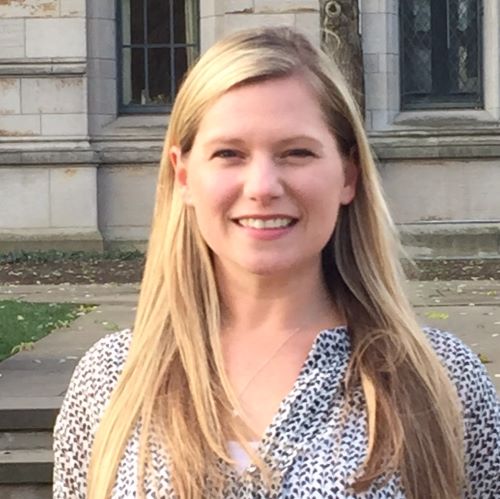
Jaime Sidani
Program: Biobehavioral Cancer Control
Summary
My research focuses on the intersection of media and health, with a particular interest in investigating how we can use media and technology in ways that promote health. My work has examined the association between social media use and mental health outcomes, the spread of misinformation on social media, and online marketing of emerging tobacco products (e.g. hookah, e-cigarettes). Much of this work uses novel methodologies such as combining in-depth qualitative, quantitative, and social network data. I am currently conducting pilot trials in area high schools to test a media literacy-based…
Jonathan Silverstein
Program: Cancer Biology
Summary
Jonathan Silverstein, MD, MS, FACS, FACMI, serves as Chief Research Informatics Officer and Professor of Biomedical Informatics at University of Pittsburgh School of Medicine. He is internationally known for his expertise, and federally funded research, in the application of advanced computing architectures to biomedicine and on the design, implementation and evaluation of high-performance collaboration and visualization environments for anatomic education and…
Shivendra Singh
Program: Cancer Epidemiology and Prevention
Summary
The primary research interests of the Singh laboratory include molecular characterization of novel cancer chemopreventive agents and rational design of mechanism-driven combination chemoprevention regimens. Cellular and transgenic animal models are used to screen potential cancer chemopreventive constituents from dietary and medicinal plants. Cutting edge cellular, molecular biological, omics (metabolomics and proteomics), structural biology, and imaging techniques (MRI and bioluminescence) are used to (a) determine the mechanism of action of promising cancer chemopreventive agents, (b)…
Aatur Singhi
Program: Cancer Biology
Summary
Dr. Singhi's current research focus is primarily translational in the area of gastrointestinal, pancreatic, hepatobiliary and peritoneal pathology, and can be summarized in the following areas:(1) Clinical diagnostic test development. In conjunction with other members of pathology, gastroenterology, surgical oncology and radiology, Dr. Singhi has been involved in the development of multiple clinical diagnostic tests for the evaluation of pancreatic cysts, biliary strictures, neuroendocrine tumors, and early detection of neoplasms involving the hepatopancreatobiliary tract. His research is…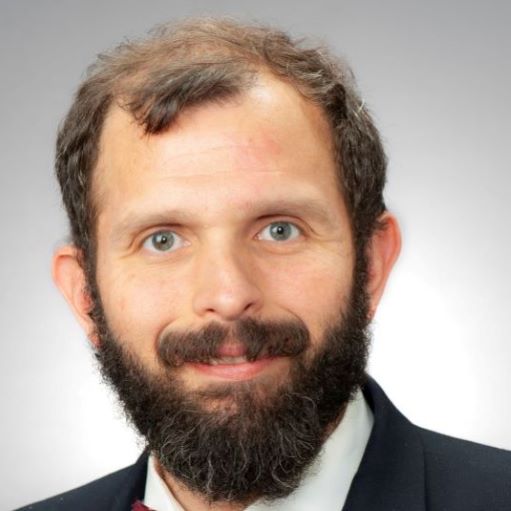
Heath Skinner
Program: Genome Stability
Summary
Heath D. Skinner, MD, PhD, is a Professor in as well as the Chair of the Department of Radiation Oncology at the University of Pittsburgh and UPMC Hillman Cancer Center. In addition to his leadership and clinical duties, Dr. Skinner maintains an active, translational research laboratory focused upon identifying novel, clinically targetable biomarkers of resistance to radiation. His group utilizes "big data" approaches to clinical specimens as well as in vivo screening techniques to generate novel targets for study. These targets are then further investigated in vitro,…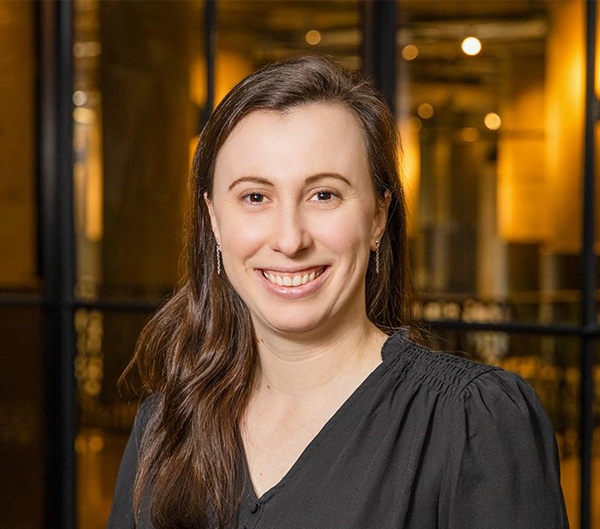
Natalie Smith
Program: Biobehavioral Cancer Control
Summary
My overarching research mission is to prevent cancer morbidity and mortality by generating tools and evidence to inform policy decision making. To support this mission, my research program emphasizes applying decision science methods, and draws from theories of public administration, political science, and dissemination and implementation science. My current projects focus on understanding processes of program and policy implementation, simulating how program and policy outcomes may differ under alternative implementation scenarios, and developing decision support tools to structure decision…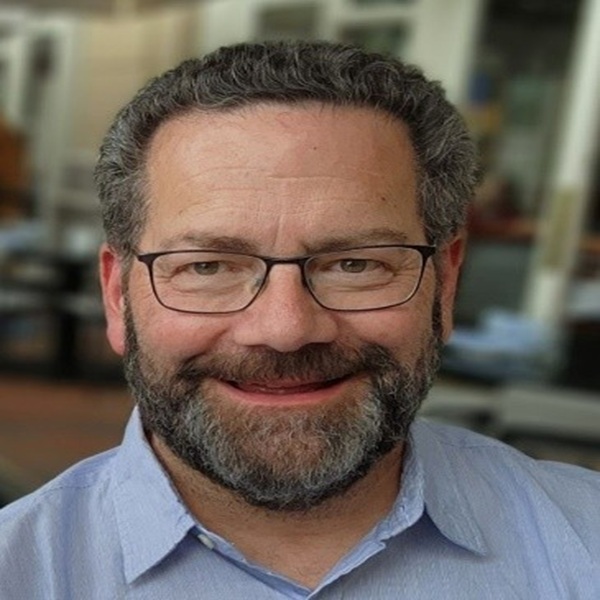
Thomas Smithgall
Program: Cancer Virology
Summary
Antiretroviral drug discovery. While current antiretroviral drugs have transformed HIV infection from a life-threatening illness to a chronic condition, they do not clear the virus and require life-long administration. Chronic antiretroviral drug exposure can be toxic and promote drug resistance, underscoring the urgent need for new approaches to combat HIV. We have discovered compounds that interfere with the functions of HIV-1 Nef as a new approach to antiretroviral therapy. Unique to primate lentiviruses, Nef is critical for HIV-1 replication in vivo, immune escape of HIV-infected cells,…

Alexander Sorkin
Program: Cancer Biology
Summary
The focus of the research in the laboratory is currently split into two major directions which are apparently distinct from each other with respect to the biological systems involved, their relation to the human disease, and experimental models used. However, the main idea underlying both directions is conceptually the same - to understand how endocytosis and post-endocytic trafficking regulates function(s) of the transmembrane proteins, such as receptors and transporters. The first direction is the elucidation of the molecular mechanisms of endocytosis of growth factor receptors using a…
Laura Stabile
Program: Cancer Biology
Summary
The Stabile Lab investigates oncogene-driven lung cancer with the overall goal of developing novel strategies for prevention and treatment. Lung cancer is the leading cause of cancer-related deaths worldwide, and a growing number of patients, particularly women, develop the disease despite never smoking. Lung cancer in never smokers exhibits distinct biological and molecular characteristics influenced by hormonal signaling, environmental exposures, and unique genetic alterations. Research in the lab aims to understand these mechanisms to inform the development of effective, personalized…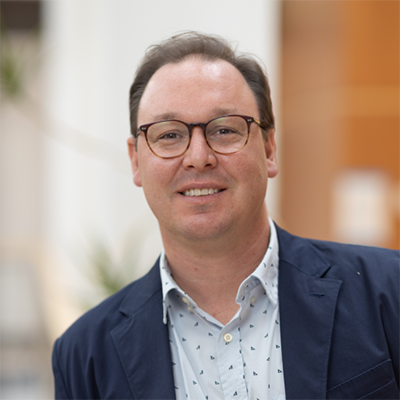
Wayne Stallaert
Program: Cancer Biology
Summary
Cell cycle dysregulation is a hallmark of every tumor. My lab uses quantitative single-cell microscopy and machine learning to study how the cell cycle changes during tumorigenesis, metastasis, and drug treatment, and the role of tumor microenvironment in regulating the proliferative state of a patient's tumor. Ultimately, our goal is to predict disease outcomes and therapeutic success by looking directly at the phenotype driving tumor growth — the cancer cell…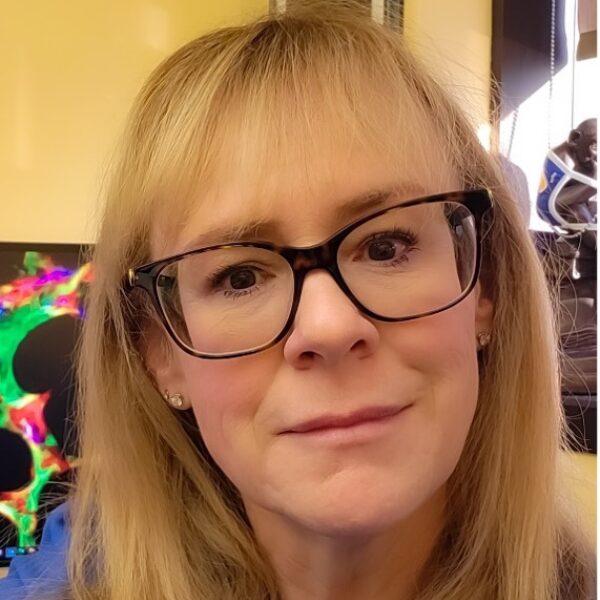
Claudette St. Croix
Program: Genome Stability
Summary
Dr. St. Croix is a tenured Professor of Cell Biology and an Associate Director of the CBI. She has been a PI or co-I on NIH-funded R01s, P01s and R21s, and has been continuously funded by the NIH since 2005. A major focus of the St. Croix laboratory is the use of advanced optical imaging technologies to dissect molecular signaling pathways controlling vascular function in rodent and zebrafish model systems of disease. Within the CBI, Dr. St Croix manages and directs the use and application of fluorescence-based optical microscopy with an emphasis on advanced tools multiparametric live…
Jennifer Steel
Program: Biobehavioral Cancer Control
Summary
My research interest including designing and testing novel psychosocial and behavioral interventions, including stepped collaborative care interventions, to improve quality of life in those with chronic medical conditions, psychoneuroimmunology, and caregiving.
Richard Steinman
Program: Cancer Biology
Summary
Dr. Steinman has interrogated the function and regulation of cdk inhibitors during quiescence and differentiation. His recent research focuses on the contribution of platelets to tumorigenesis and on potential platelet-based urinary biomarkers of treatment efficacy. He also oversees three programs involving over 190 physician scientist trainees and conducts related educational research.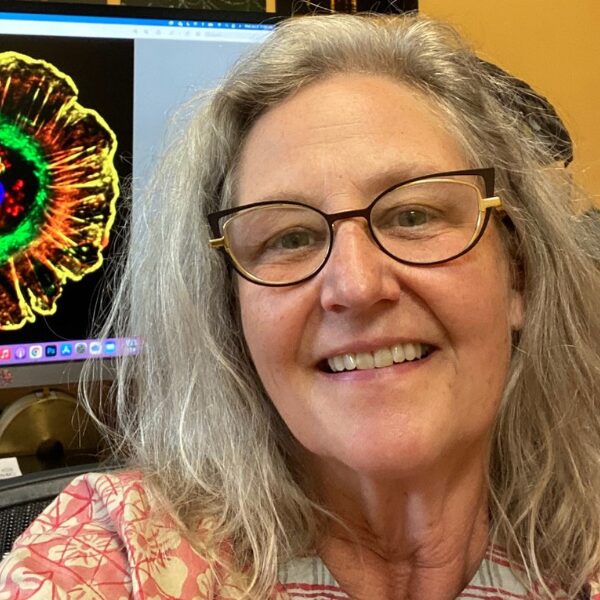
Donna Stolz
Program: Genome Stability
Summary
Dr. Donna Beer Stolz is the Associate Director of the Center for Biologic Imaging, University of Pittsburgh School of Medicine, and Professor in the Departments of Cell Biology and Pathology at the University of Pittsburgh. She has been the director of the Electron Microscopy arm if the CBI since 1997. Prior to arriving at the university, Dr. Stolz received her BS in Biochemistry in 1986 and a PhD in Molecular and Cellular Biology in 1991 from the University of Massachusetts, Amherst. Dr. Stolz is the author/coauthor of over 370 publications from her work at the Center for Biologic Imaging as…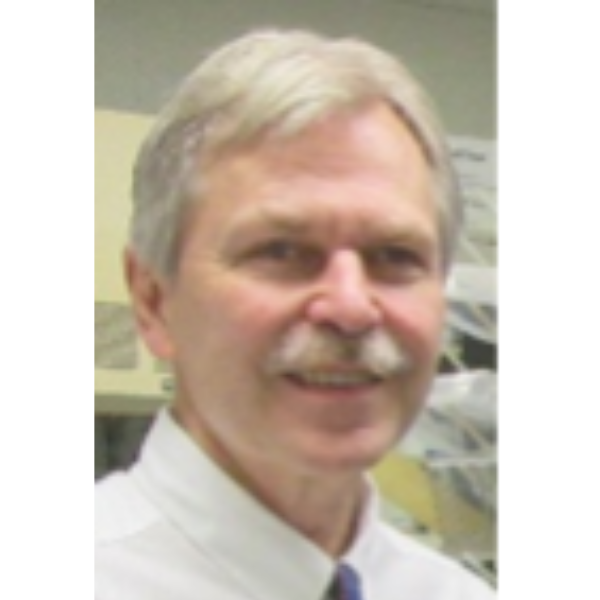
Walter Storkus
Program: Cancer Immunology and Immunotherapy
Summary
My laboratory studies tumor immunobiology and designs immunotherapies for the treatment of cancer based on results from translational modeling. My near-term research goal remains the development of novel phase I/II clinical trials for the immunotherapy of patients with cancer, with a focus on melanoma and renal cell carcinoma (RCC). Such treatment modalities include dendritic cell (DC)-based vaccines, vascular targeted inhibitors, innate immune cell activators and combination protocols integrating immune checkpoint inhibitors. The study of biomarkers of response to interventional…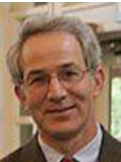
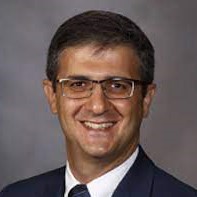
Ahmad Tafti
Program: Cancer Therapeutics
Summary
I am an Assistant Professor of Health Informatics in the Department of Health Information Management within the School of Health and Rehabilitation Sciences at the University of Pittsburgh, with a secondary appointment at the Intelligent Systems Program (ISP). I am also leading our efforts at the Pitt HexAI Research Laboratory. I am also affiliated with the Center for AI Innovation in Medical Imaging (CAIIMI). Starting from August 2022, I am honored to serve our community as the Vice Chair of IEEE Computer Society at Pittsburgh. I have a deep passion for…
Evelyn Talbott
Program: Cancer Epidemiology and Prevention
Summary
Dr. Talbott's areas of expertise are in environmental and cardiovascular epidemiology. Dr. Talbott has worked closely with both state and local health departments to conduct health studies investigating potential linkage of environmental exposures and health effects.
Kelly Tan
Program: Biobehavioral Cancer Control
Summary
Dr. Tan’s current research focuses on psychosocial issues faced by survivors of cancer and their caregivers such as depression, anxiety, and financial hardship. She is an experienced mixed methods researcher. Dr. Tan is currently developing a theory-based multi-level interventions to address cancer caregivers’ needs in clinical settings.
Curtis Tatsuoka
Program: Cancer Epidemiology and Prevention
Summary
Dr. Tatsuoka is Professor of Medicine and he co-directs the Biostatistics Facility at Hillman. He provides biostatistical expertise for data analysis, clinical trial and study design, and grant preparation. He has a broad collaborative background. His own methodological research has been and is currently funded by NSF and NIH, and his interests include adaptive experimental designs, such as in clinical trials and classification analyses, high performance computing, and imaging…
D Lansing Taylor
Program: Cancer Therapeutics
Summary
My research has been rooted in developing and applying new technologies involving “high content” imaging methods to biomedical challenges. We have been applying quantitative systems pharmacology (QSP) to multiple disease areas including liver diseases and solid tumor cancers. My interests include integrating QSP with patient microphysiology systems (MPS) to generate pathophysiological experimental and computational models to create a powerful paradigm in drug discovery and development. The latter has led to developing patient digital twins and patient biomimetic twins for liver…
Sarah Taylor
Program: Cancer Therapeutics
Summary
Dr. Taylor’s research interests include targeted and novel treatments of gynecologic cancer, correlated biomarker development for defining personalized cancer therapy, and screening and early detection of gynecologic cancers, particularly in individuals with hereditary predisposition to cancer. Her collaborations extend to colleagues within the Women’s Cancer Research Group at the University of Pittsburgh School of Nursing. As an interdisciplinary team of researchers, their focus is on overlapping research interests regarding patients’ quality of life, health services…
Lauren Terhorst
Program: Biobehavioral Cancer Control
Summary
Lauren Terhorst is a professor in the Department of Occupational Therapy with secondary appointments in the School of Nursing and the Clinical and Translational Science Institute. She is also the co-director of the SHRS Data Center. Her primary area of expertise is related to applications of statistical methodology in health science research. She is a co-investigator and biostatistician on several grants from agencies such as the National Institutes of Health and Patient Centered Outcomes Research Institute (PCORI). She serves as a reviewer for peer-reviewed journals and national funding…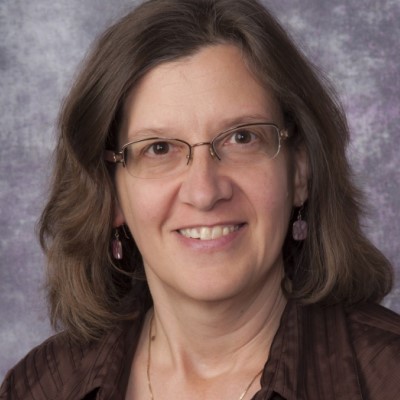
Jean Tersak
Program: Biobehavioral Cancer Control
Summary
Dr. Tersak is board-certified in Pediatric Hematology/Oncology. She provides care for pediatric oncology patients and long term survivors of childhood cancer. She is extensively involved in clinical research including the evaluation and treatment of patients with new diagnosis and research in the area of medical late effects and quality of life in childhood cancer survivors.
Gary Thomas
Program: Cancer Biology
Summary
We investigate signaling pathways that integrate membrane traffic with the regulation of homeostasis and the onset of disease, including cancer and autism, and we leverage these discoveries to develop targeted therapies. Our studies are grounded by our discovery of the PACS family of multi-functional sorting proteins. Currently, we are investigating how the PACS proteins regulate key deacetylases, including SIRT1 and HDAC6, to control signaling pathways impacting cancer cell death, obesity, and neurodevelopmental…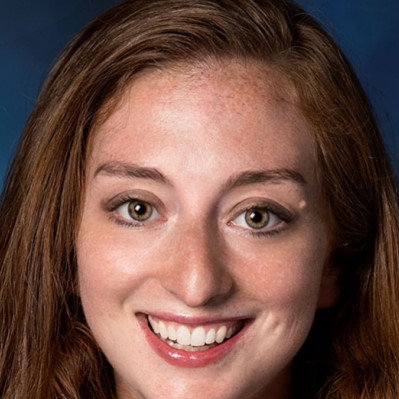
Teresa Thomas
Program: Biobehavioral Cancer Control
Summary
Dr. Thomas is a leader in promoting self-advocacy among patients with cancer. She has developed a model and measure of how patients advocate for their needs and priorities within the context of their cancer experience – the Self-Advocacy in Cancer Survivorship Model. Currently, her research evaluates the impact of a theoretically-based, patient-centered serious game (a motivational video game) intervention on women with advanced cancer’s self-advocacy skills, symptom burden, and use of health care services (R37CA262025 - NCT04813276). She also works with clinical nurses to…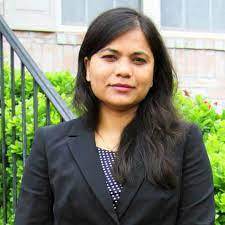
Meghan Tipre
Program: Biobehavioral Cancer Control
Summary
I am a social and environmental epidemiologist with expertise in research methods, statistics, geographic information system (GIS) and community-engaged research. My research interests focus on studying the relationship between environmental hazards and cancer, examining whether socio-cultural, biological, and behavioral determinants may mediate or moderate these relationships. I use a broad toolkit of research methods, including quantitative and qualitative methods, geographic information systems (GIS), and spatial statistics, to characterize risk factors and test…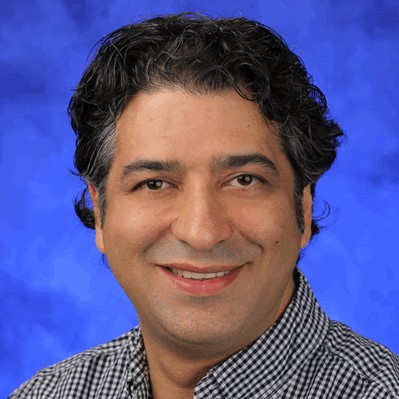
Mohamed Trebak
Program: Cancer Biology
Summary
I am an ion channel physiologist with long term interests in basic ion channel regulation and activation and the contributions of altered channel function to disease. I have been funded all my career by NHLBI, NIA and NIEHS and have developed strong interests in the contribution of ion channel dysfunction to cellular, molecular and metabolic remodeling in vascular proliferative diseases and lung obstructive diseases. Nevertheless, I have consistently maintained an interest in the nascent and exciting field of "ion channels and cancer". I have consistently had one postdoc (sometimes…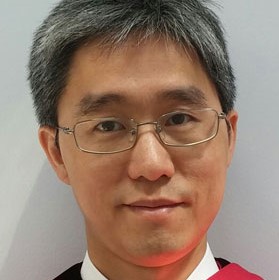
George Tseng
Program: Cancer Biology
Summary
Dr. George Tseng is Professor and Vice Chair for Research in the Departments of Biostatistics, School of Public Health, University of Pittsburgh. He also has secondary appointments in Human Genetics, and Computational and Systems Biology. He received BS (1997) and MS (1999) in Mathematics from the National Taiwan University under Dr. Hung Chen, and ScD (2003) in Biostatistics from the Harvard School of Public Health under Dr. Wing Hung Wong's lab. He joined Pitt since 2003 and leads a research group in Bioinformatics and Statistical Learning. His research interests focus on statistical…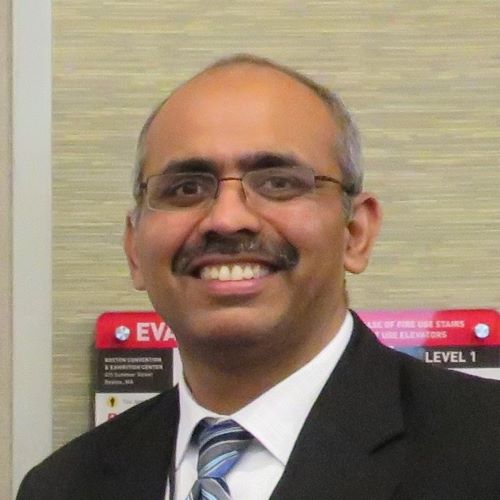
Pradeep Tyagi
Program: Cancer Therapeutics
Summary
Dr. Tyagi’s research interests include application of intravesical drug delivery techniques and urinary biomarkers to advance the diagnosis and care of bladder cancer, prostate cancer, benign prostatic hyperplasia and interstitial cystitis/painful bladder syndrome.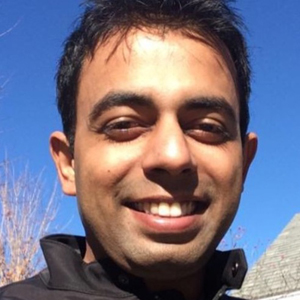
Shikhar Uttam
Program: Cancer Biology
Summary
Our research focuses on understanding the cancer systems biology of the tumor microenvironment. We are interested in studying how different cell types with varying lineages, and with different signaling and signal processing capabilities come together within the spatial context of the microenvironment to give rise to malignant phenotypes in individual patients, whether they be neoplastic transformation, cancer progression, recurrence, or response to therapy. Our specific interest is in gastrointestinal cancers (GI), particularly colorectal cancer, but we aim to expand our study to other solid…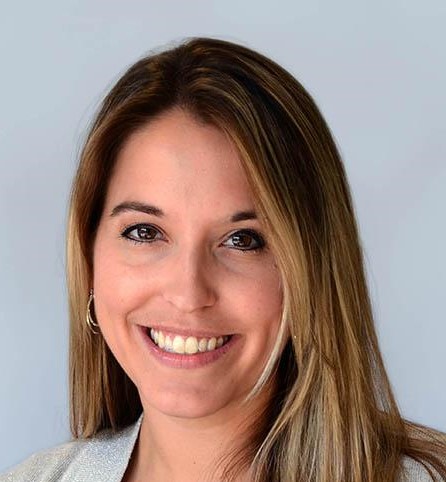

Bennett Van Houten
Program: Genome Stability
Summary
Our laboratory studies the formation and repair of DNA damage in nuclear and mitochondrial genomes. We are particularly interested in the structure and function of proteins that mediate DNA repair and the role of oxidative stress in human disease. We use state-of-the-art single molecule, biochemical and cell biology tools.
Gijsberta van Londen
Program: Biobehavioral Cancer Control
Summary
Dr. van Londen is an ABIM-certified medical oncologist and geriatrician whose research interests focus on a wide variety of topics relevant to cancer survivorship via multiple collaborations. However, her primary research focus relates to the assessment and management of adverse effects of adjuvant endocrine therapy in older cancer survivors.
Dario Vignali
Program: Cancer Immunology and Immunotherapy
Summary
Our research focuses on various aspects of T cell regulation and function:(1) Mechanistic Focus: (a) Immune Regulation: Regulatory T cells (Tregs): Identification of novel Treg molecules and their function; mechanism of Treg function; regulation of Treg stability via Nrp1 and other pathways; IL-35 signaling and mechanism of action; novel Ebi3 binding partner; IL-10 & IFNy function; neuron-immune interactions. (b) Immune Regulation: Inhibitory Molecules: Identification of novel inhibitory receptors (IR)…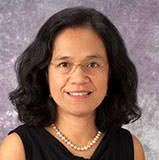
Flordeliza Villanueva
Program: Cancer Biology
Summary
Dr. Villanueva's research focuses on the development of medical diagnostic and therapeutic strategies based on ultrasound and ultrasound contrast agents (gas-filled microspheres, or microbubbles). Her work has consistently bridged fundamental imaging sciences with translational biomedical research. As an Established Investigator of the American Heart Association, she has been a leader in the development of microbubbles for the assessment of myocardial perfusion, and ultrasound molecular imaging with targeted microbubbles for the detection of inflammatory and angiogenic endothelial…
Liza Villaruz
Program: Cancer Therapeutics
Summary
Dr. Liza C. Villaruz is an Associate Professor of Medicine at the University of Pittsburgh and UPMC Hillman Cancer Center and Co-Leader of the Immunotherapy and Drug Development Center at Hillman. She is a clinical and translational investigator in lung cancer with a focus on early drug development. She has active involvement in current clinical trials and a strong track record of successful development of institutional clinical trials with the National Cancer Institute and with industry…
Andreas Vogt
Program: Cancer Therapeutics
Summary
My major research interests center around the discovery of small molecules with phenotypic assays in clinically relevant cellular and whole organism models. It is becoming increasingly clear that better models of the in vivo milieu are needed to improve the discovery of new drug candidates. Zebrafish, C. elegans, and Drosophila in particular provide unique opportunities to discover novel potential therapeutics using functional assays in a living animal as a complement to cellular and tissue model approaches. Together with members in the Departments of Neurology and Developmental Biology, I…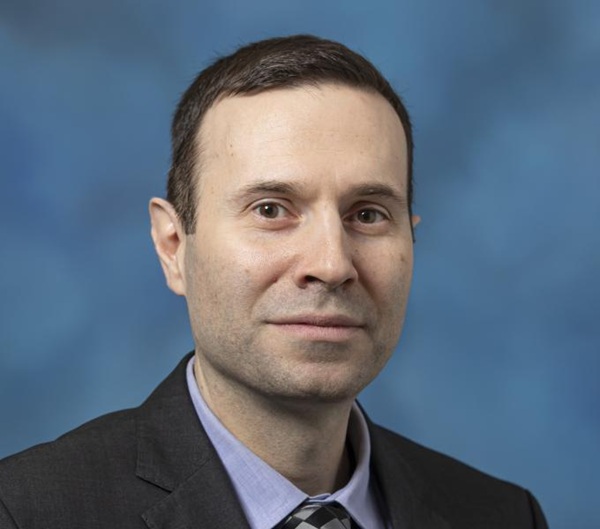
Lazar Vujanovic
Program: Cancer Immunology and Immunotherapy
Summary
As an experienced immunologist, my research focuses on understanding the complex immune and stromal interactions within the head and neck squamous cell carcinoma (HNSCC) tumor microenvironment (TME). Utilizing single-cell RNA sequencing (scRNAseq), multispectral imaging, and spectral flow cytometry, I have worked to define the heterogeneity of immune responses in HNSCC and melanoma (Kürten et al., Nat Commun. 2021; Janjic et al., Front Immunol. 2022; Wang et al., JITC. 2025; Li et al., Cancer Cell. 2025). My current research focuses on investigating innate immune mechanisms that promote…
Hong Wang
Program: Genome Stability
Summary
Dr. Wang’s primary areas of research interest include design and statistical analysis of clinical trials and pre-clinical studies, and correlated survival analysis. Other areas of interest include microbiome data analysis, statistical analysis of Multiplex Immunofluorescence (mIF) data, and in vitro and in vivo radiation survival analysis.As a Research Associate Professor in the Department of Biostatistics, and Biostatistician and former Interim Director of UPMC Hillman Cancer Center (HCC) Biostatistics Facility, Dr. Wang has been collaborating with HCC medical investigators since…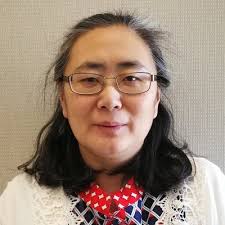
Jing Wang
Program: Cancer Immunology and Immunotherapy
Summary
The goals of my research program include: (1) define the cellular and molecular mechanisms of immune evasion during cancer development; (2) develop more effective cancer immunotherapy, with a focus on head and neck squamous cell carcinomas (HNSCCs) and B cell lymphomas; (3) elucidate the basic mechanisms of antibody gene diversification and B cell lymphomagenesis. We employ mouse models, human samples, and novel methodologies to elucidate mechanisms underlying the heterogeneous responses to immune checkpoint inhibitors in…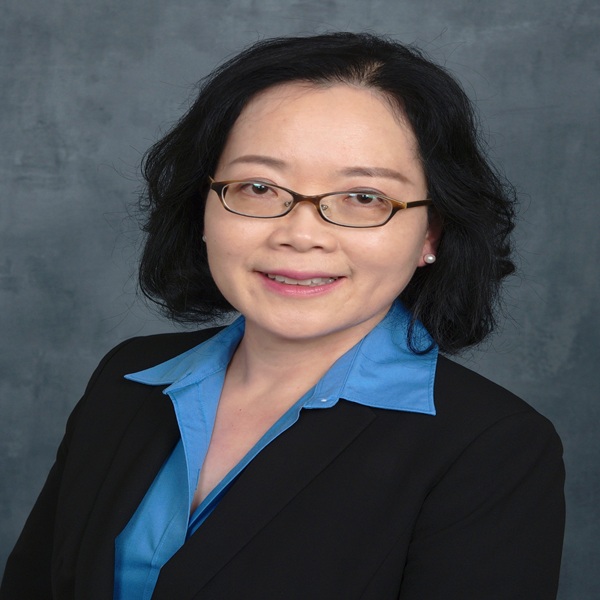
Qiming Wang
Program: Cancer Therapeutics
Summary
Dr. Wang's laboratory conducts basic and translational research on oncogenic protein kinases, with a focus on diacylglycerol-regulated kinases, cell cycle checkpoint kinases, and the development of targeted cancer therapies against these enzymes. Her work combines molecular, cellular, genetic, and in vivo approaches to uncover the roles of these kinases in cancer progression, particularly in prostate cancer. The lab has pioneered the development of selective PKD inhibitors with in vivo efficacy, advancing them as potential targeted therapies for cancer. Her research bridges cancer…
Xiaosong Wang
Program: Cancer Biology
Summary
The Cancer Genome Project Initiatives have generated a daunting amount of genomic and deep sequencing data for tens of thousands of human tumors. An overarching challenge of this post-genomic era is to identify and recognize the cancer drivers and targets from these big genomic data, especially those that can be therapeutically targeted to improve the clinical outcome. The mission of our lab is to apply a multiple disciplinary approach inclusive of integrative bioinformatics, cancer genetics, molecular cancer biology, and translational studies to identify driving genetic aberrations and…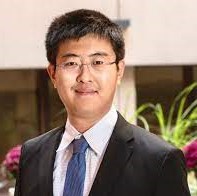
Yanshan Wang
Program: Cancer Epidemiology and Prevention
Summary
My research focuses on clinical natural language processing, digital phenotyping, clinical data infrastructure, cohort identification for clinical and translational research. My primary focus lies in leveraging electronic health records (EHRs), with a particular emphasis on unstructured EHR data, including, but not limited to, clinical notes, radiology reports, and pathology reports. I have expertise in developing natural language processing (NLP) algorithms to extract valuable information from these sources, such as cancer stage, histology, tumor grade, cancer subtypes, and treatment…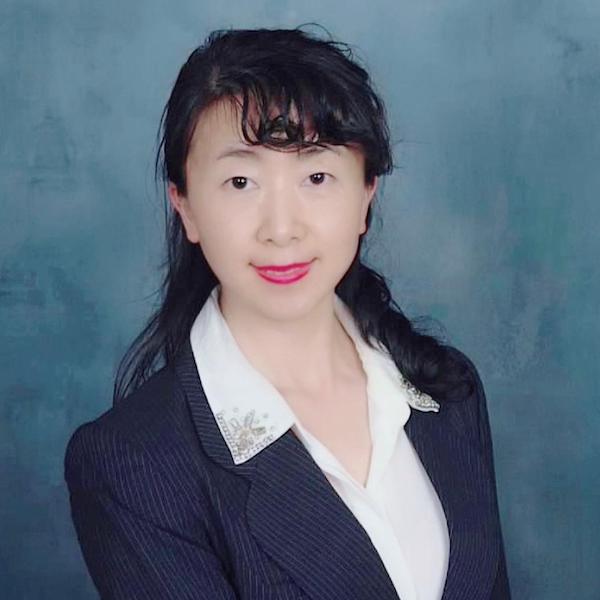
Yue Wang
Program: Cancer Biology
Summary
I am doing cancer research related to molecular biology, genetics, data mining with bioinformatics and immunology. According to immune relationship with cancers, there are hot tumors and cold tumors including immune cells exclusion and immune cell deserts to influence the progress of cancer patients, the "hot" tumors with immune infiltration has more chance for the carriers to get complete response to ICI therapy and chemotherapy. Our T cell migration test followed by flowcytometry showed the TNBC (Triple negative breast cancer) which has gene fusions of BCL2L14ETV6 has more resistant to T…
Zhou Wang
Program: Cancer Biology
Summary
One focus of my lab is to investigate the mechanisms regulating androgen receptor (AR) nuclear localization, particularly androgen-independent AR nuclear localization in castration-resistant prostate cancer (CRPC) which is the second leading cause of cancer death in American men. AR remains to be the key driver in majority of CRPC tumors resistant to the current AR targeting agents. AR nuclear localization is necessary for its function as a transcription factor. According to the classical model of AR nucleocytoplasmic trafficking, AR is present in the cytoplasm in the absence of…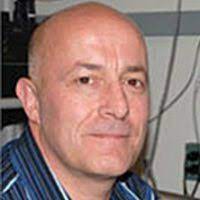
Simon Watkins
Program: Genome Stability
Summary
Optical Microscopy has formed the core of my research career since my graduate training in England. In the CBI which I founded and direct, we build, test, and use cutting edge optical tools for all types of research microscopic imaging in cells, tissues and animals from the single molecule to the whole animal, the goal being to build highly flexible, maximally effective imaging solutions, to be used by academic researchers. In fact a major focus of my career and of the Center is to develop, train and imbue researchers at all levels (undergraduate, student, post-doc and faculty)…
Kurt Weiss
Program: Cancer Biology
Summary
In addition to specializing in pediatric and adult orthopaedic oncology, Dr. Weiss directs a basic science laboratory dedicated to the study of sarcomas ' cancerous tumors that arise in musculoskeletal tissues. As a bone cancer survivor himself, Dr. Weiss brings passion and enthusiasm to the laboratory, clinic, and operating room.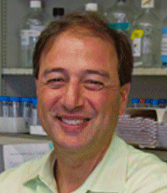
Alan Wells
Program: Cancer Biology
Summary
The Wells Laboratory research program, in close collaboration with its research partners, aims to understand cell migration in terms of how motility processes are regulated, and understand how this regulation of migration plays a role in physiologic and pathologic situations. We are integrating the knowledge gained from our biochemical and biophysical mechanistic studies into our investigations concerning conditions of dysregulated (tumor invasion) and orchestrated (wound healing and organogenesis) cell motility. As part of understanding the motility response, we are investigating both how…
Susan Wesmiller
Program: Biobehavioral Cancer Control
Summary
The focus of my research is the genetics of postoperative symptoms. Specifically, I am studying the association of several genes and postoperative and post-discharge nausea and vomiting in women following surgery for breast and ovarian cancer. We would like to be able to understand why some women do not respond to antiemetic medications, and to predict who is at greatest risk.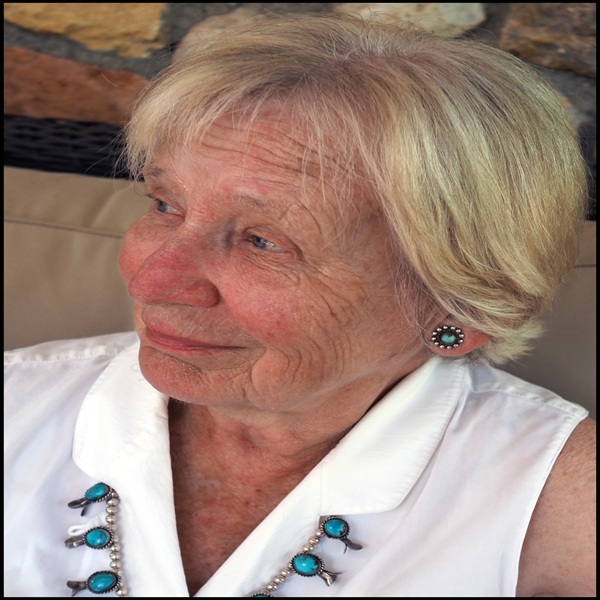
Theresa Whiteside
Program: Cancer Immunology and Immunotherapy
Summary
Dr. Whiteside’s research interests are in tumor Immunology and immunotherapy with special focus on mechanisms of tumor-induced immunosuppression, extracellular vesicles, cytokine networks, immunology of human head and neck cancer, melanoma, acute myelogenous leukemia and breast cancer. Her research is focused on mechanisms of tumor escape from the host immune system and the development of therapies designed to eliminate tumor escape. She studies the role of check point inhibitors in cancer progression. Currently she is…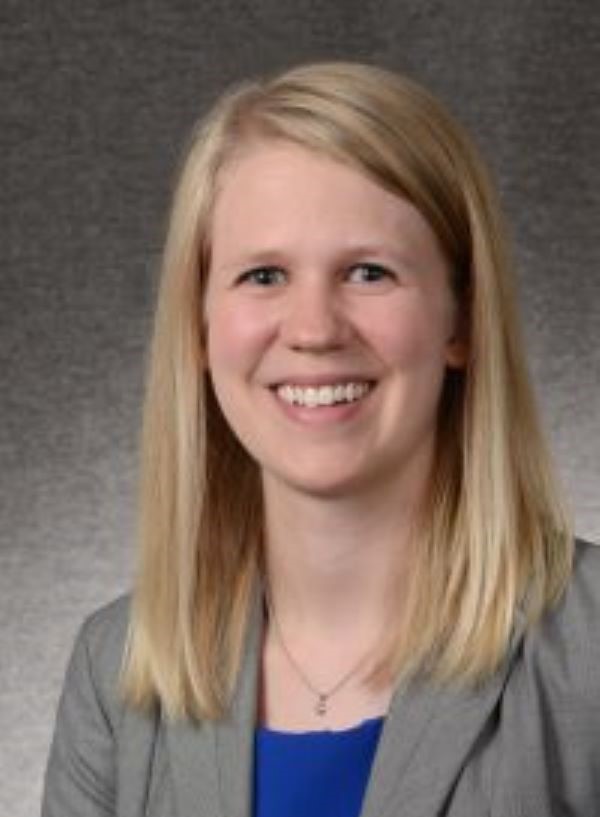
Michelle Williams
Program: Cancer Biology
Summary
Despite high prevalence and mortality rates, few research programs focus on breast cancer liver metastasis and little is known about the impact of metastatic breast cancer cells on the liver microenvironment. My research program seeks to fill these gaps in knowledge by testing the impact of breast cancer cell secreted factors on the liver metastatic microenvironment focusing on cytokines and metabolites. Our overall goal is to identify targetable pathways to enhance immune cell presence and activation at this deadly metastatic site. Current research is focused on addressing the following…
David Wilson
Program: Cancer Epidemiology and Prevention
Summary
Dr. Wilson's research interests include: lung cancer screening and early detection, biomarker development and implementation, chemoprevention, diagnosis, staging and treatment of lung cancer; COPD, especially as it relates to lung cancer.
Peter Wipf
Program: Cancer Therapeutics
Summary
The Wipf group develops tools of synthetic organic chemistry in the search for innovative new therapies and therapeutics. We identify original synthetic methods, strategies and molecular mechanisms, and we apply them in medicinal chemistry and chemical biology, total synthesis, and natural products chemistry. We select target molecules on the basis of their unique architectures and biological activities, as well as for showcasing our synthetic methods. We employ insights from flow and photochemistry, material science and nanoparticle research to improve synthetic access and modify the…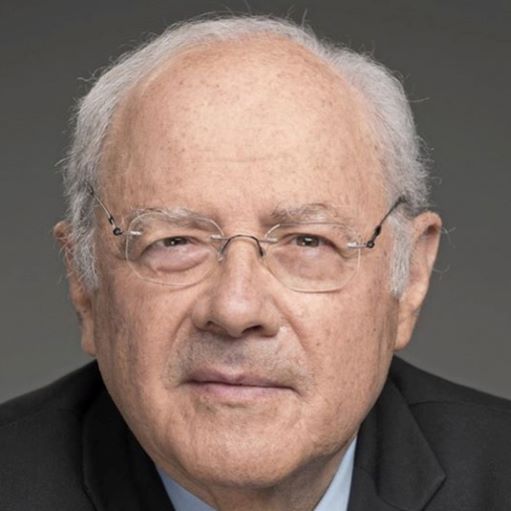
Norman Wolmark
Program: Cancer Therapeutics
Summary
Norman Wolmark, MD, has spent decades conducting groundbreaking research and early clinical trials in the treatment of breast and bowel cancers. Many of his early studies were conducted at the University of Pittsburgh alongside the late Dr. Bernard Fisher. Dr. Wolmark serves as Chairman of the NSABP Foundation and as Group Chair and Contact Principal Investigator of the NCI-funded NRG Oncology research organization, which combined the legacy National Surgical Adjuvant Breast and Bowel Project (NSABP), Radiation Therapy Oncology Group (RTOG), and Gynecologic Oncology Group (GOG). Dr.…
Risa Wong
Program: Biobehavioral Cancer Control
Summary
I am a medical oncologist and hematologist specializing in genitourinary cancers. My research interests are in symptom management and quality of life for patients with genitourinary cancers, particularly for patients with prostate cancer undergoing androgen deprivation therapy.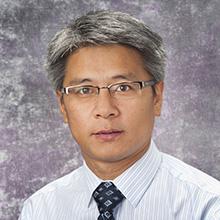
Shandong Wu
Program: Cancer Epidemiology and Prevention
Summary
My research interfaces a broad range of interdisciplinary in computational science and medicine for translational and clinical applications. My main research areas include computational biomedical imaging analysis, big (health) data coupled with machine/deep learning, imaging-based clinical studies, radiomics/radiogenomics, and artificial intelligence in clinical informatics/workflows. Current research interests center on computational breast imaging and clinical studies for investigating quantitative imaging-derived biomarkers, models, and systems for breast cancer screening, risk…
Wen Xie
Program: Cancer Therapeutics
Summary
The research focus of Dr. Xie's laboratory is nuclear receptor-mediated transcriptional regulation of genes that encode drug metabolizing enzymes and drug transporters. In addition to metabolizing drugs, the same enzyme and transporter systems are responsible for the homeostasis of endogenous chemicals. Therefore, besides drug metabolism and disposition, this regulation has broad implications in many human diseases, including liver diseases (fatty liver, liver fibrosis, liver cancer, and autoimmune hepatitis), endocrine disorders, metabolic syndrome, and cancers. Dr. Xie’s research is…

Da Yang
Program: Cancer Biology
Summary
Da Yang's lab studies cancer pharmacogenomics by integrating bioinformatics and experimental tools. We are specifically focused on identifying novel disease-driving none-coding RNAs (ncRNAs), modeling ncRNA down-stream regulatory network, and characterizing ncRNAs’ function in cancer therapy using in vivo and in vitro cancer models. Our integrative strategy has led to the discovery of novel RNA genes that serve as master regulators of drug resistance in ovarian and breast cancers by regulating EMT (Cancer Cell, 2013) and DNA repair pathway (JNCI, 2015; JAMA, 2011;…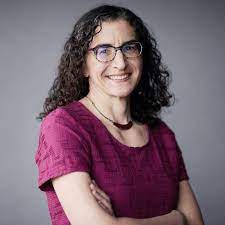

Linwah Yip
Program: Cancer Epidemiology and Prevention
Summary
Dr. Yip's primary research interest is evaluating the role of molecular markers in thyroid and parathyroid cancer to improve risk stratification and optimize efficacy in patient management algorithms.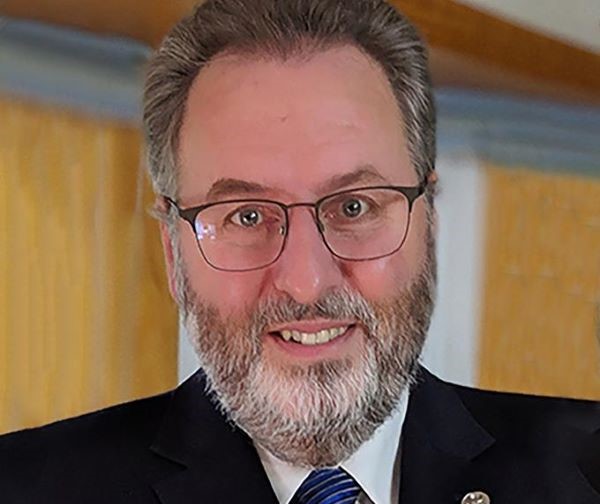

Jian-Min Yuan
Program: Cancer Epidemiology and Prevention
Summary
Dr. Yuan is a cancer epidemiologist with extensive experience in research on cancer etiology and prevention. Dr. Yuan’s research lab has been continuously funded by National Cancer Institute for more than two decades. Currently, Dr. Yuan’s research focuses on the impact of obesity on risk of cancer. Dr. Yuan also is leading a team of scientists to evaluate the effectiveness of sulforaphane derived from broccoli on reduction of risk markers for lung cancer in high-risk individuals. As Principal Investigator of both the Shanghai Cohort Study and the Singapore Chinese Health Study,…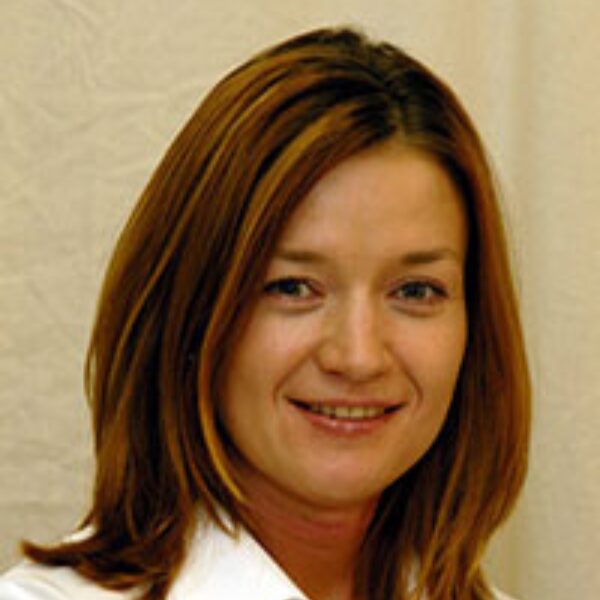
Irina Zabbarova
Program: Cancer Therapeutics
Summary
About one-third of the patients treated for prostate cancer opts for surgical removal of their tumors, with the remaining undergoing external beam radiation therapy (EBRT) or brachytherapy, along with androgen deprivation therapy (ADT; e.g., Leuprolide). While irradiation destroys the majority of cancerous cells, surviving ones can become senescent and resistant to treatment with increased risk of tumor reemergence. We have preliminary data that cinaciguat, a soluble guanilate cyclase (sGC) activator, decreases Bcl-2/BAX to enhance clearance and prevent reemergence of TRAMP-C1 orthotopic…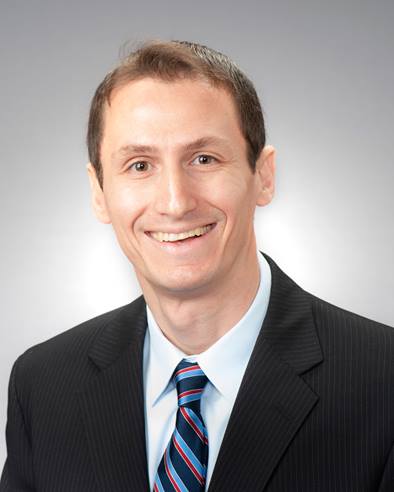

Reza Zarnegar
Program: Cancer Biology
Summary
The focus of Dr. Zarnegar’s laboratory is to decipher the molecular mechanisms by which Hepatocyte Growth Factor (HGF) and its receptor MET regulate hepatocyte growth and metabolism. In particular, their focus is on the regulation of hepatic glucose and fat metabolism and its implication in Fatty Liver Disease. Studies are also aimed at exploiting HGF/MET in chronic liver diseases inflicted by liver inflammation, hepatocyte degeneration and hepatitis such as NASH. Dr. Zarnegar’s laboratory also studies HGF gene mutation in human cancer such as breast, colon, and liver cancer…
Hassane Zarour
Program: Cancer Immunology and Immunotherapy
Summary
Hassane Zarour, MD is a dermatologist and cancer immunologist whose research focuses on basic and translational human cancer immunology in the melanoma field. His work has led to the identification of novel melanoma MHC class II-presented epitopes that have been used in investigator-initiated trials at UPMC Hillman Cancer Center as well as in multi-center trials. Most recently, Dr. Zarour's work has contributed to elucidating the role of inhibitory receptors in promoting melanoma-induced T cell dysfunction in the tumor microenvironment. These findings led to the development of novel…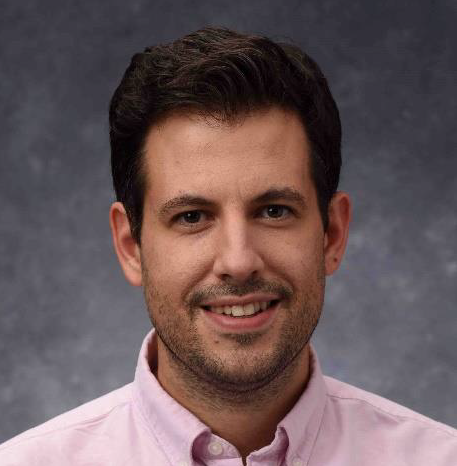
Ioannis Zervantonakis
Program: Cancer Biology
Summary
Understanding cell behavior in native tumor microenvironments and developing new strategies to deliver therapeutics directly to tumor cells are critical in improving and extending patients’ lives. Our lab employs a quantitative approach that integrates microfluidics, systems biology modeling, and in vivo experiments to investigate the role of the tumor microenvironment on breast and ovarian cancer growth, metastasis and drug resistance. Our goal is to develop bioengineered tumor microenvironment platforms and apply them to improve understanding of tumor-stromal signaling mechanisms in…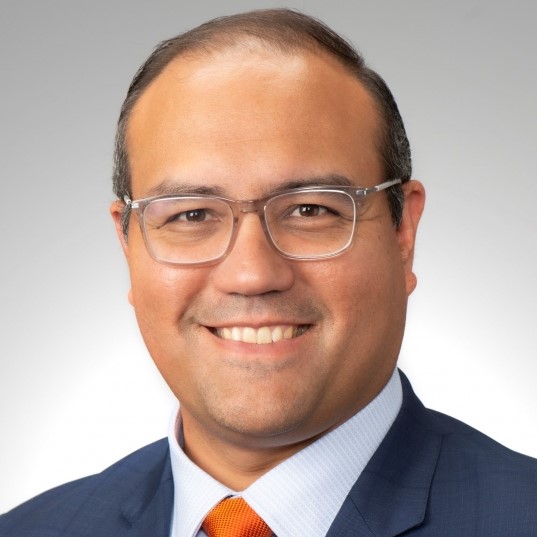
Jose Zevallos
Program: Cancer Epidemiology and Prevention
Summary
Dr. Zevallos serves UPMC Hillman Cancer Center as the interim deputy director. He is the chair of the Department of Otolaryngology. Dr. Zevallos’ clinical interests include the management of head and neck squamous cell carcinoma, salivary gland tumors, thyroid and parathyroid conditions, and benign tumors of the head and neck. He has a special interest in transoral robotic surgery for HPV+ oropharyngeal squamous cell carcinoma.Dr. Zevallos has published over 120 peer-reviewed research articles and is a highly sought-after speaker at national and international conferences on head…
Hua Zhang
Program: Cancer Therapeutics
Summary
The main research focuses of my lab are: 1. establishing new immunocompetent mouse models for lung cancer and utilizing them to study the therapeutic efficacy and mechanisms of novel combination of targeted therapy with immunotherapy 2. identifying new therapeutic vulnerabilities to overcome drug resistance in lung cancer 3. characterizing the organ-specific tumor immune contexture to develop immunotherapeutic strategies. 4. targeted degradation of KRAS mutants using in vivo PROTAC…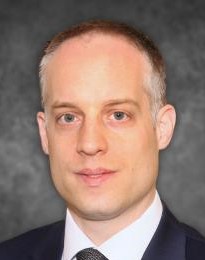

Joseph Zmuda
Program: Cancer Epidemiology and Prevention
Summary
My research primarily focuses on the epidemiology and genetics of osteoporosis. A long-term goal is to identify and characterize the genetic factors underlying osteoporosis susceptibility in different ethnic/racial groups. To achieve these goals, we have used several strategies including: population-based candidate gene methods; genome-wide admixture, linkage and association mapping; and most recently, an in vitro cellular model. This later approach is enabling us to translate discoveries made at the cellular level to the 'population' and vice versa to gain insight into the molecular genetic…
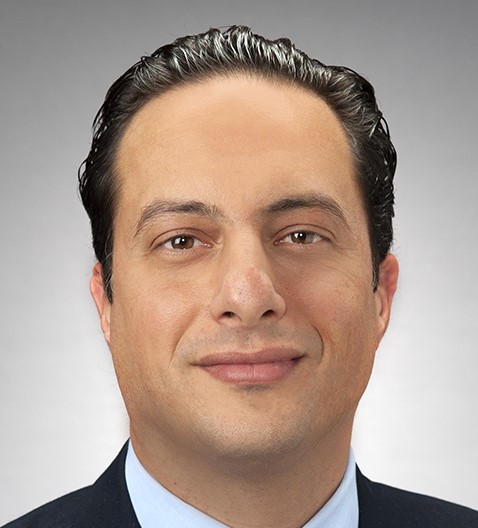
Amer Zureikat
Program: Cancer Therapeutics
Summary
Amer H. Zureikat, MD, is chief of the Division of Gastrointestinal (GI) Surgical Oncology at UPMC Hillman Cancer Center, co-director of the UPMC Hillman Cancer Center Pancreatic Cancer Program, and associate professor of surgery at the University of Pittsburgh School of Medicine. Dr. Zureikat specializes in cancers and diseases of the pancreas, stomach, liver, and duodenum, and practices state-of-the-art robotic…


